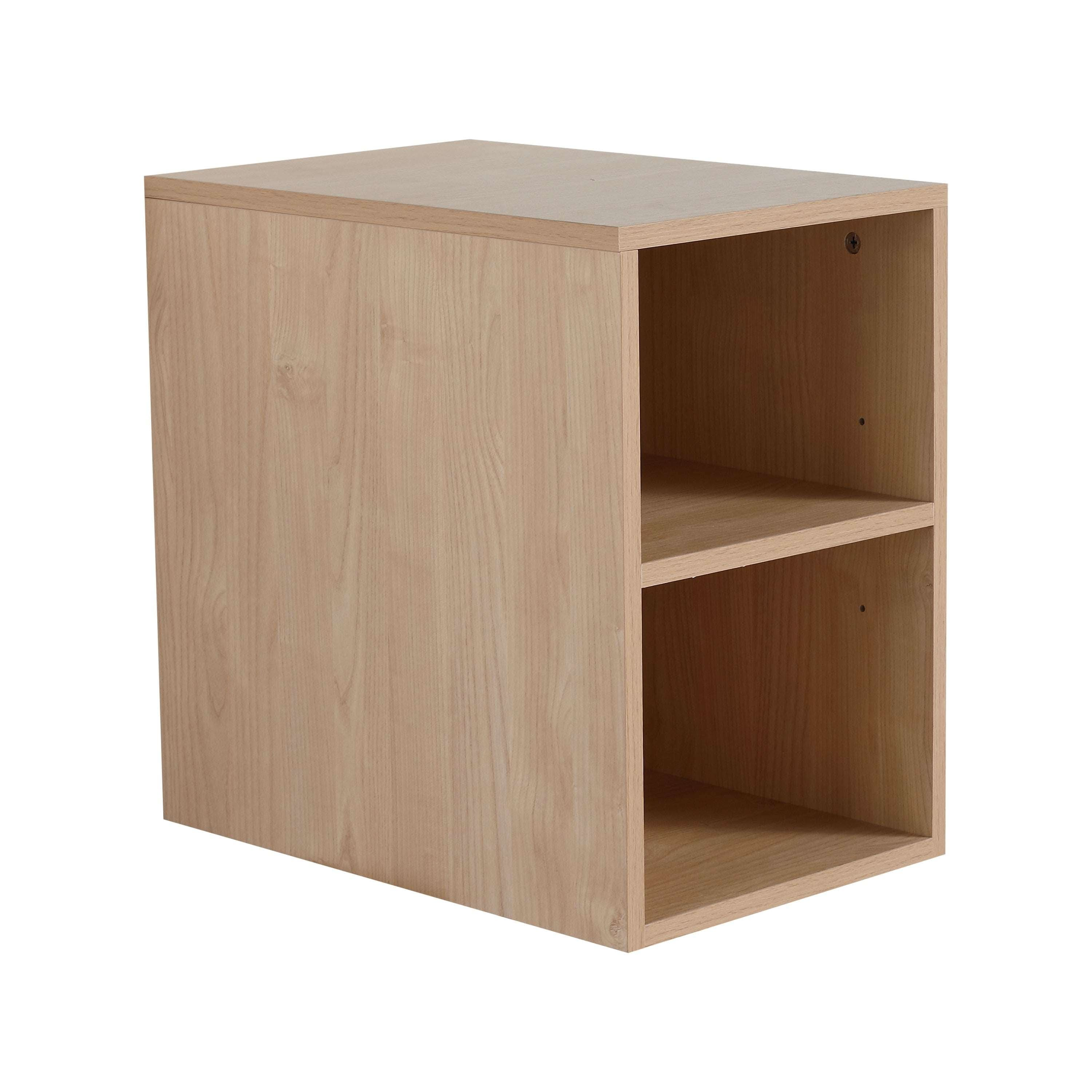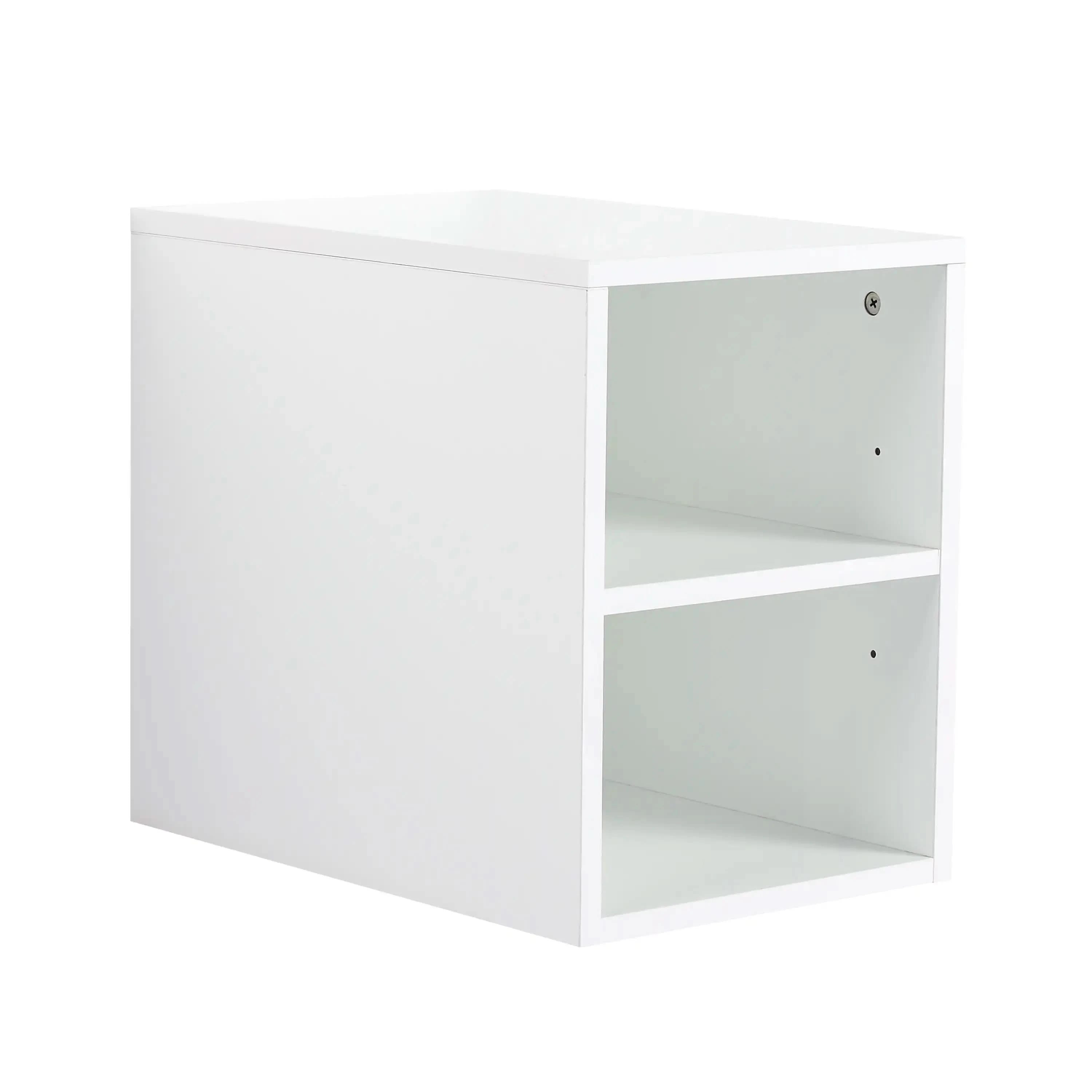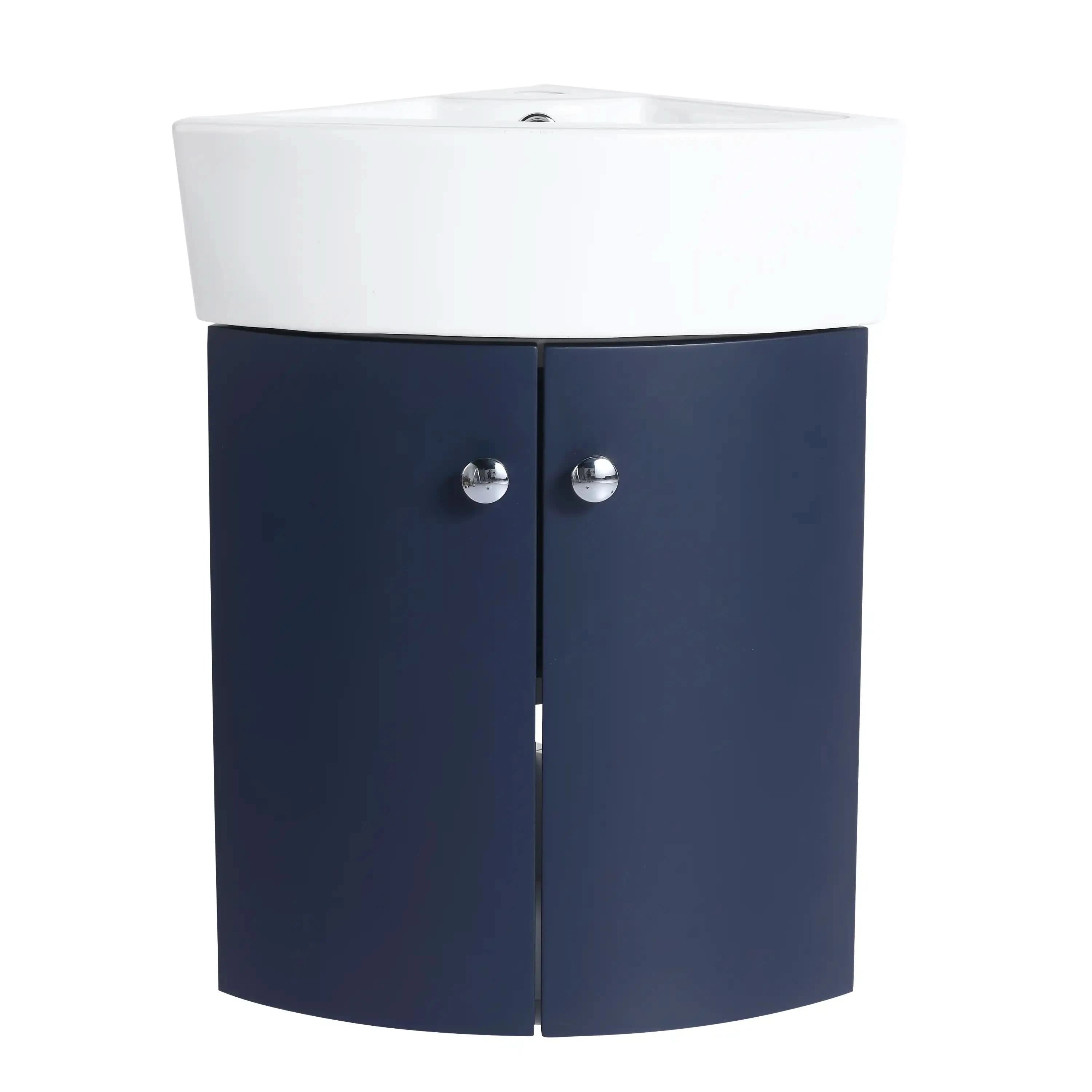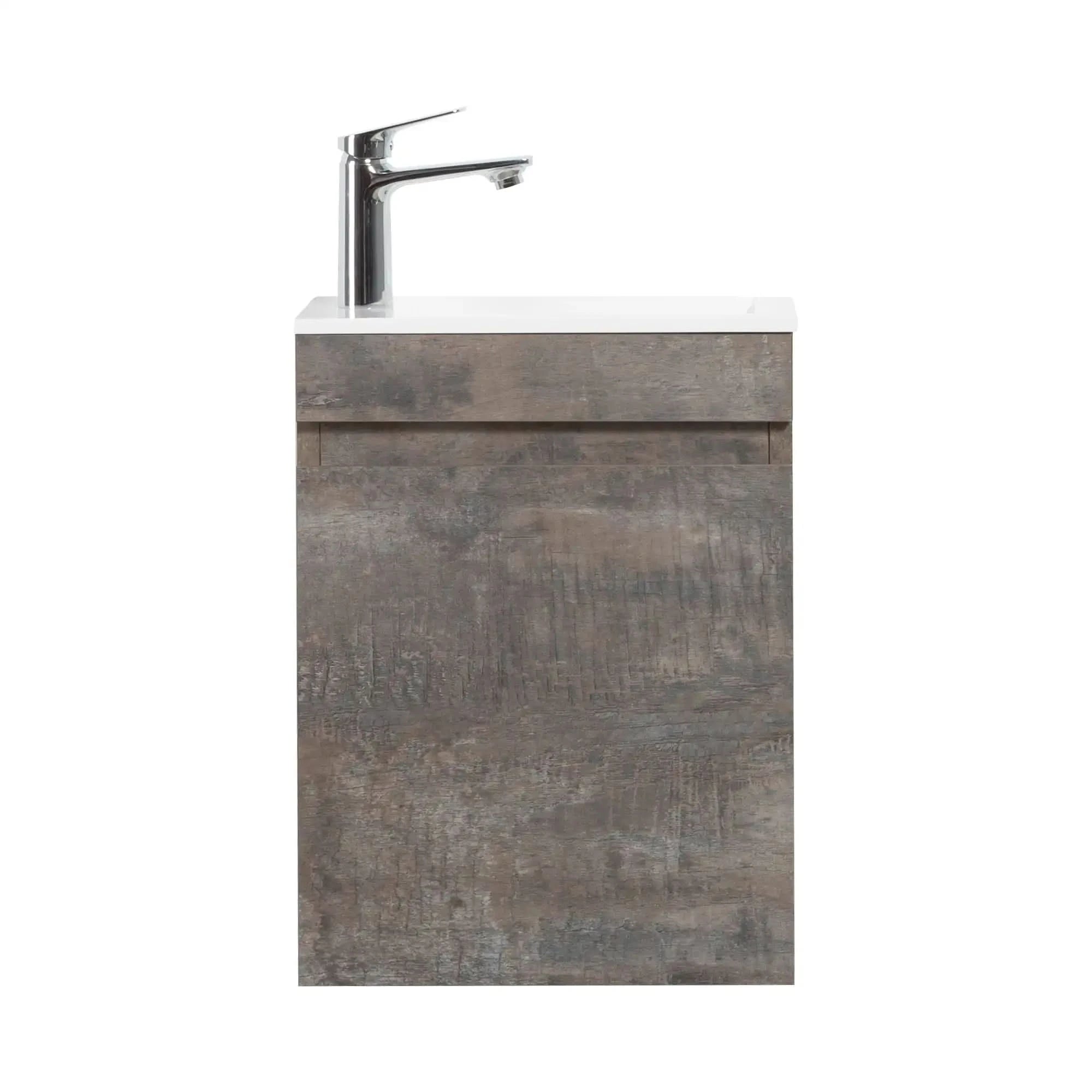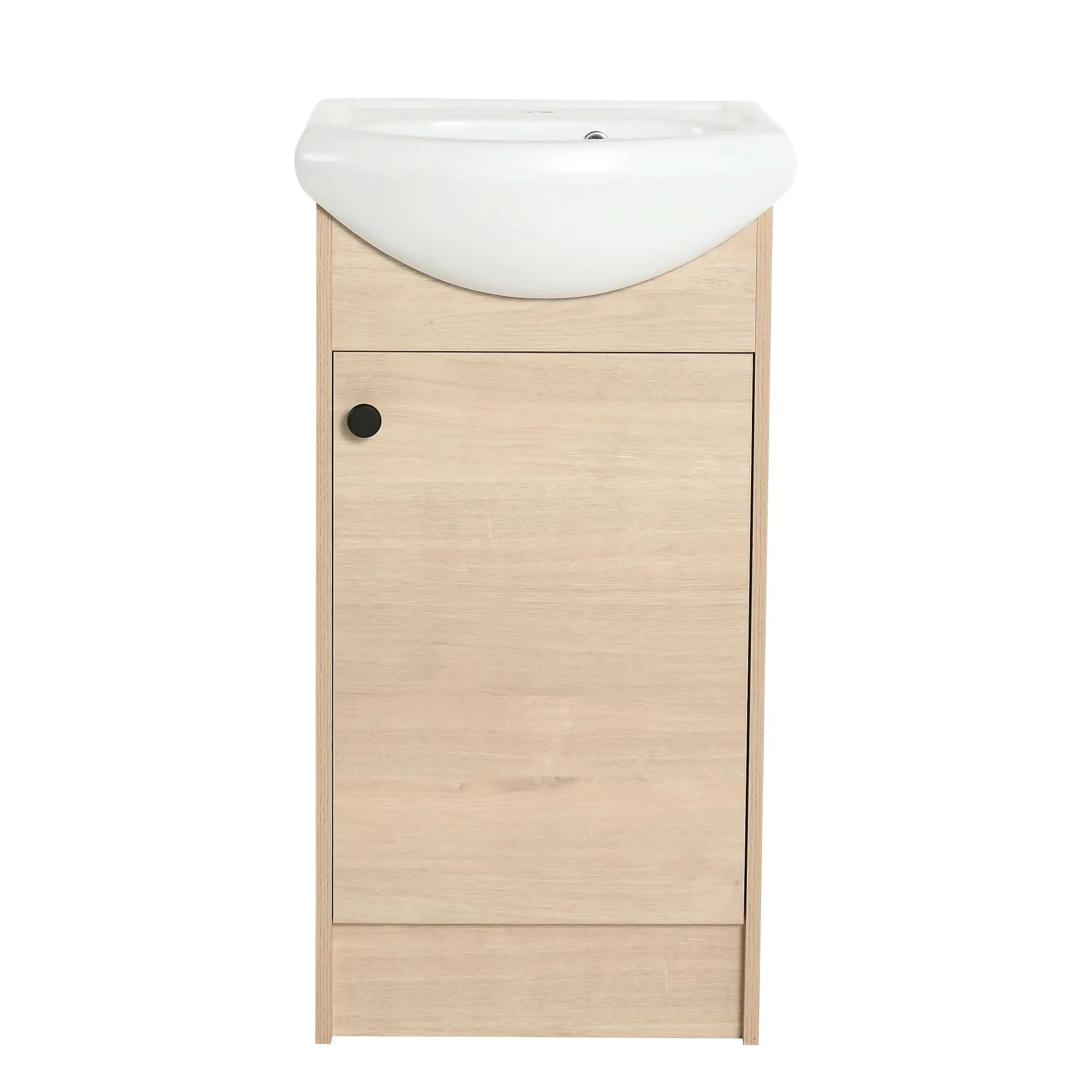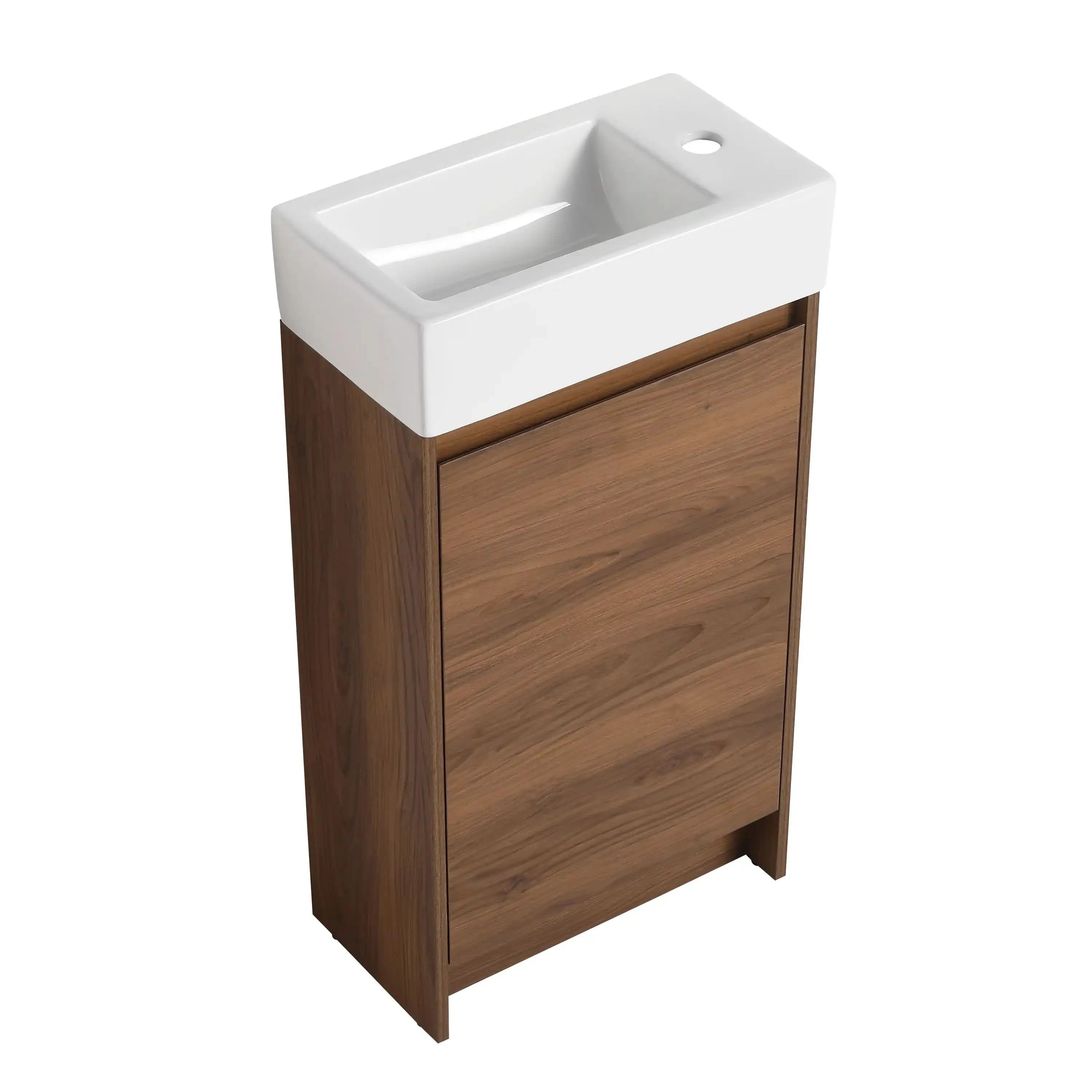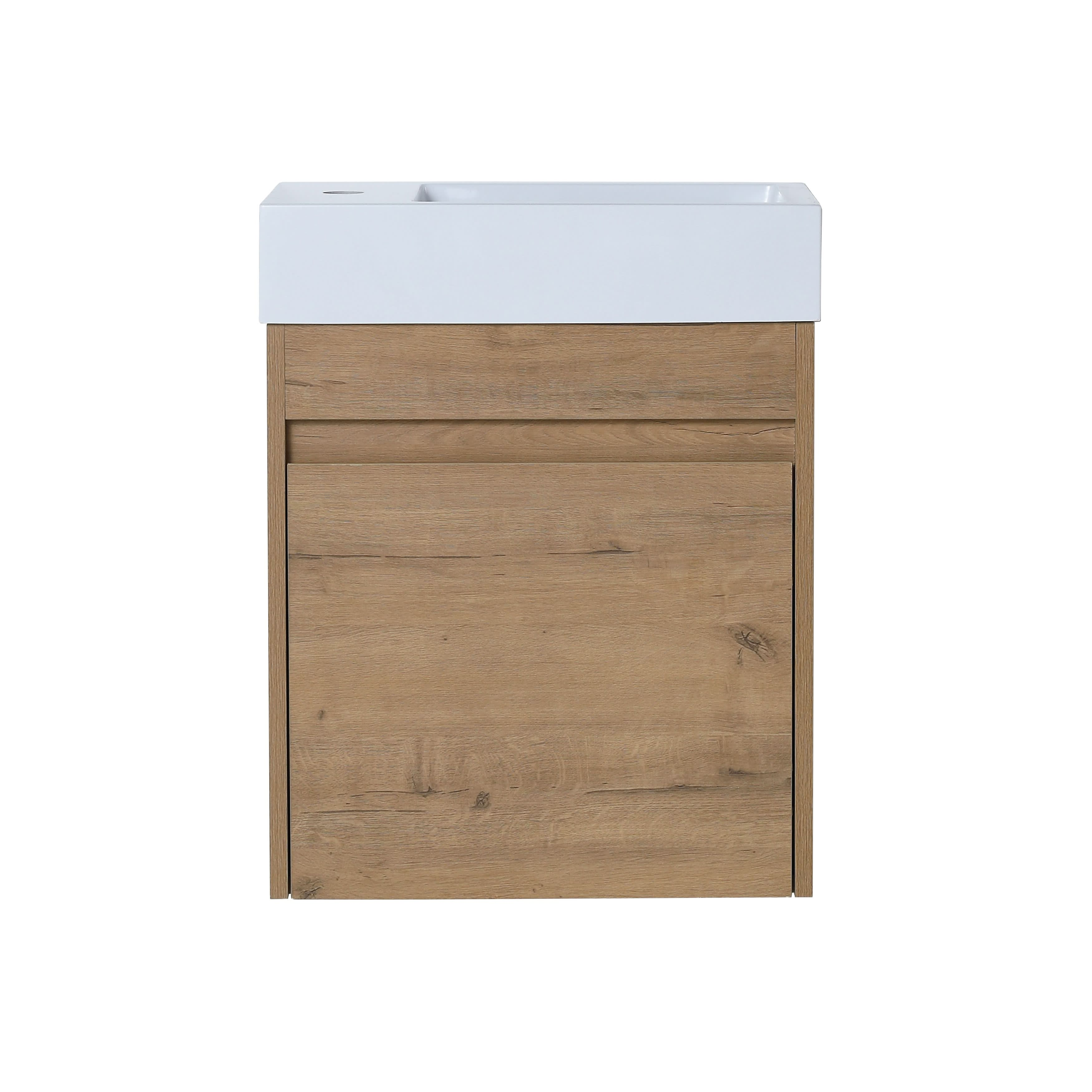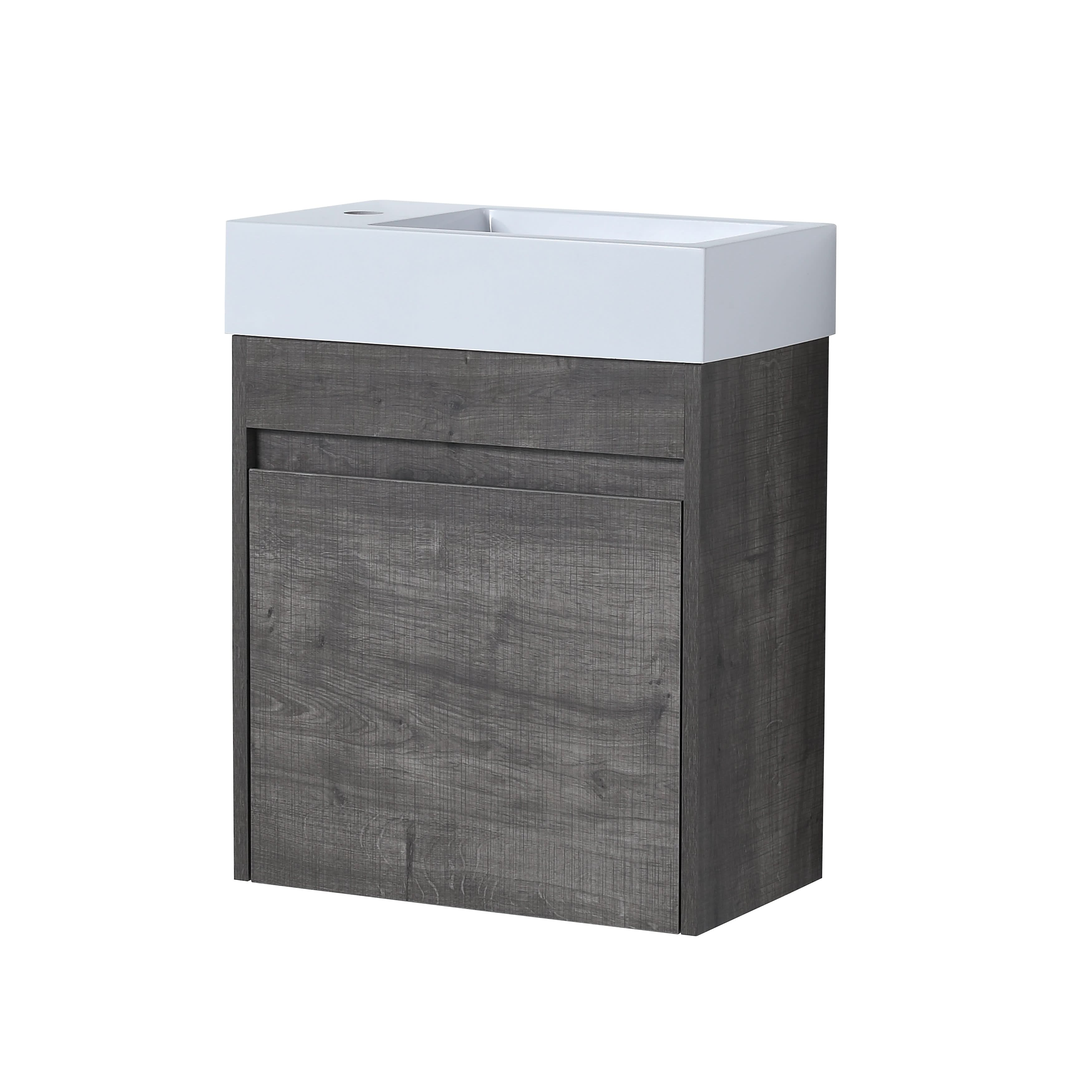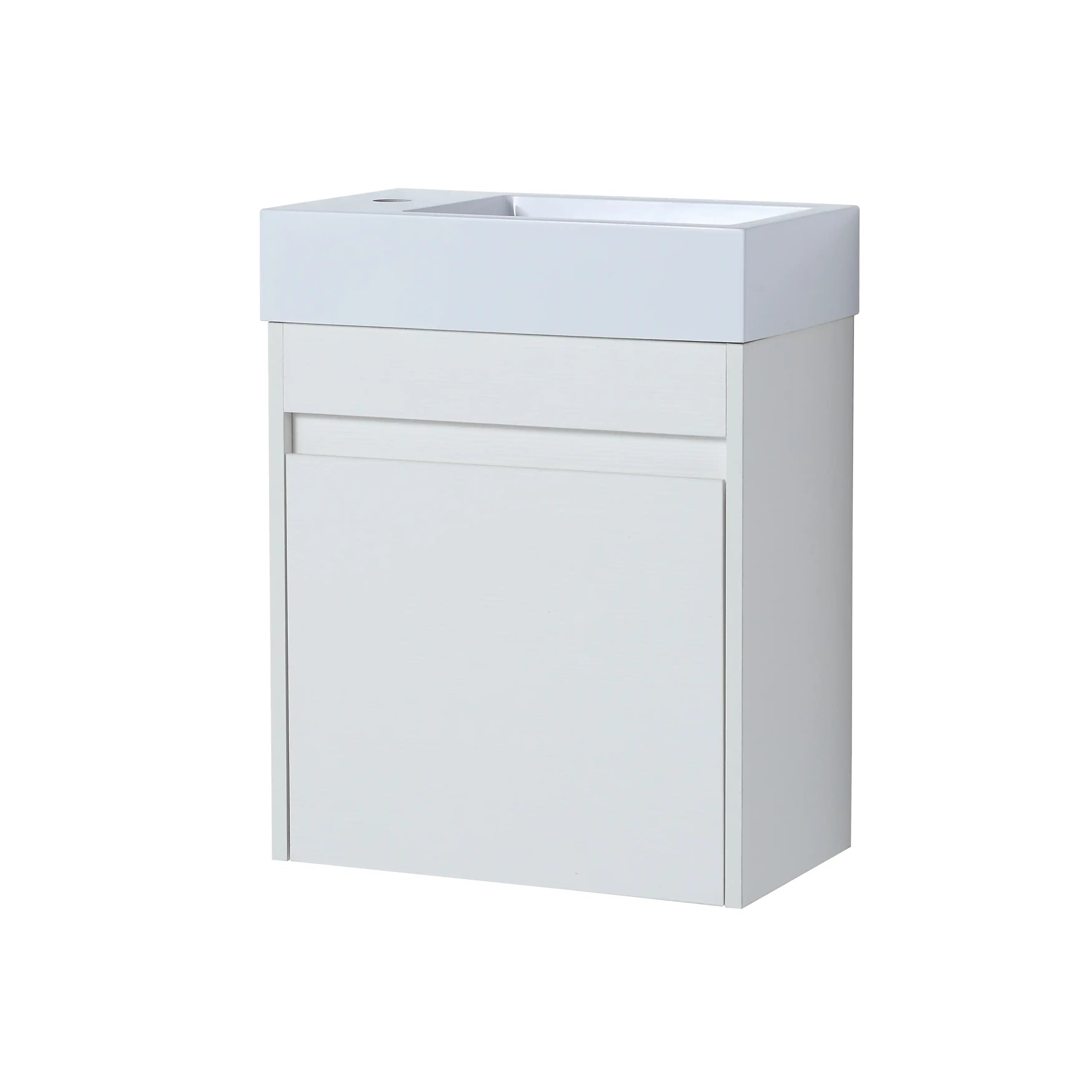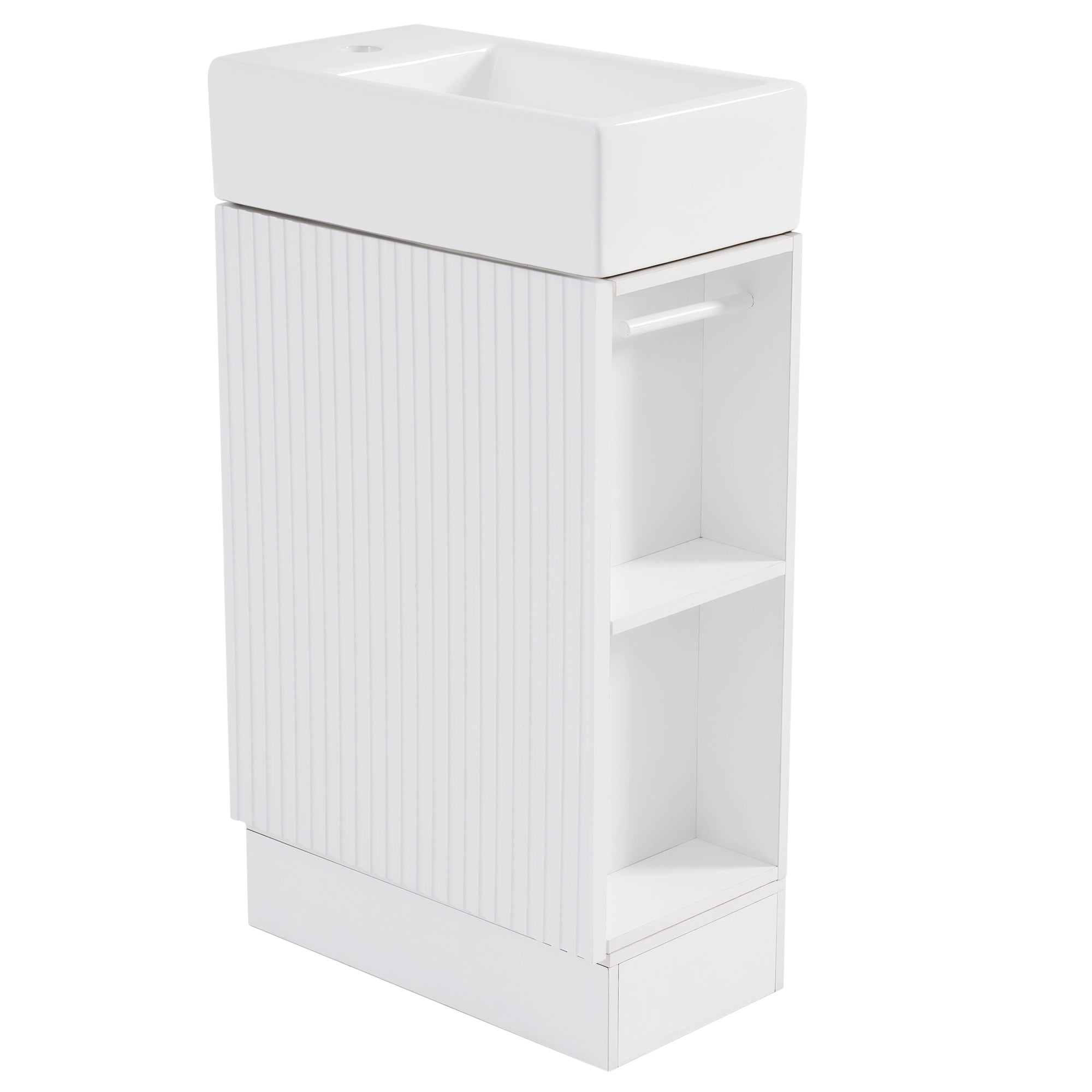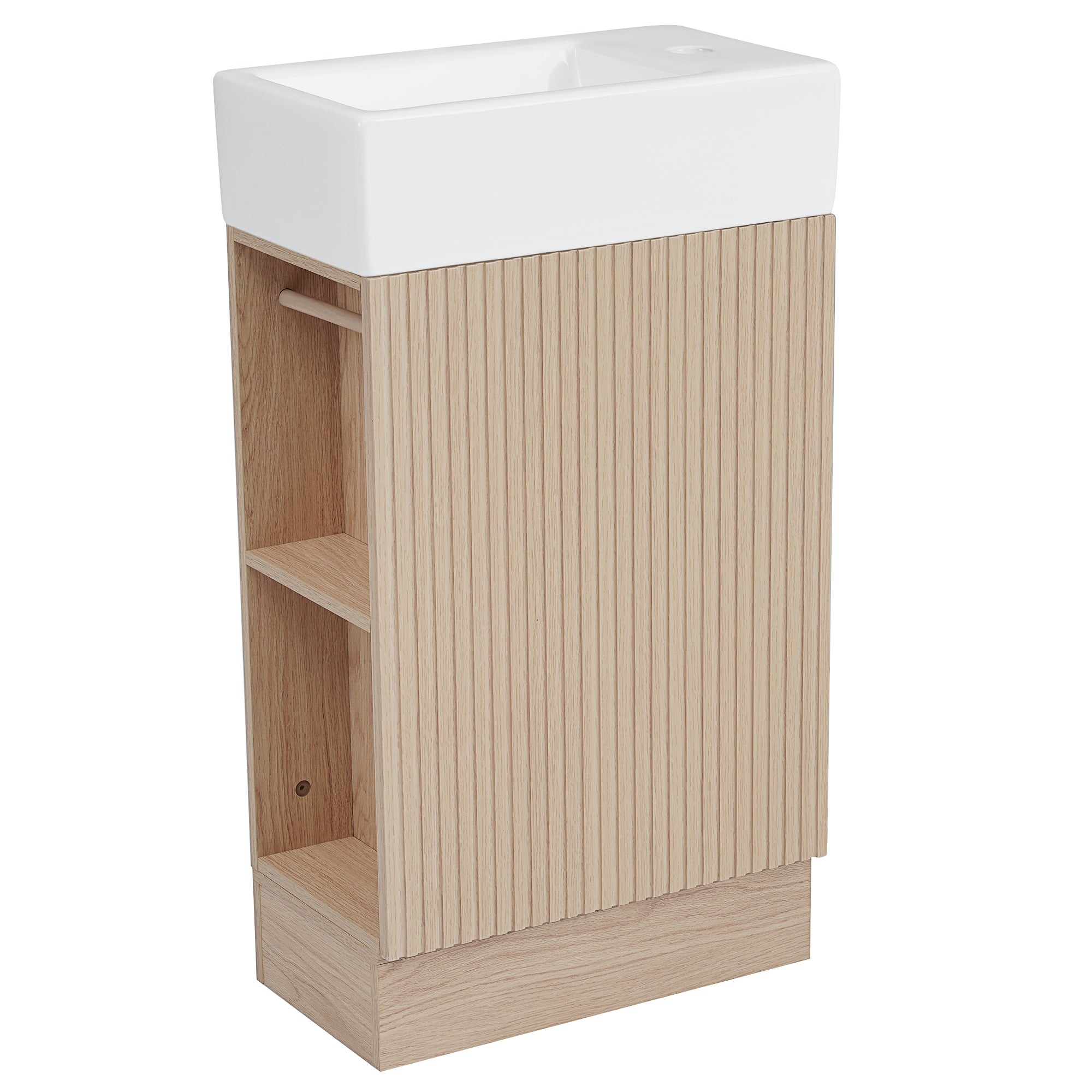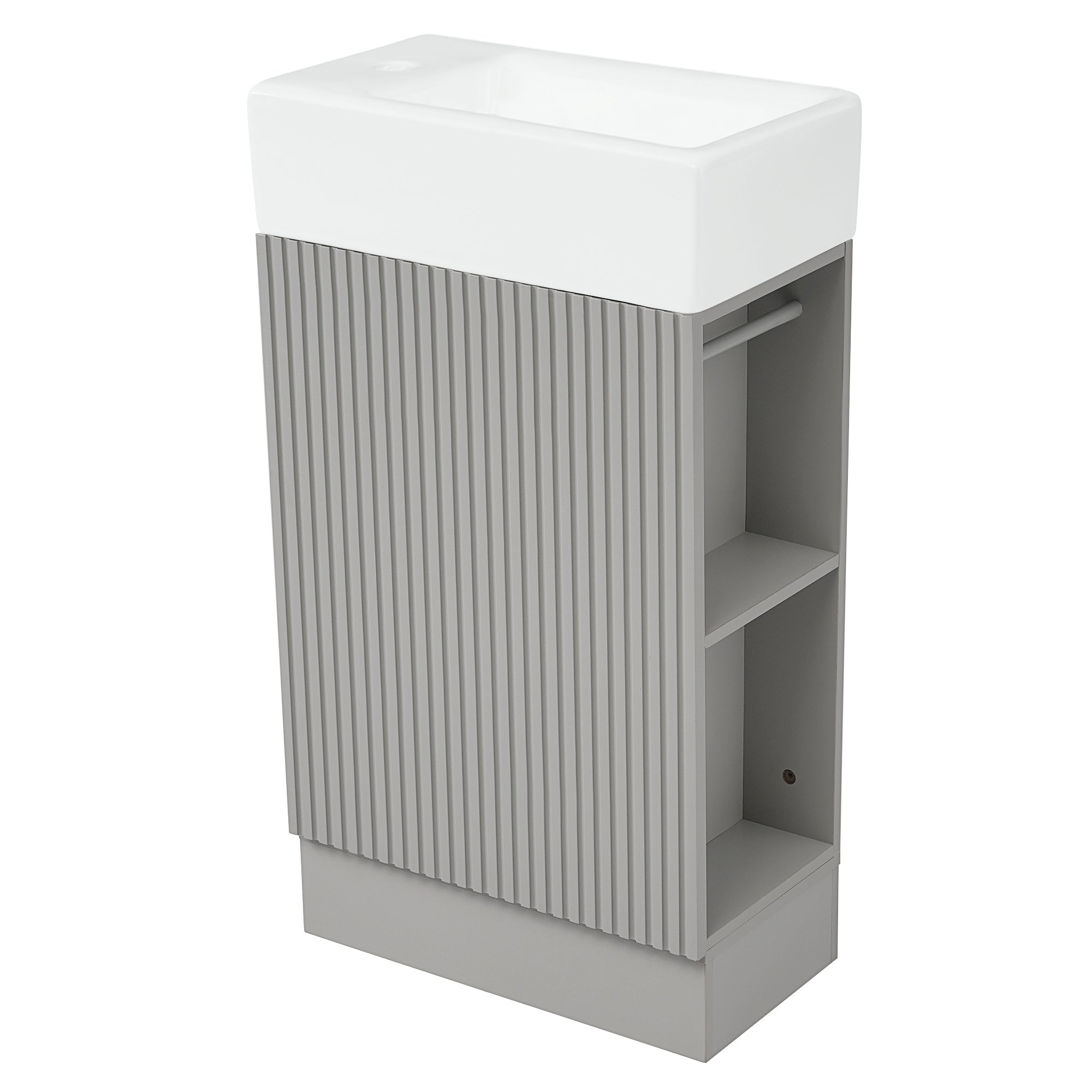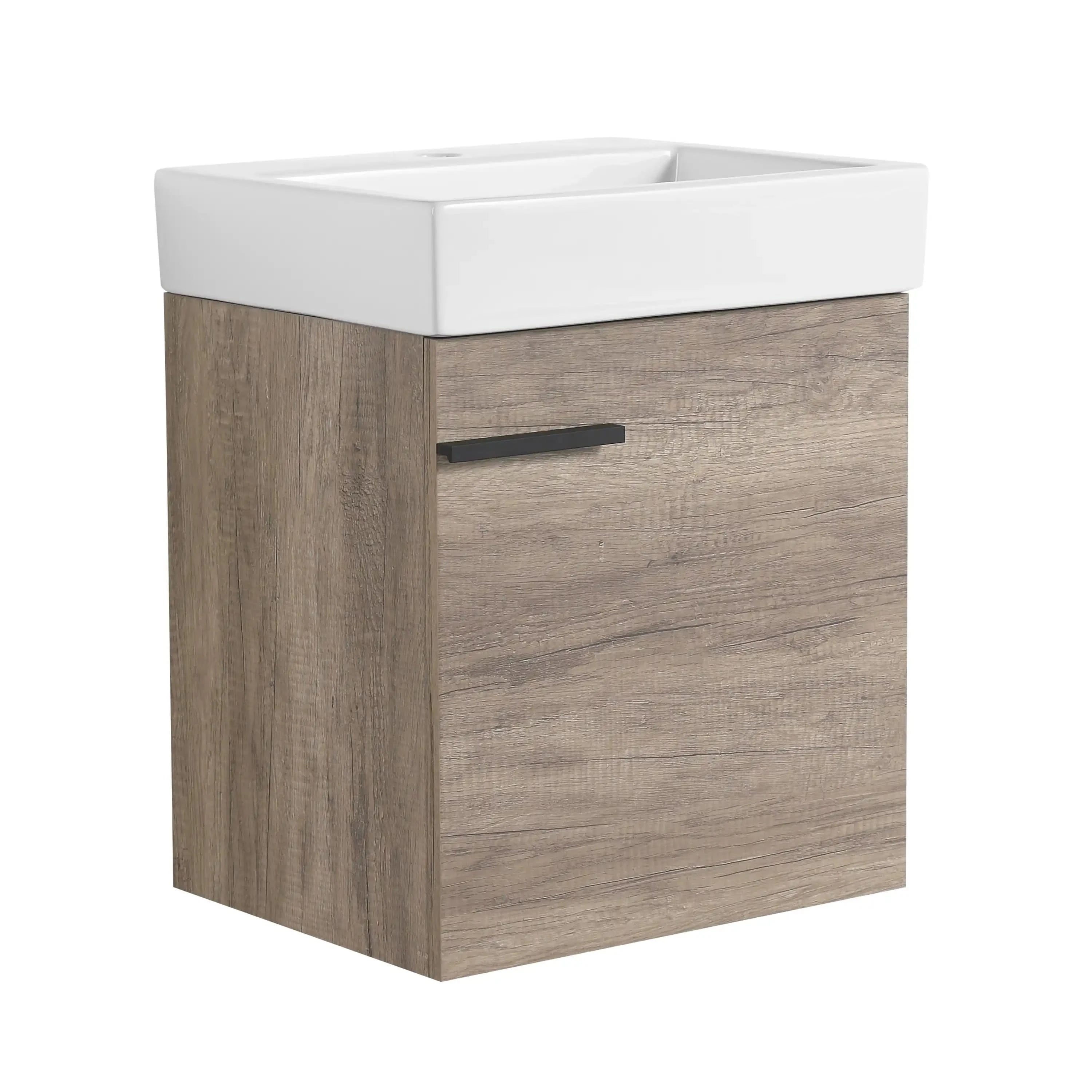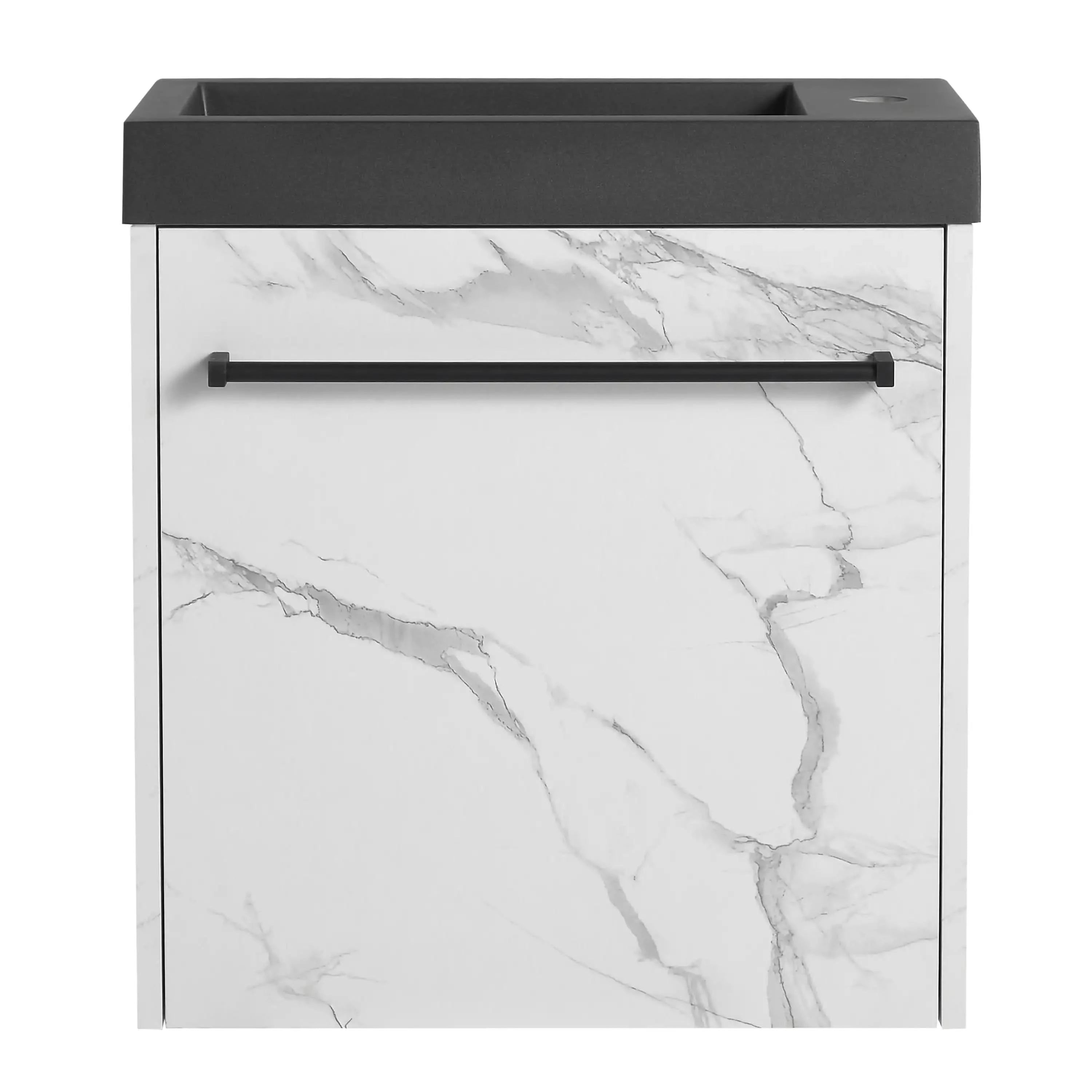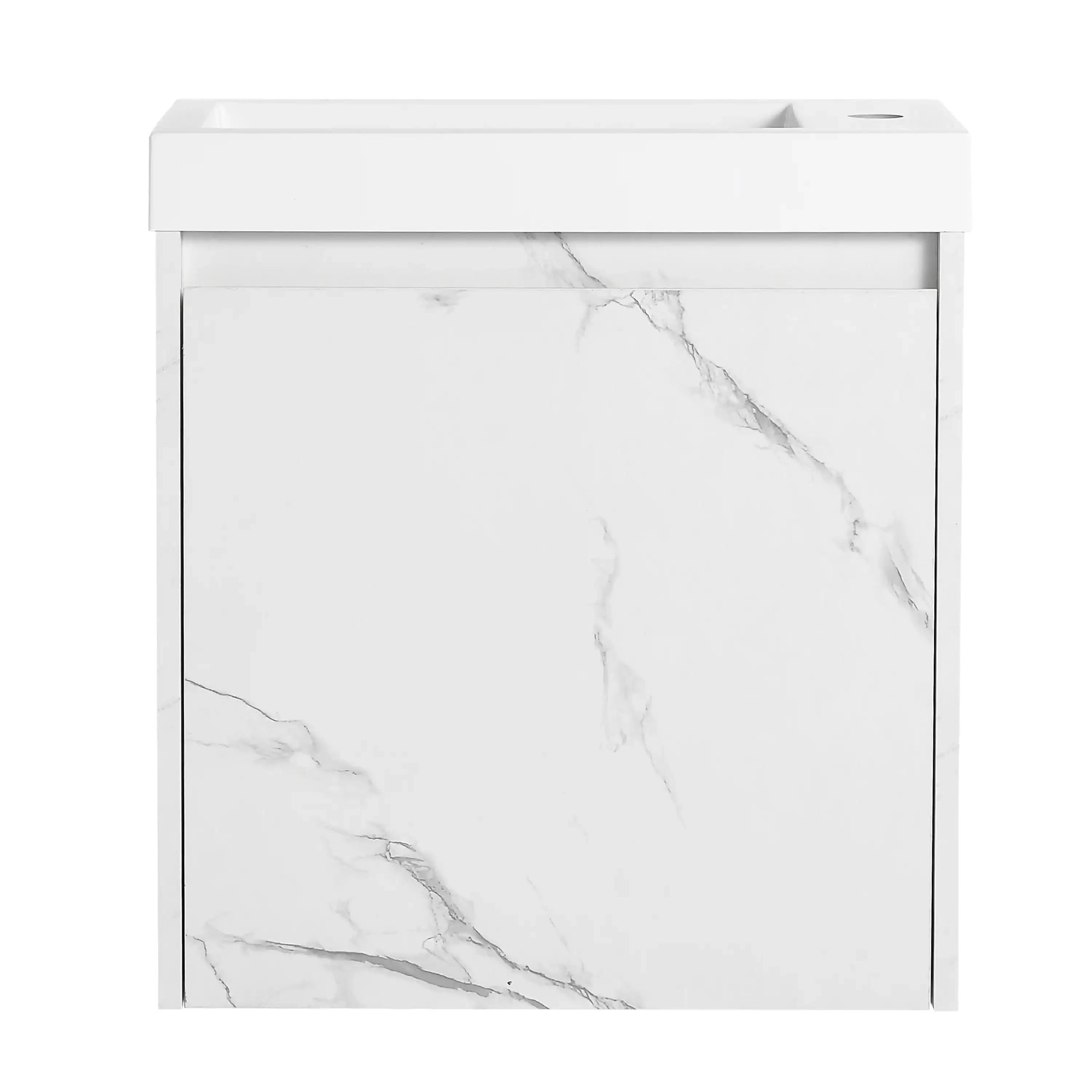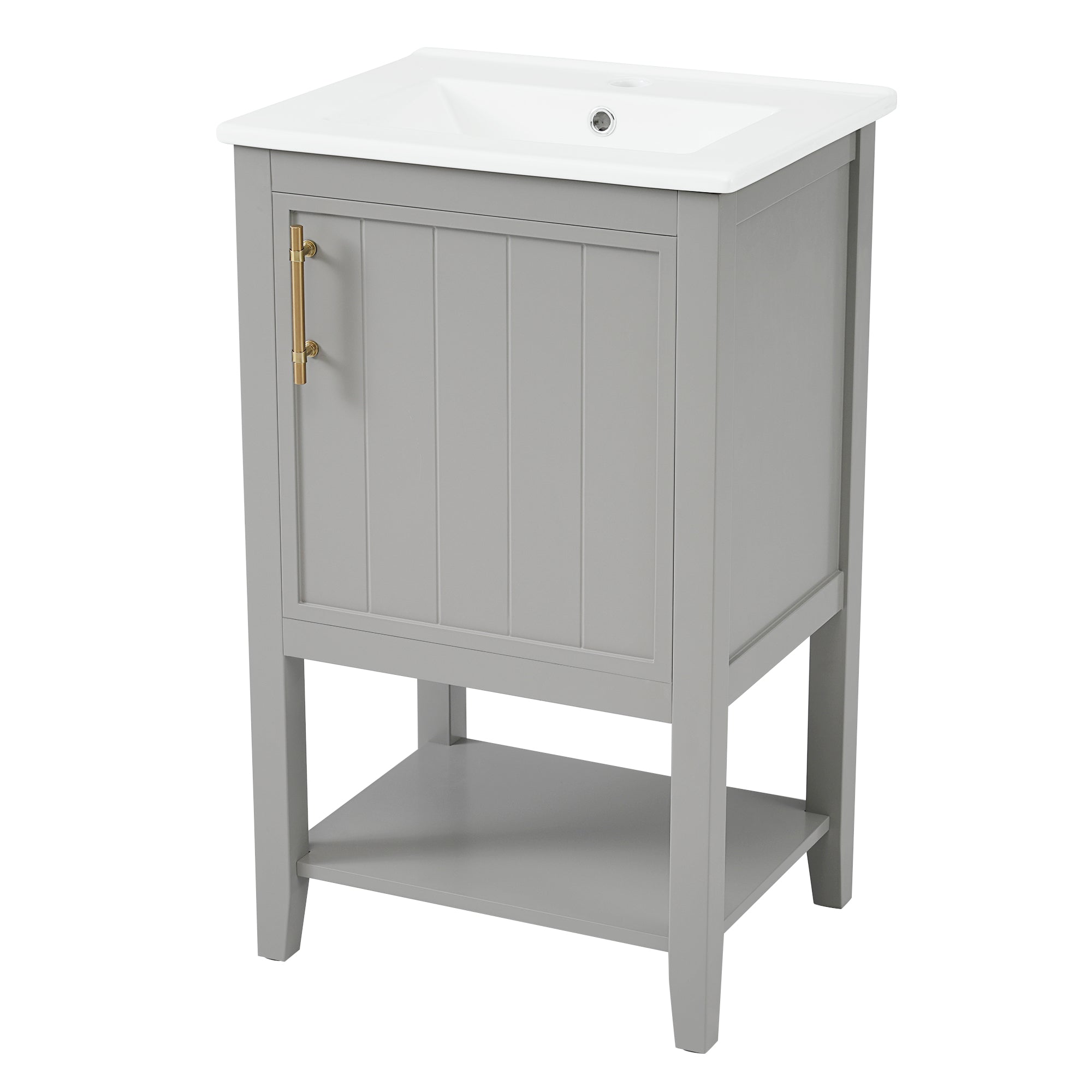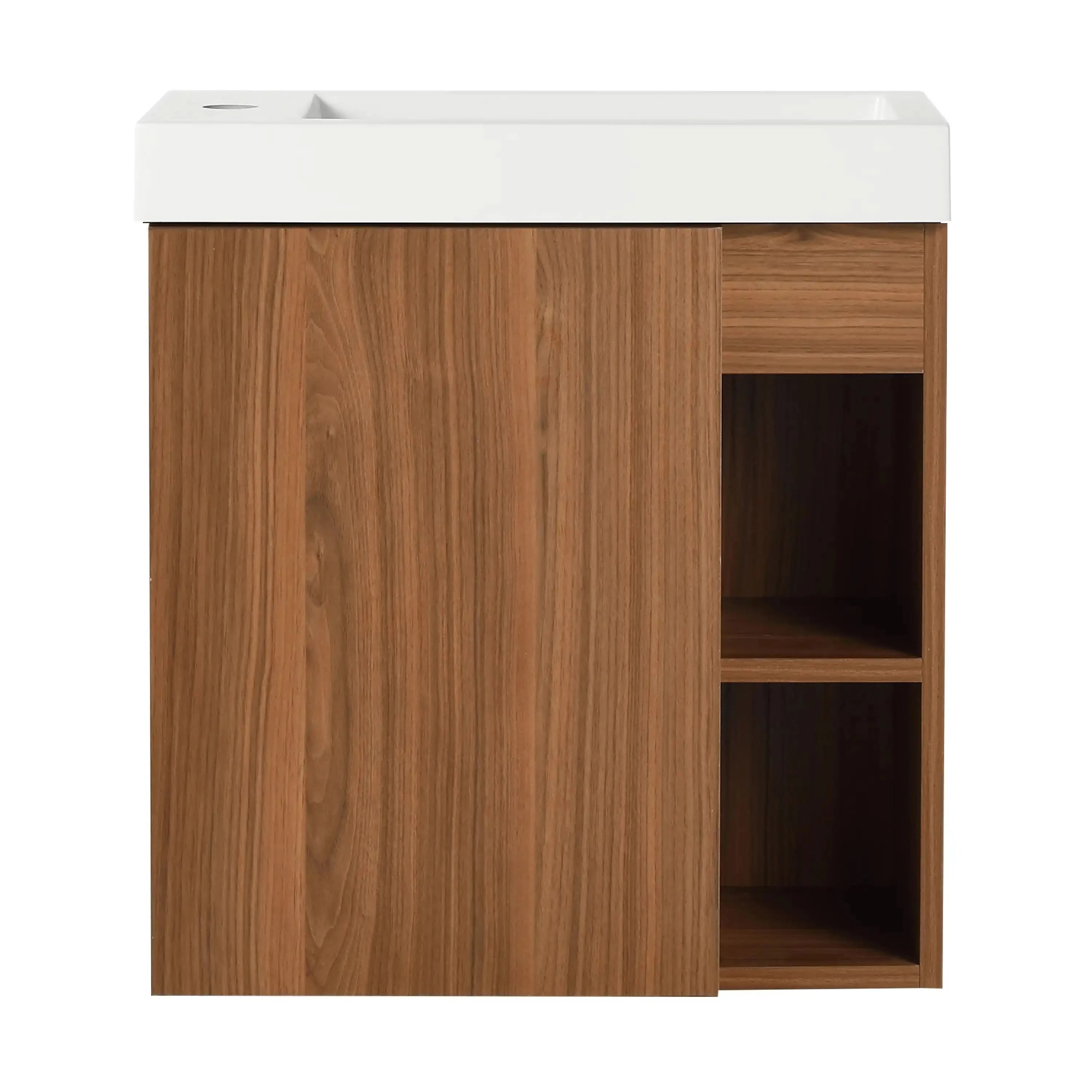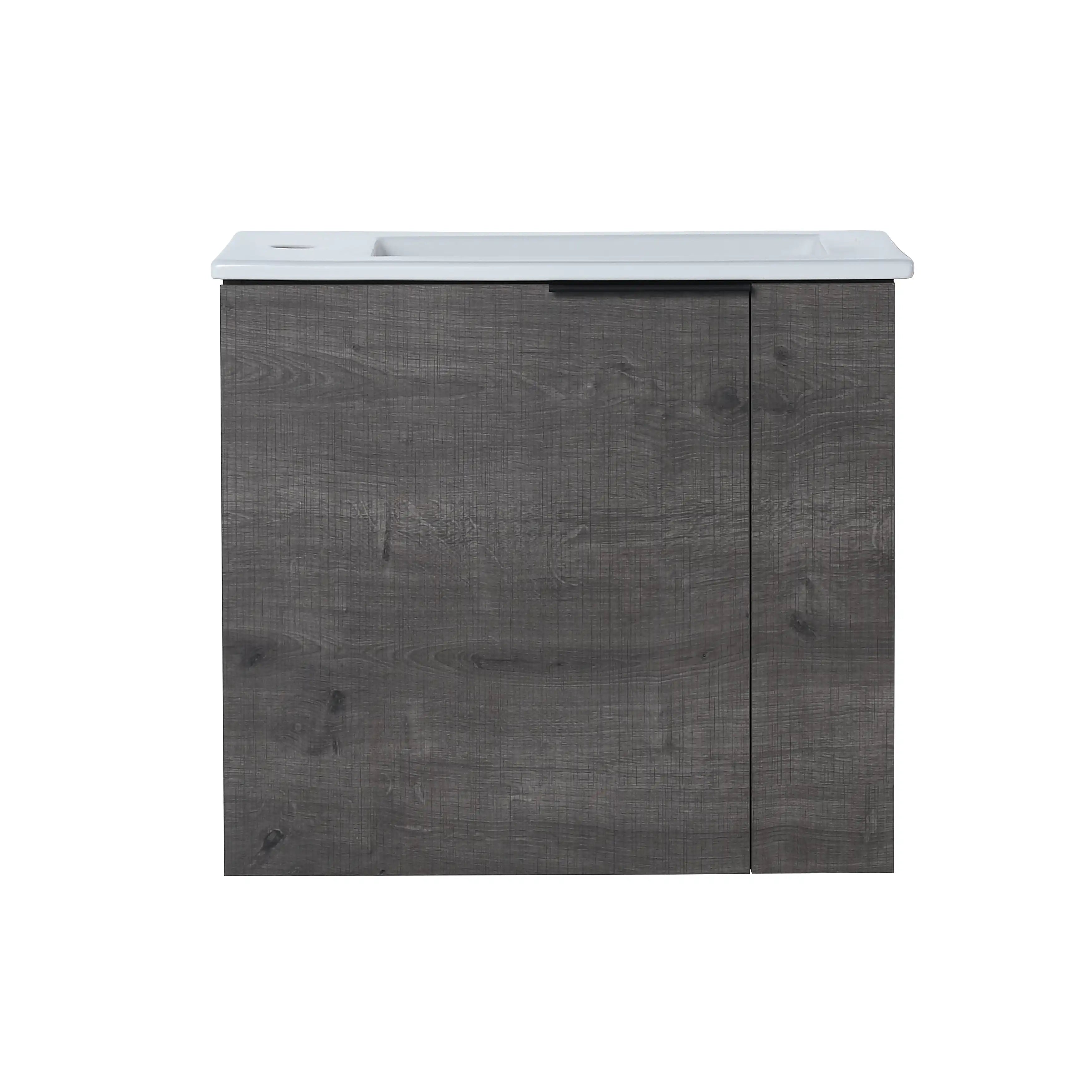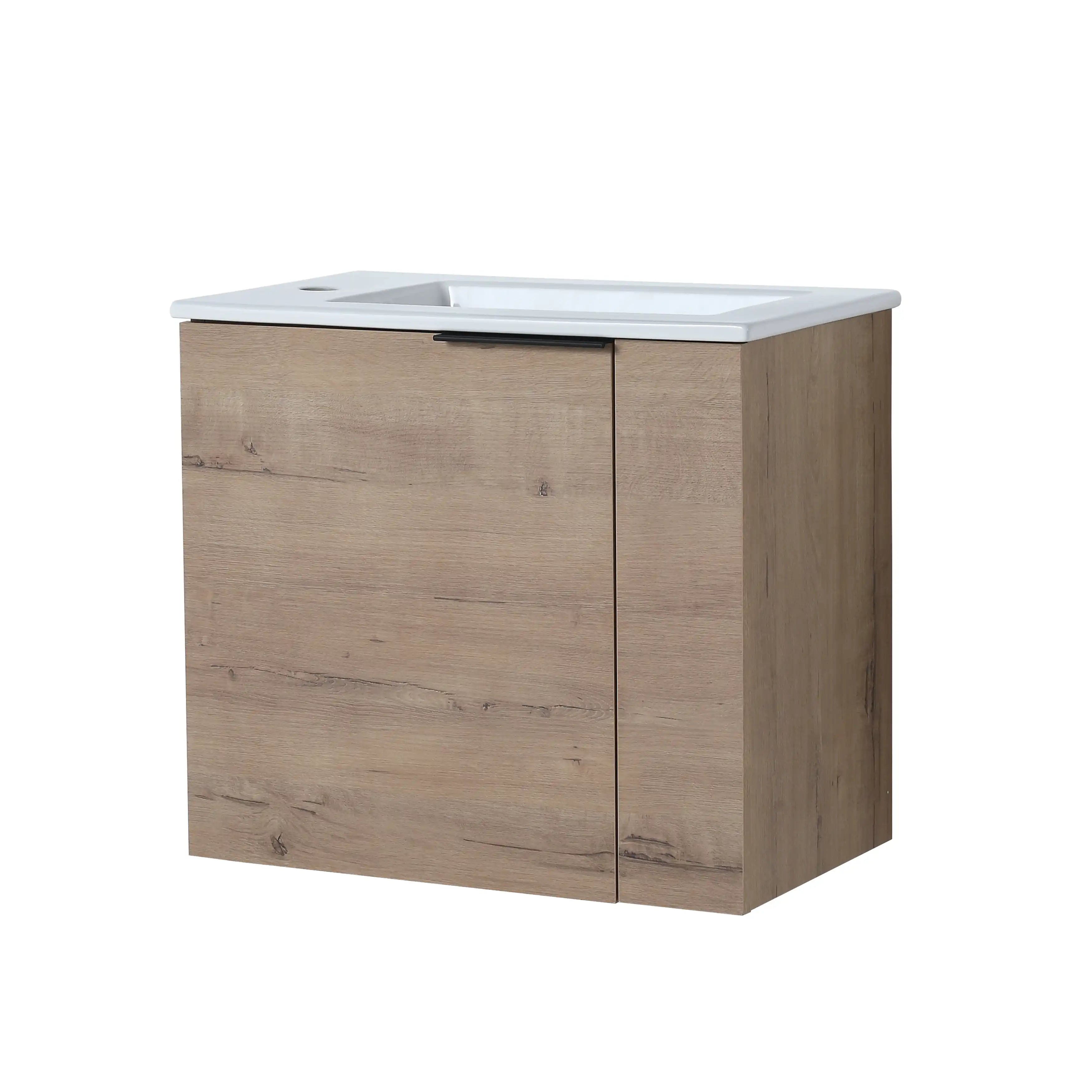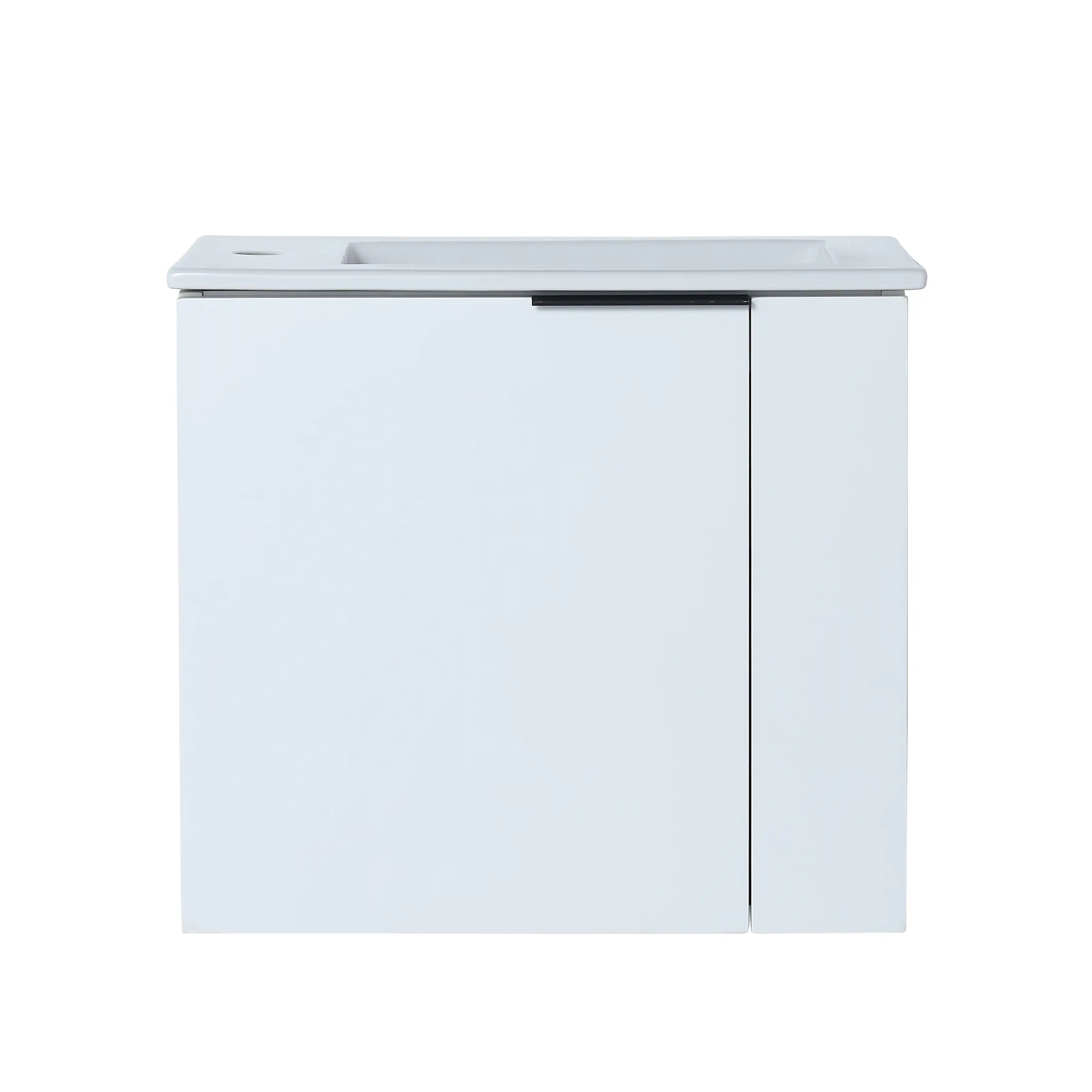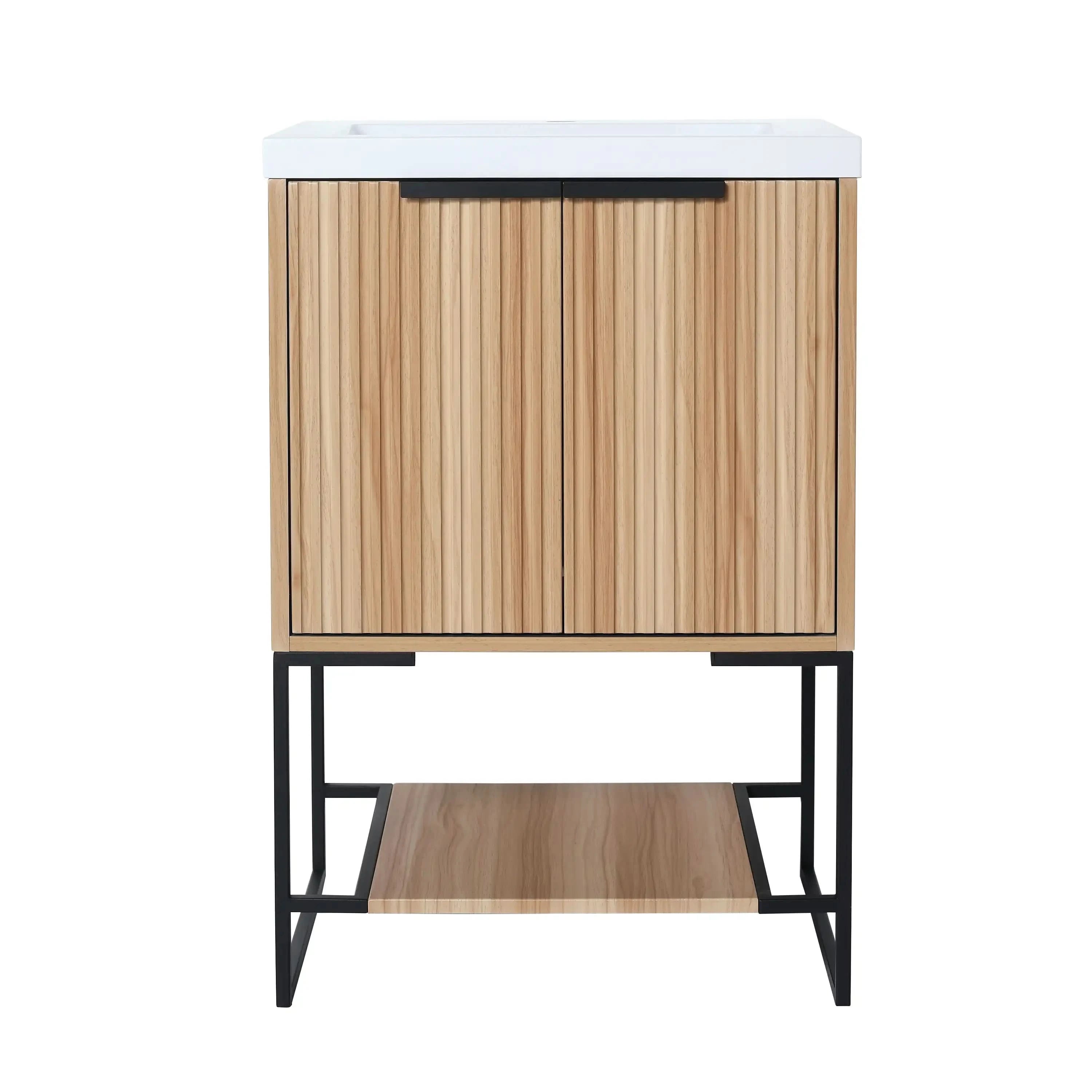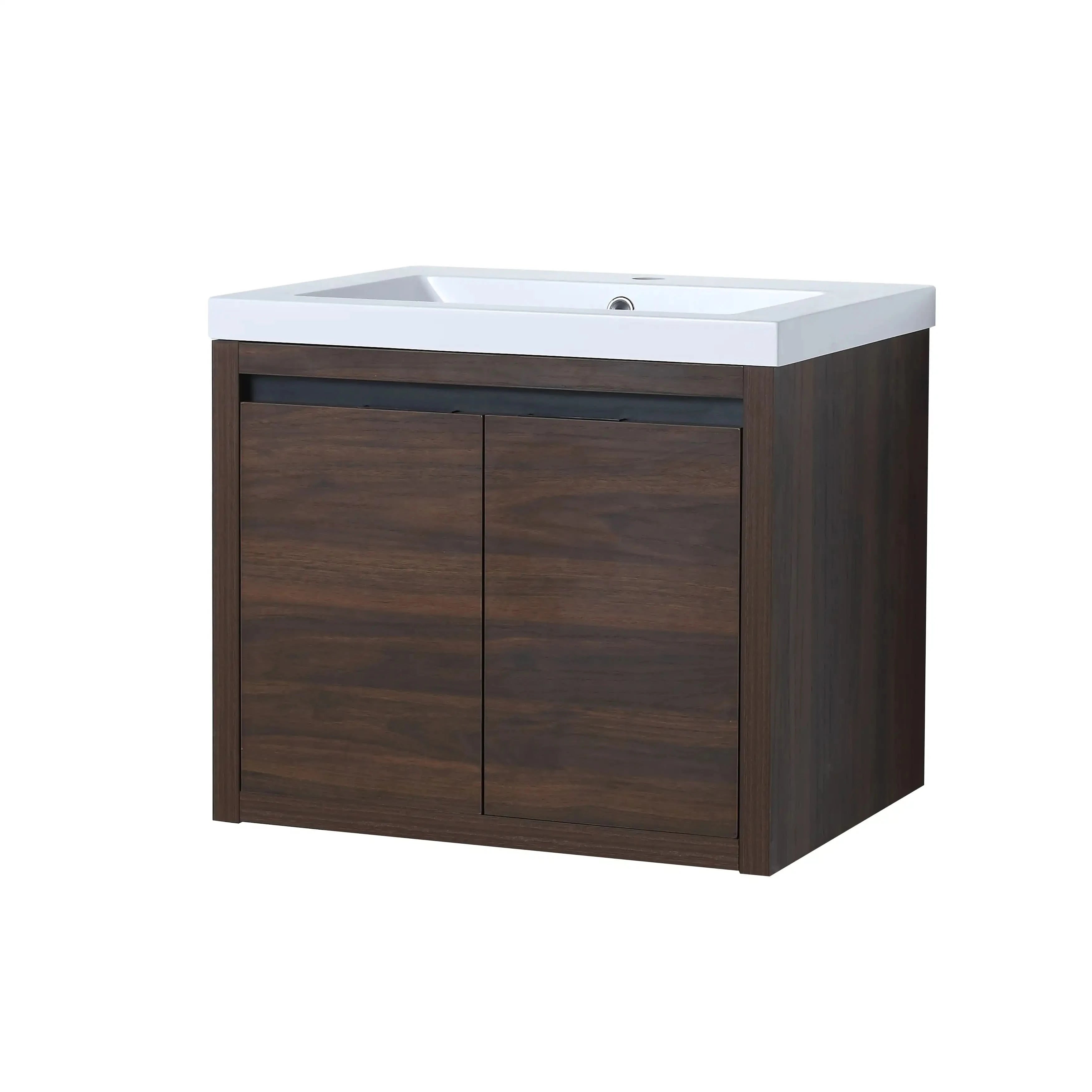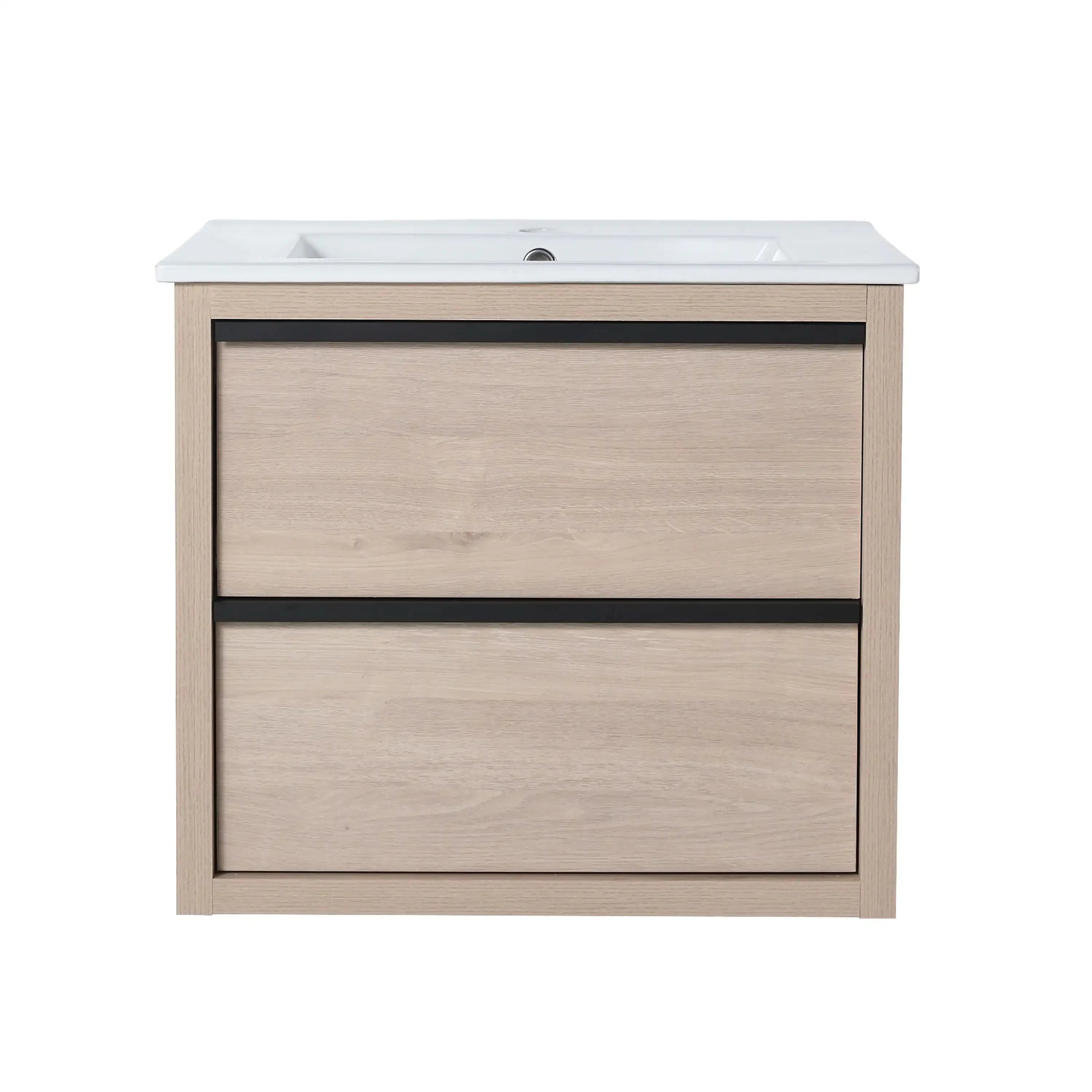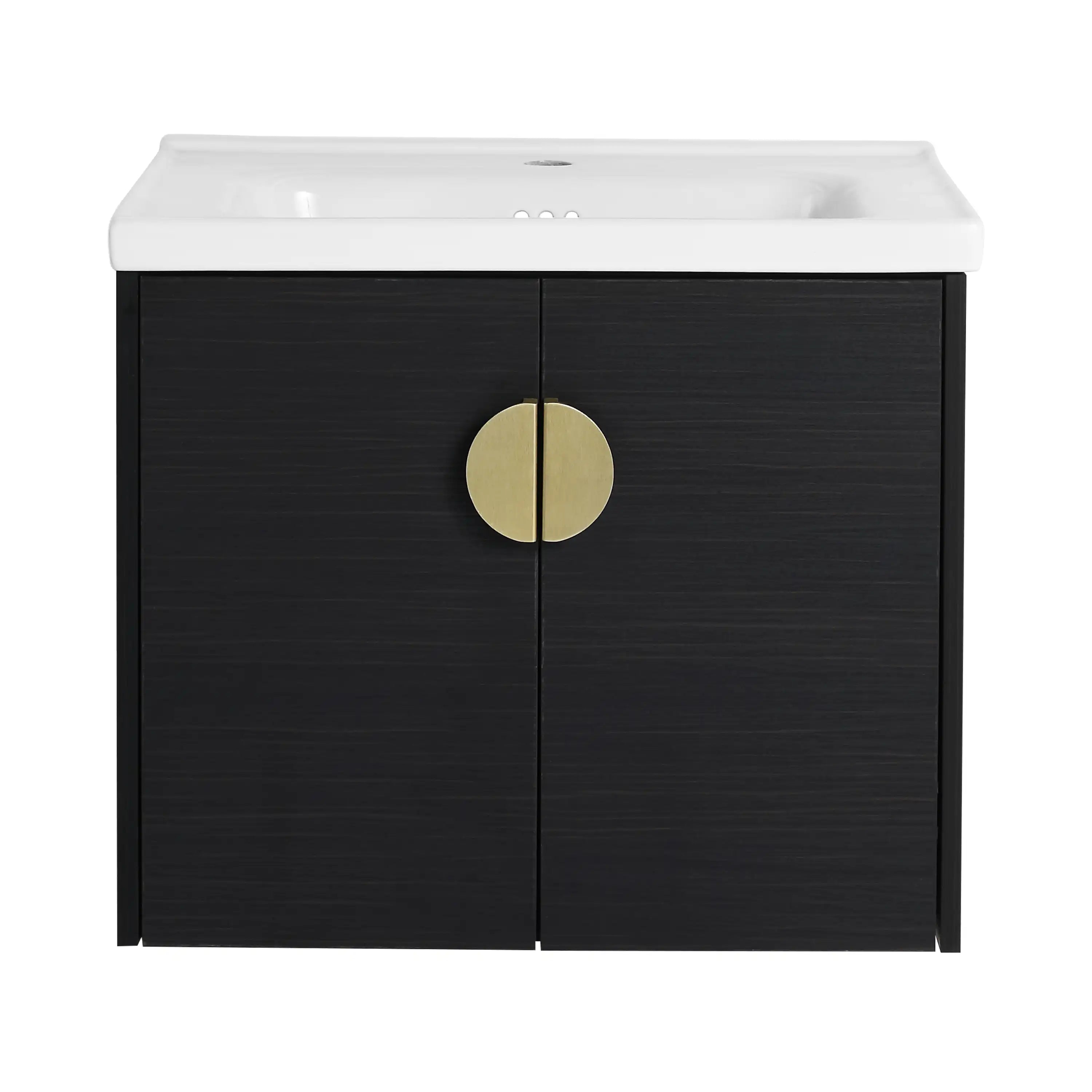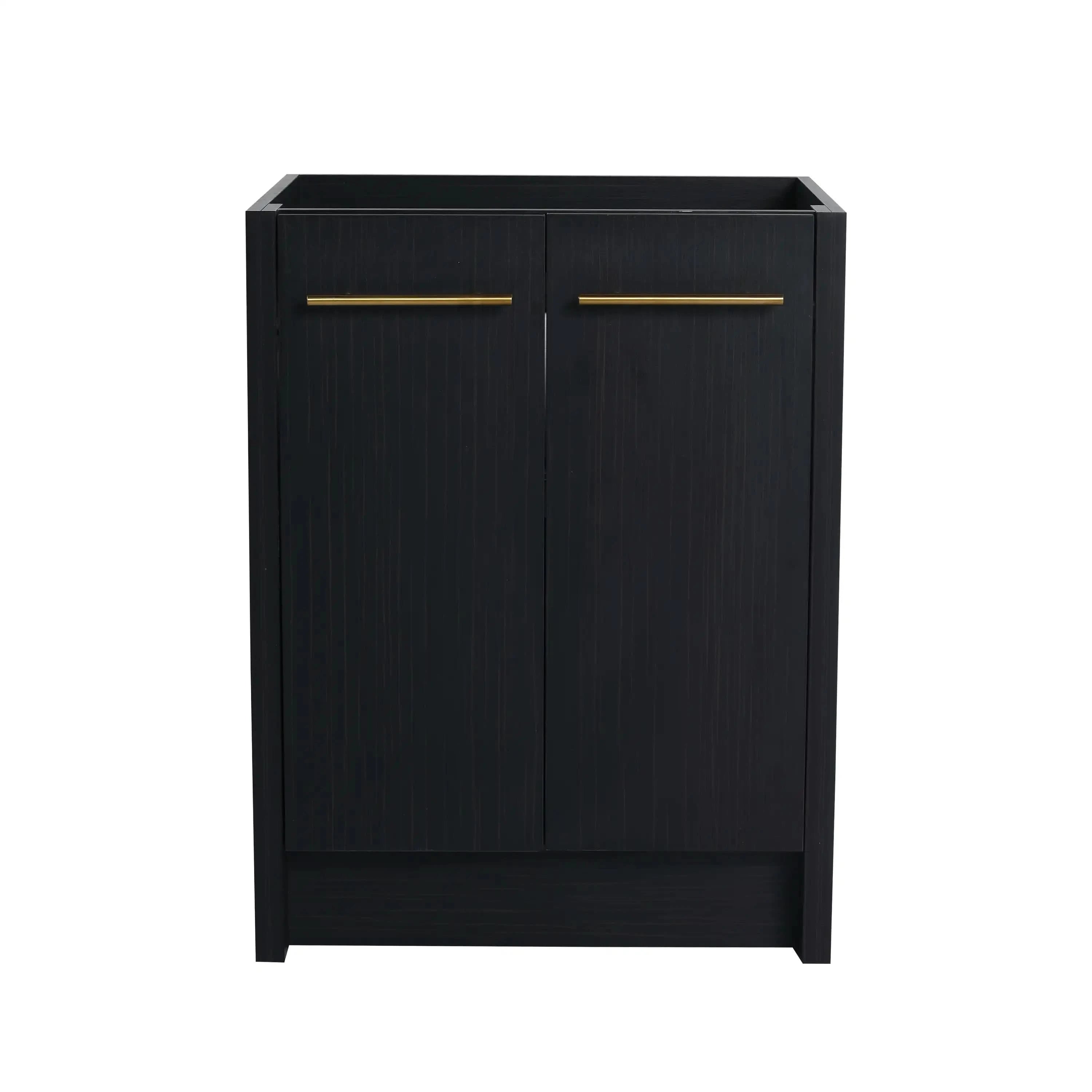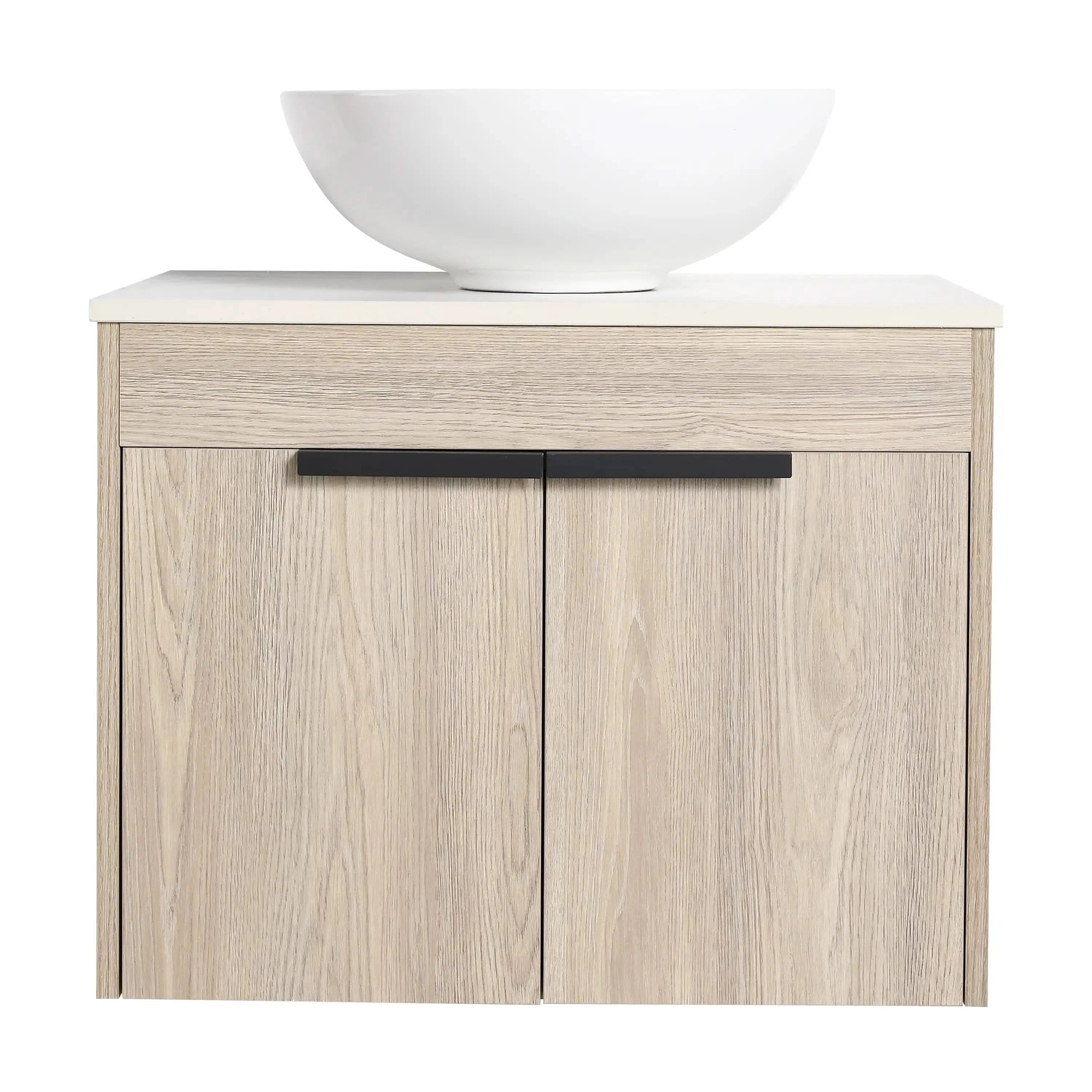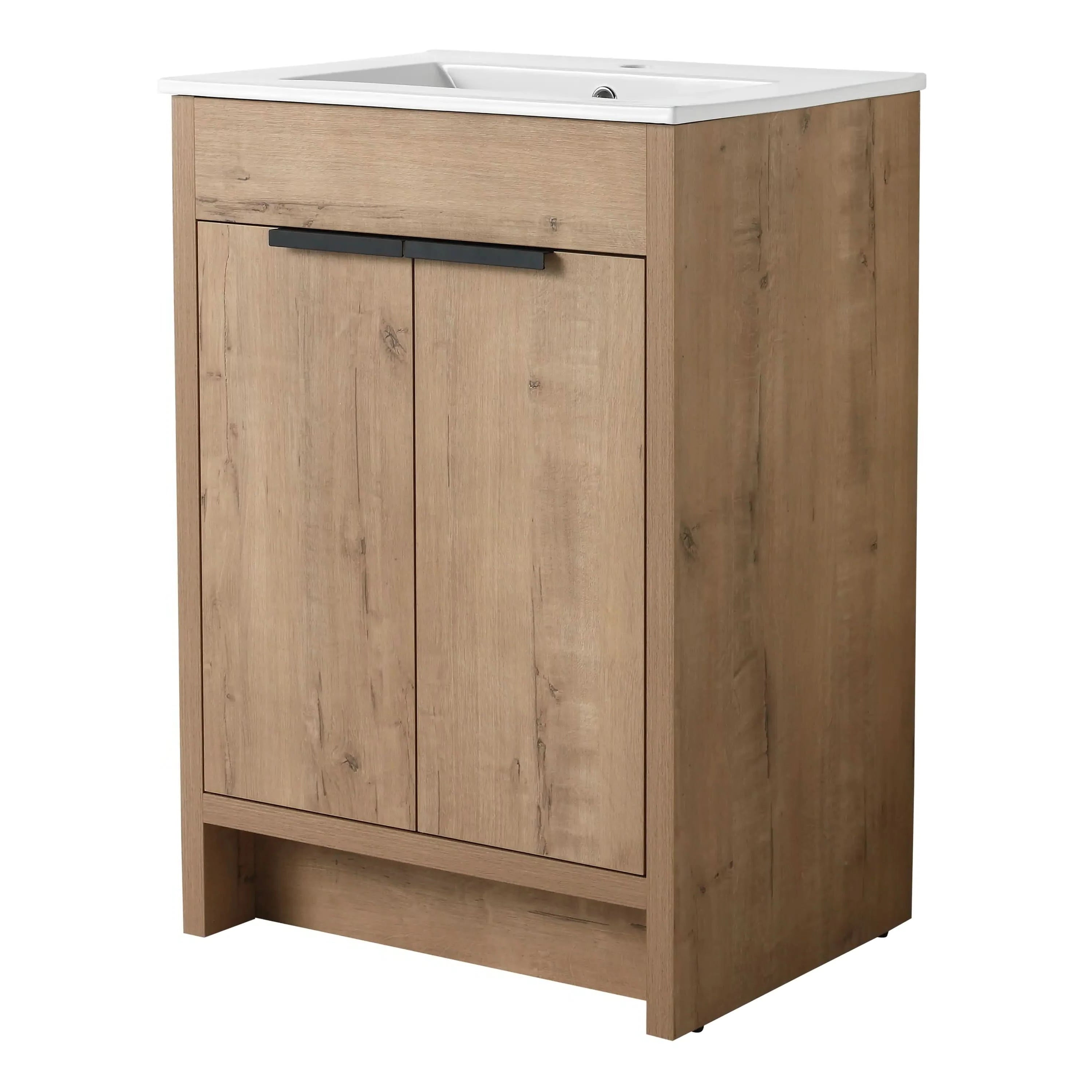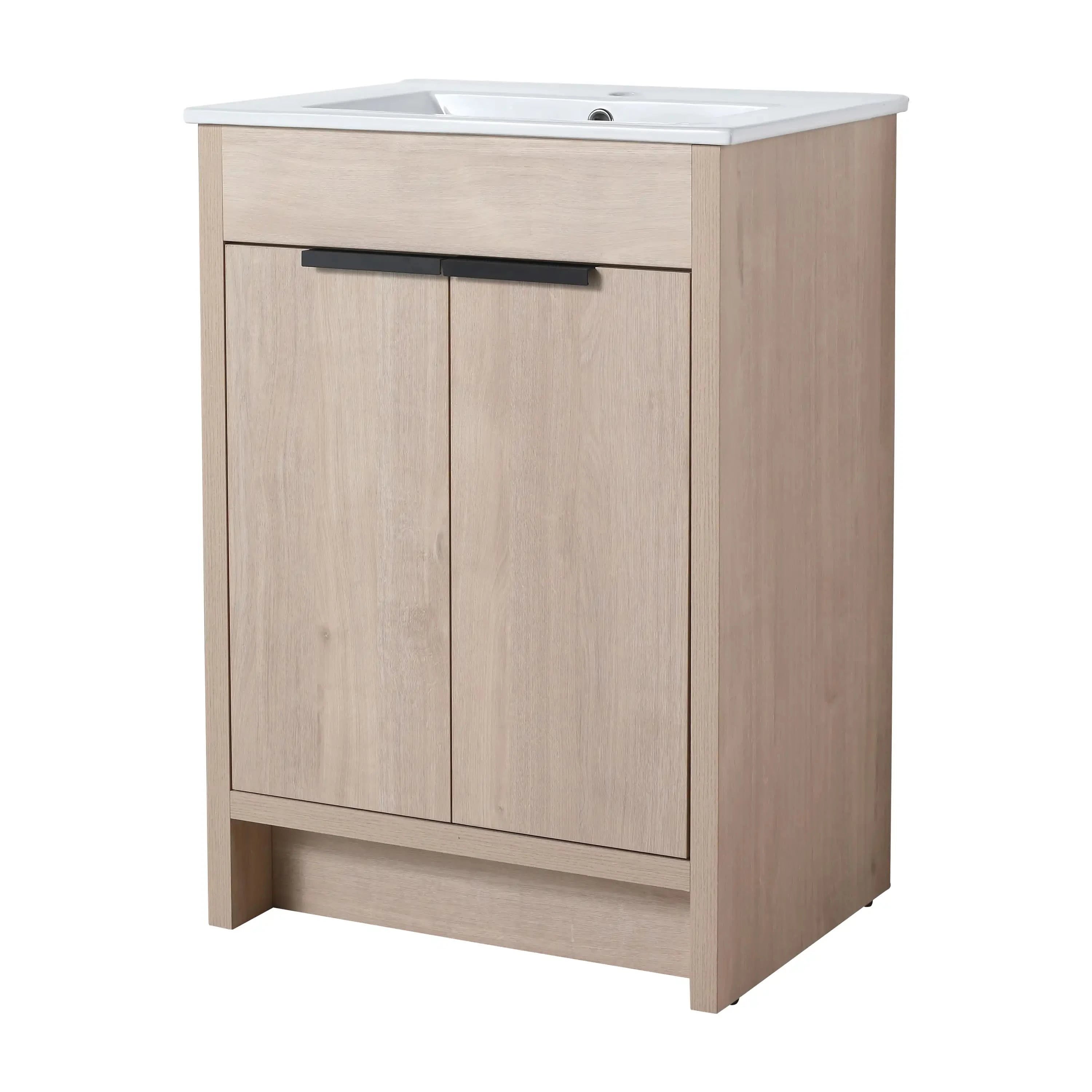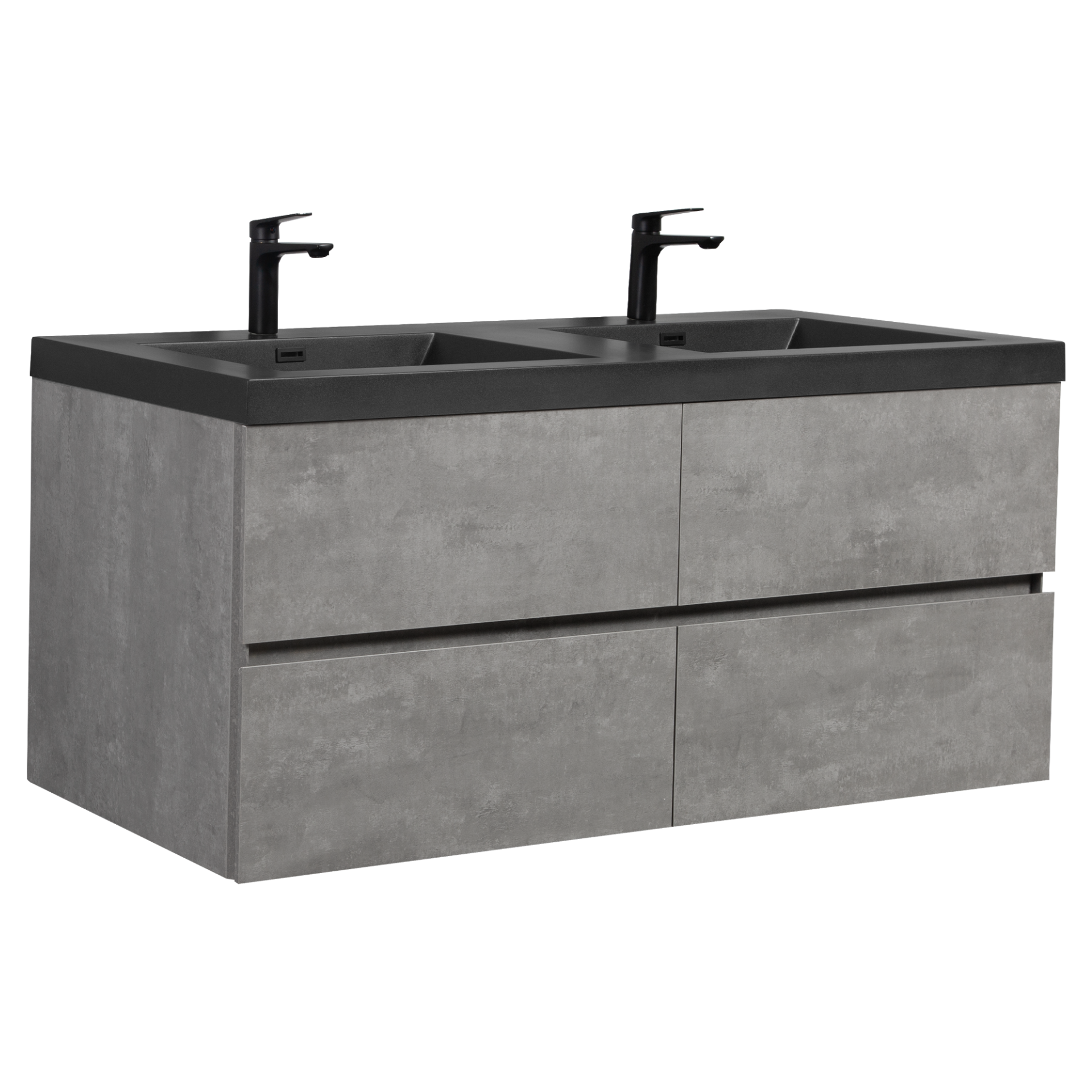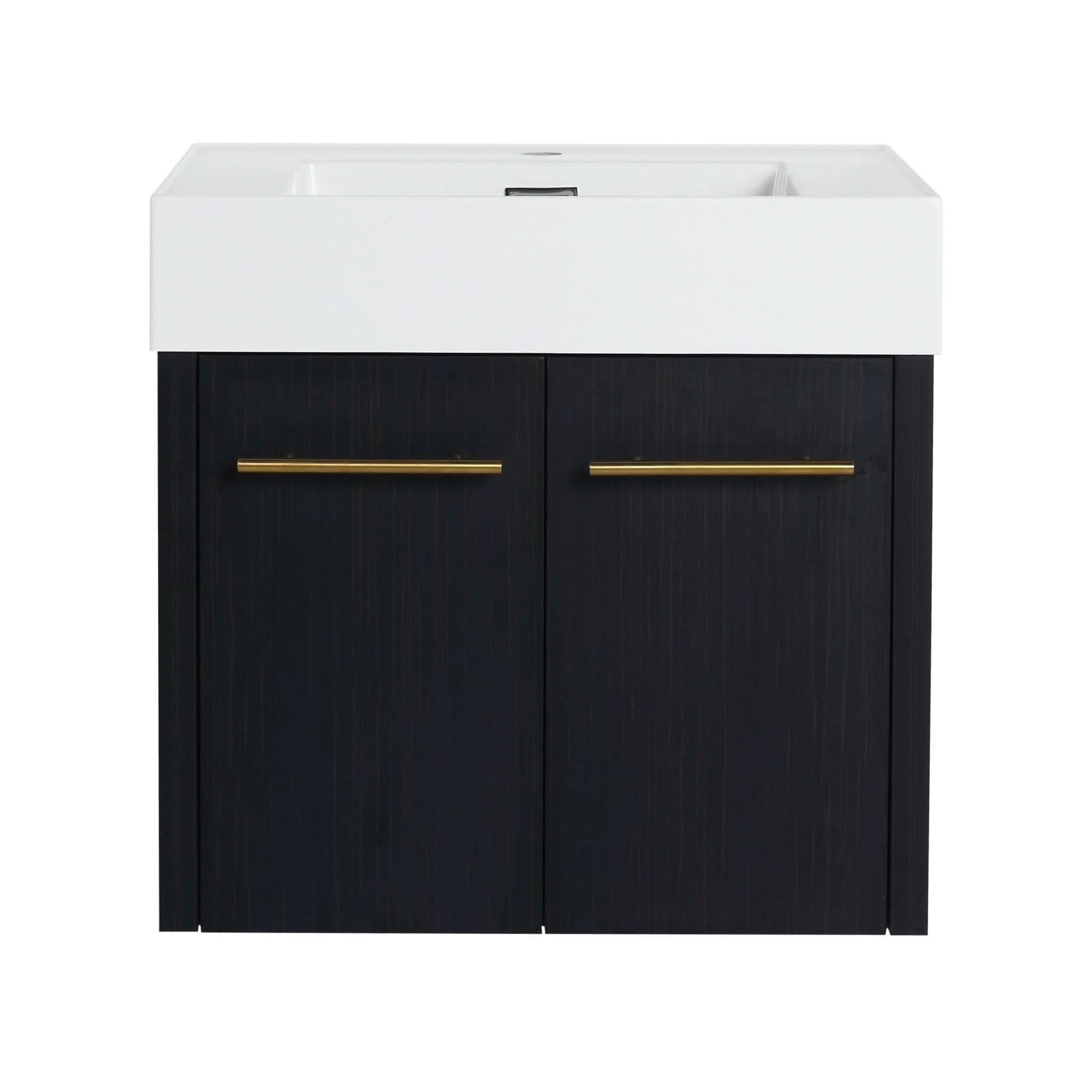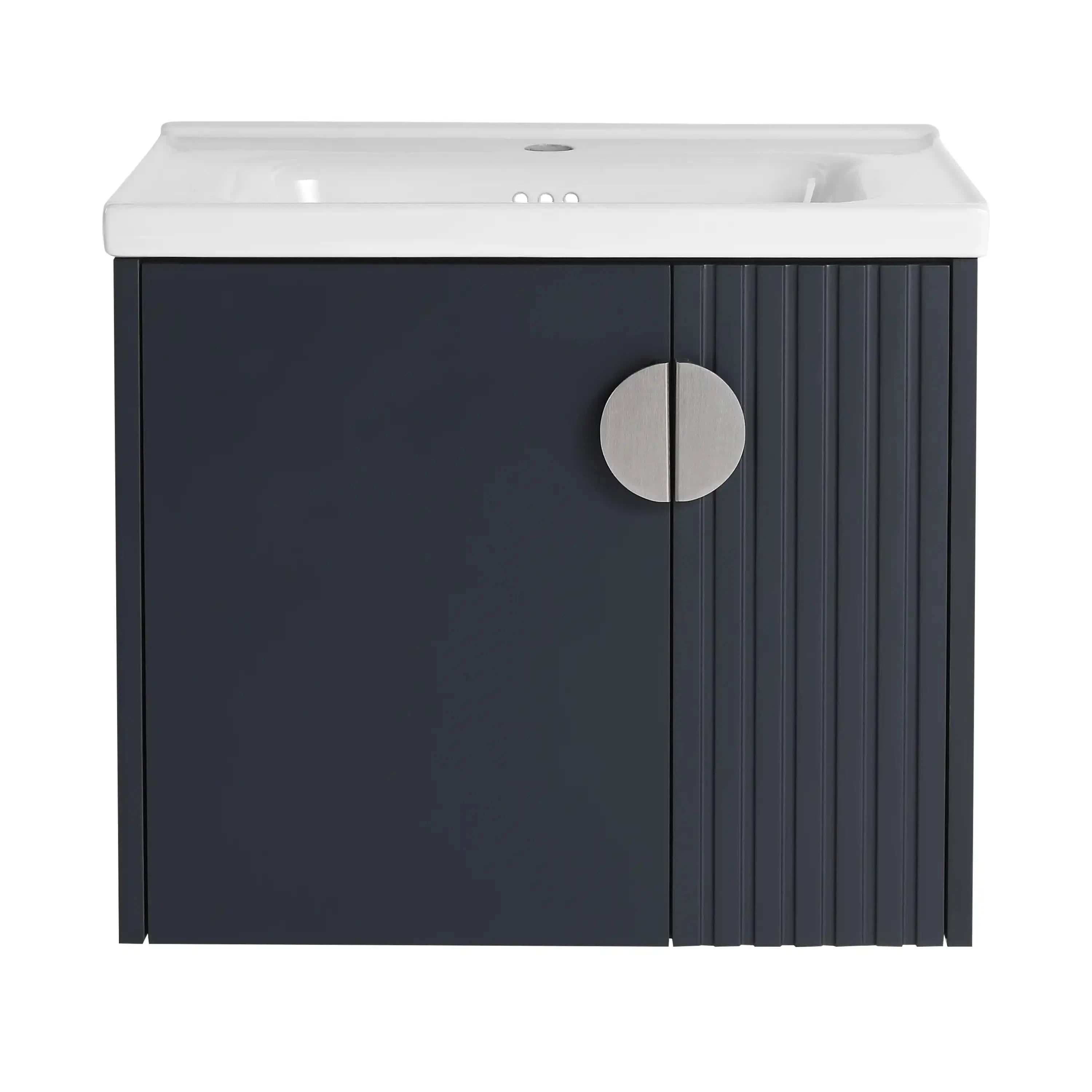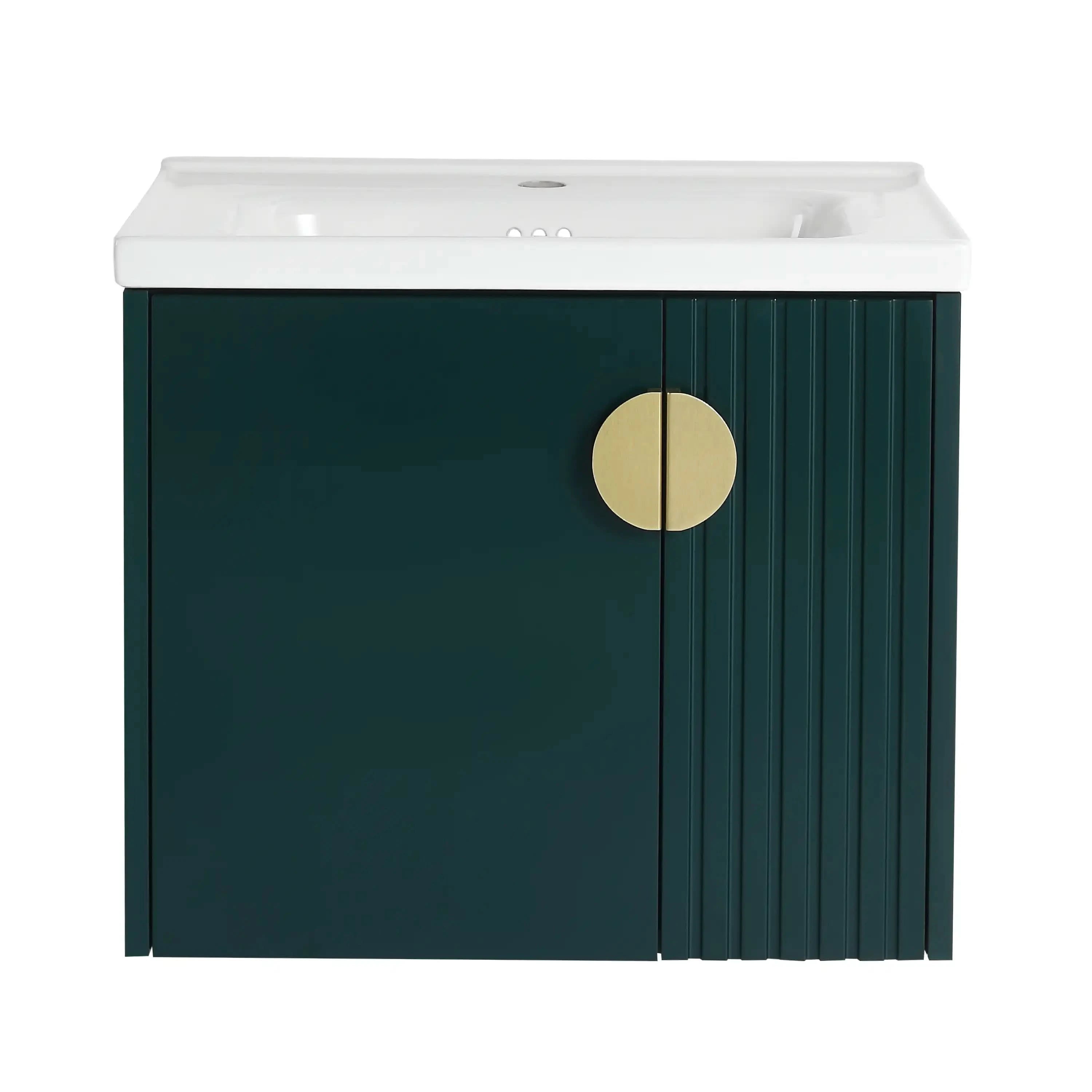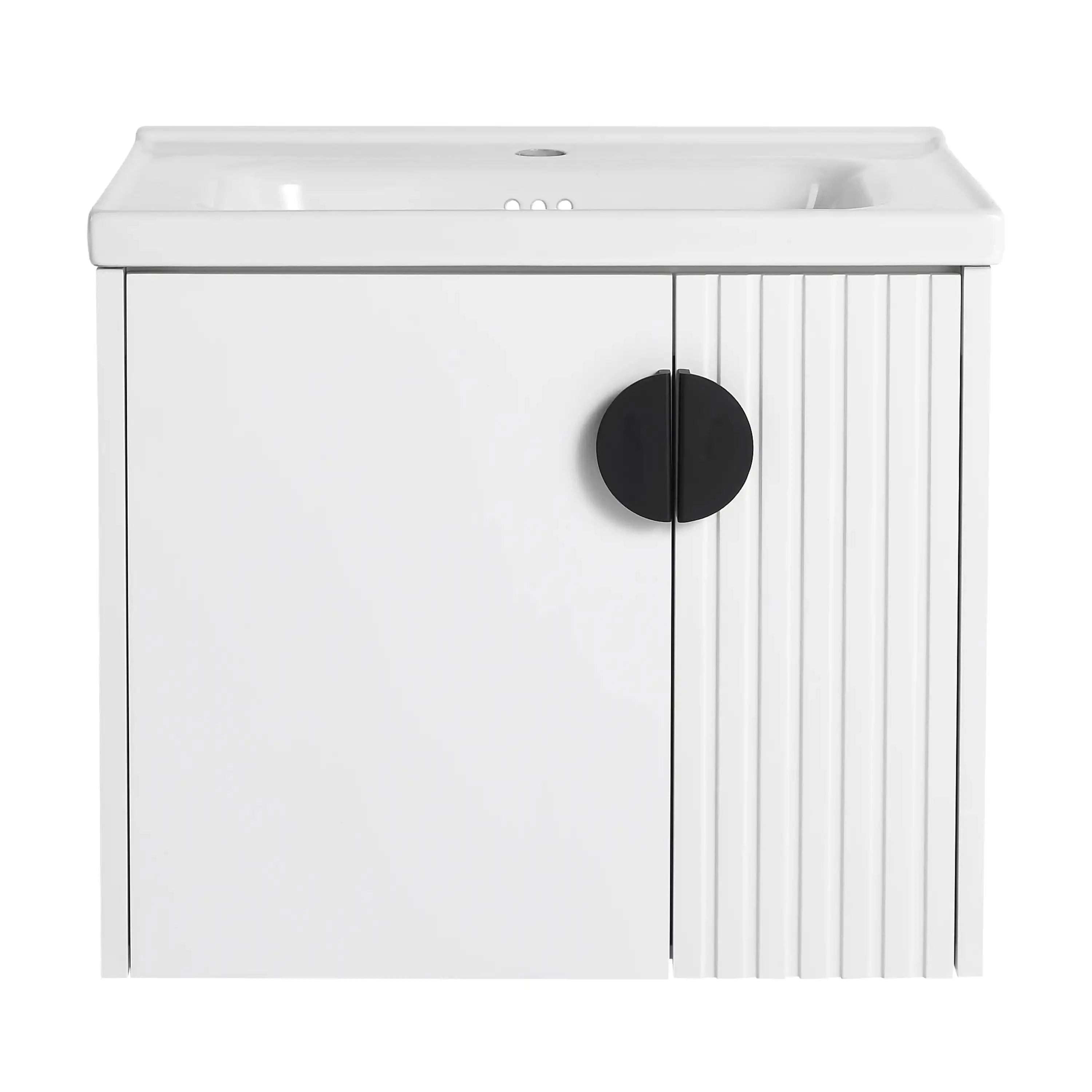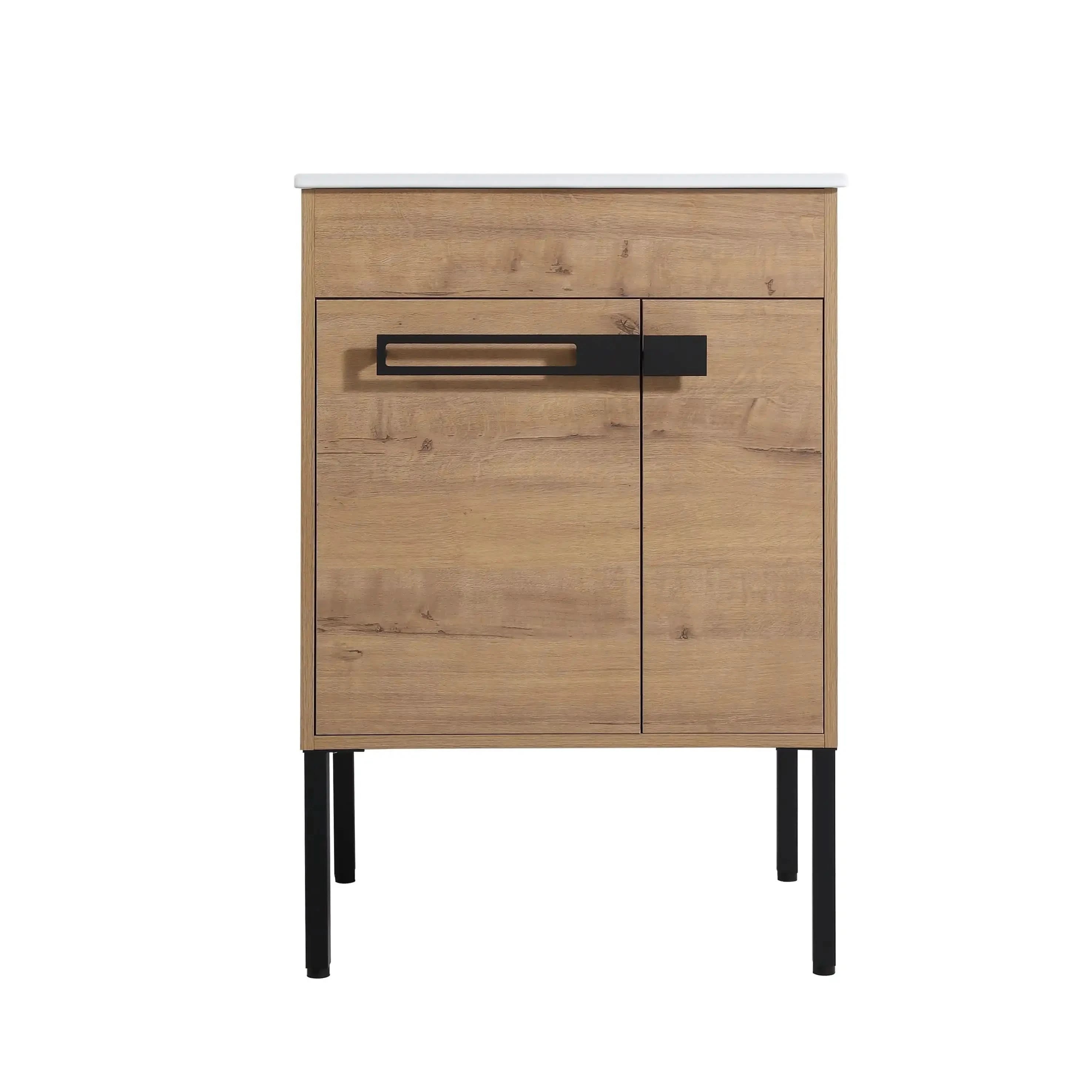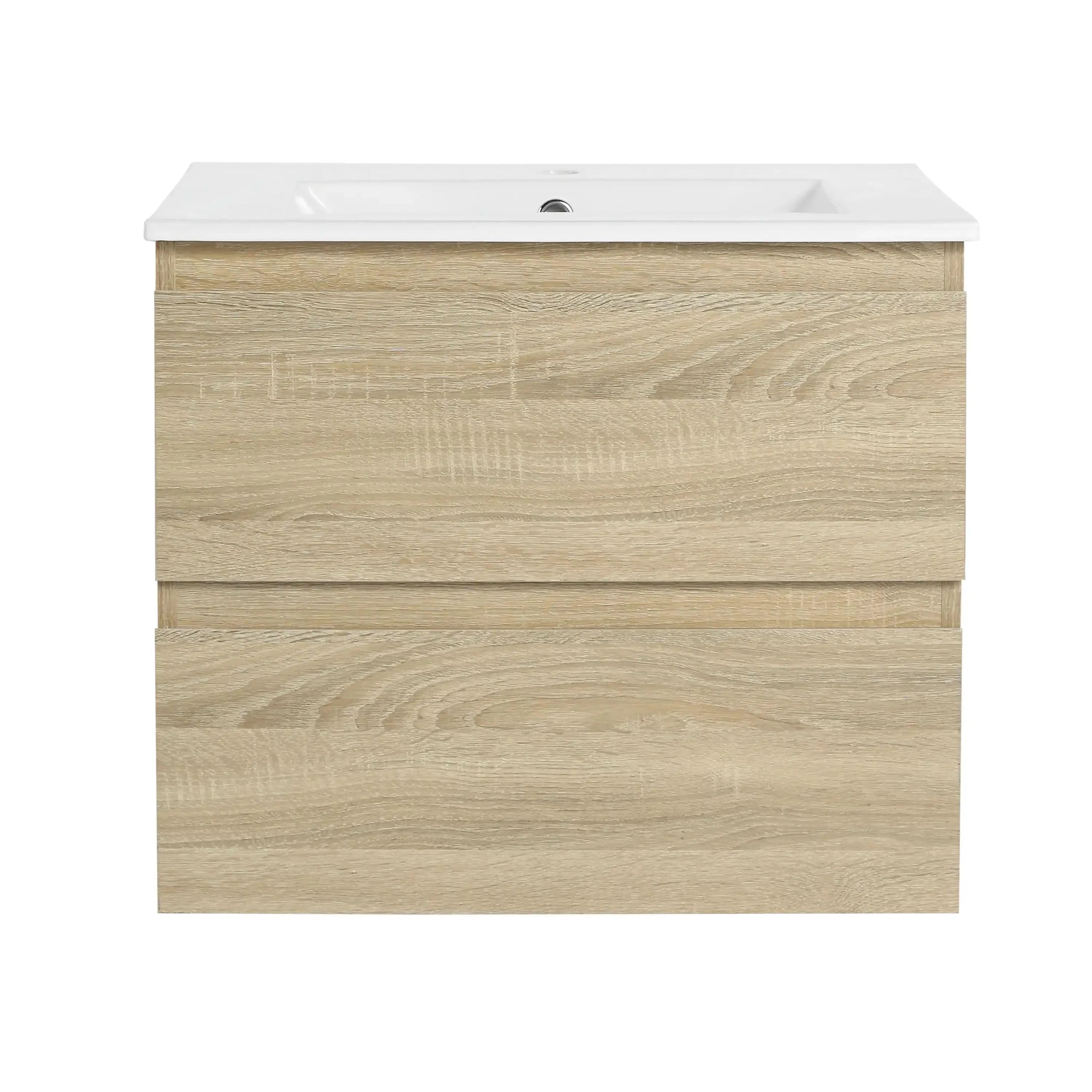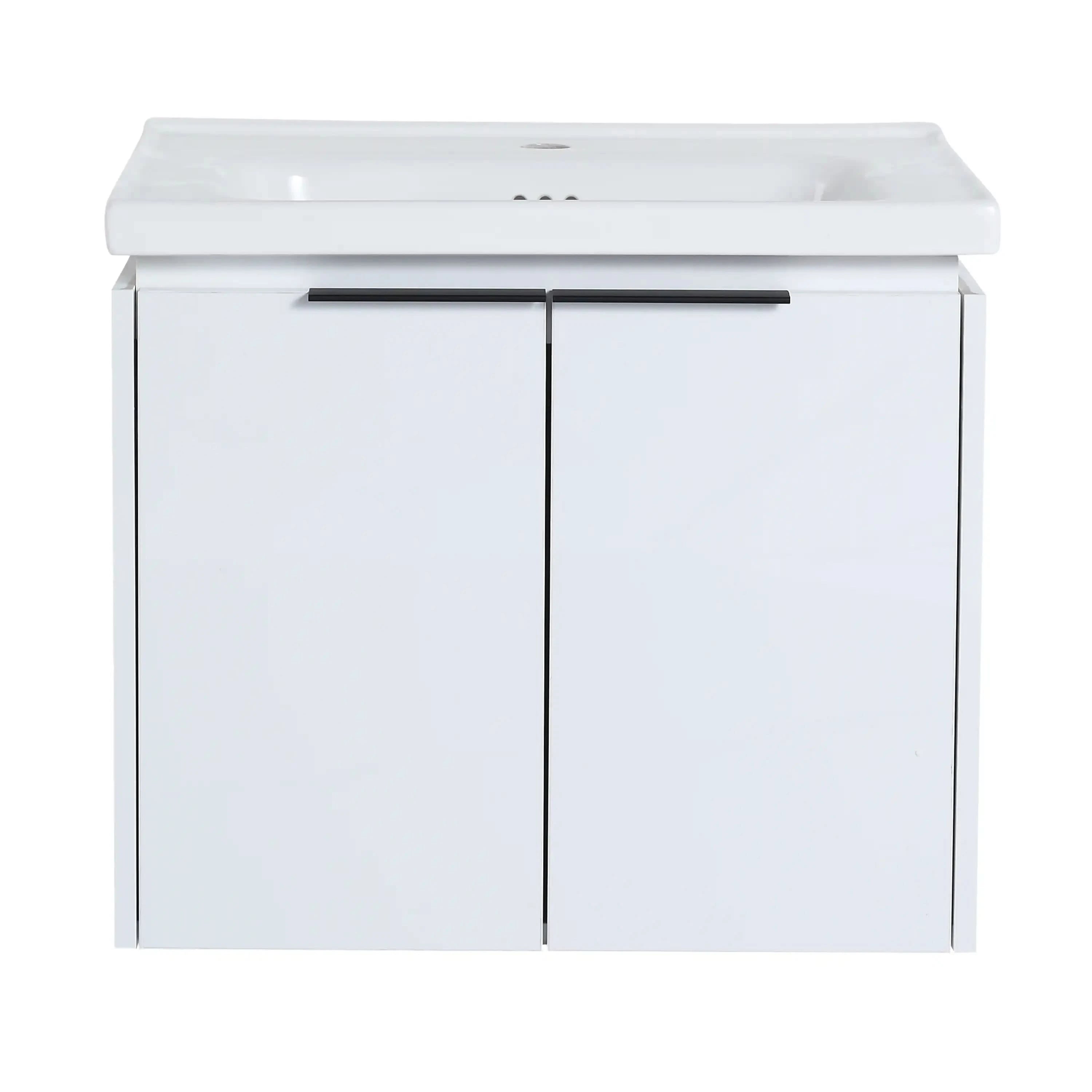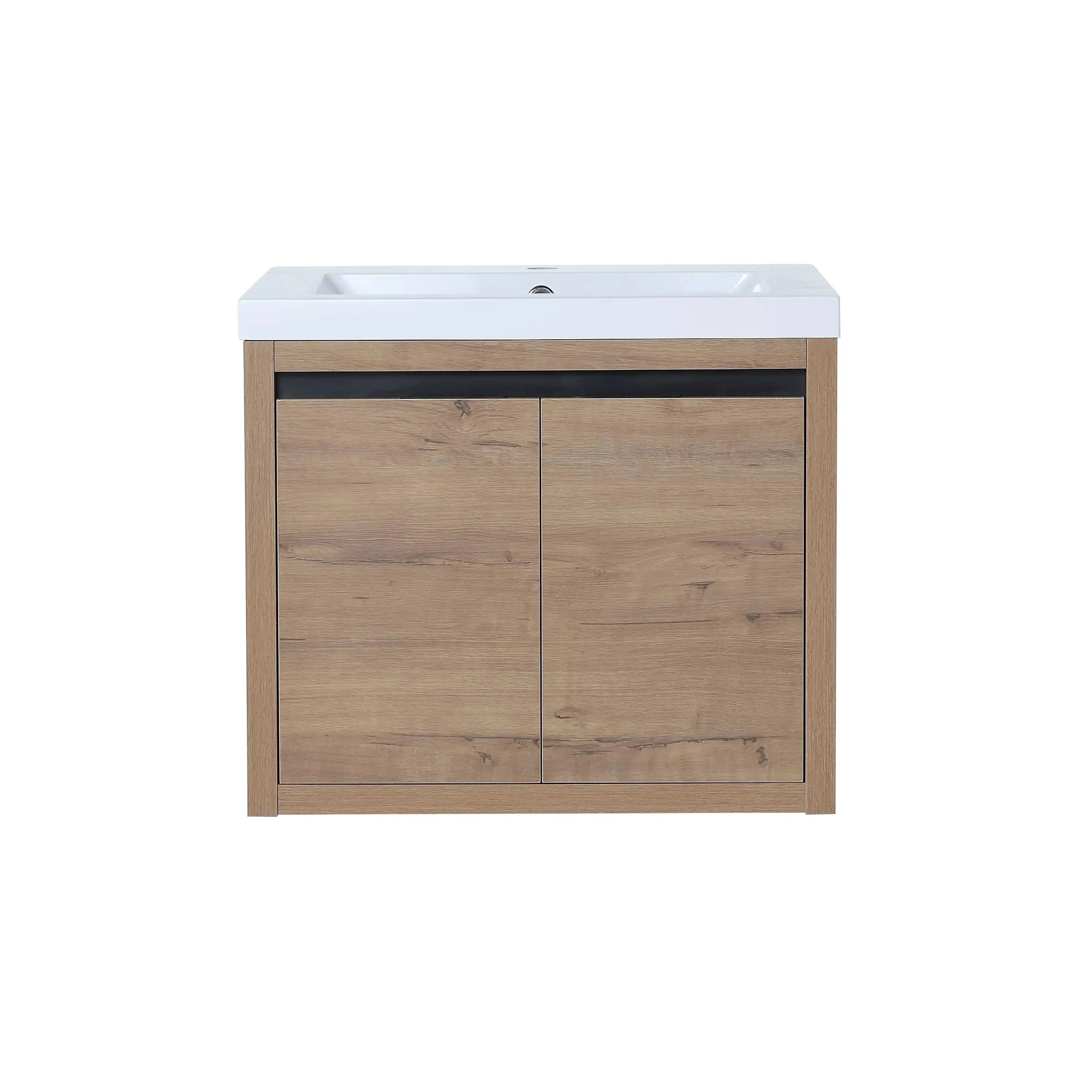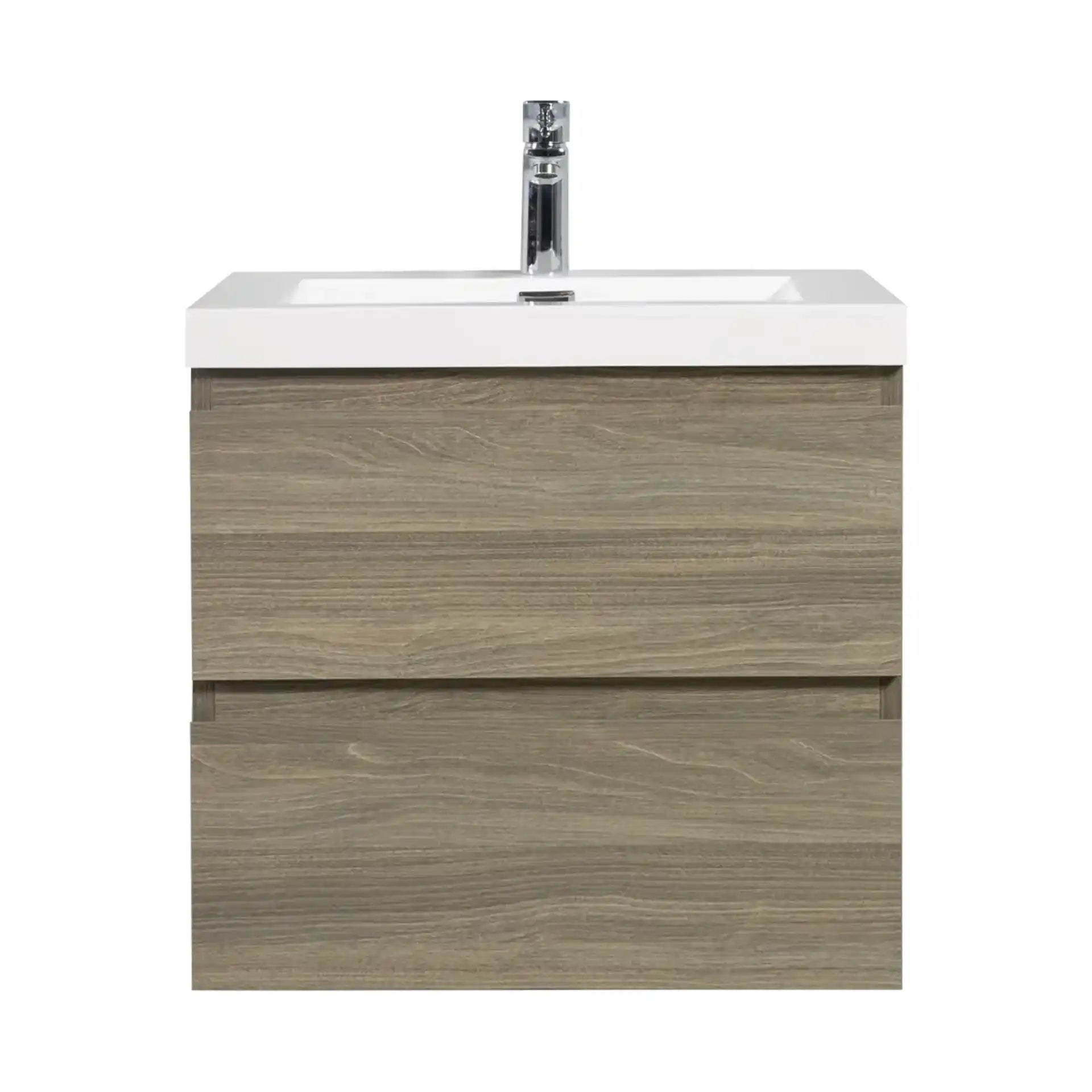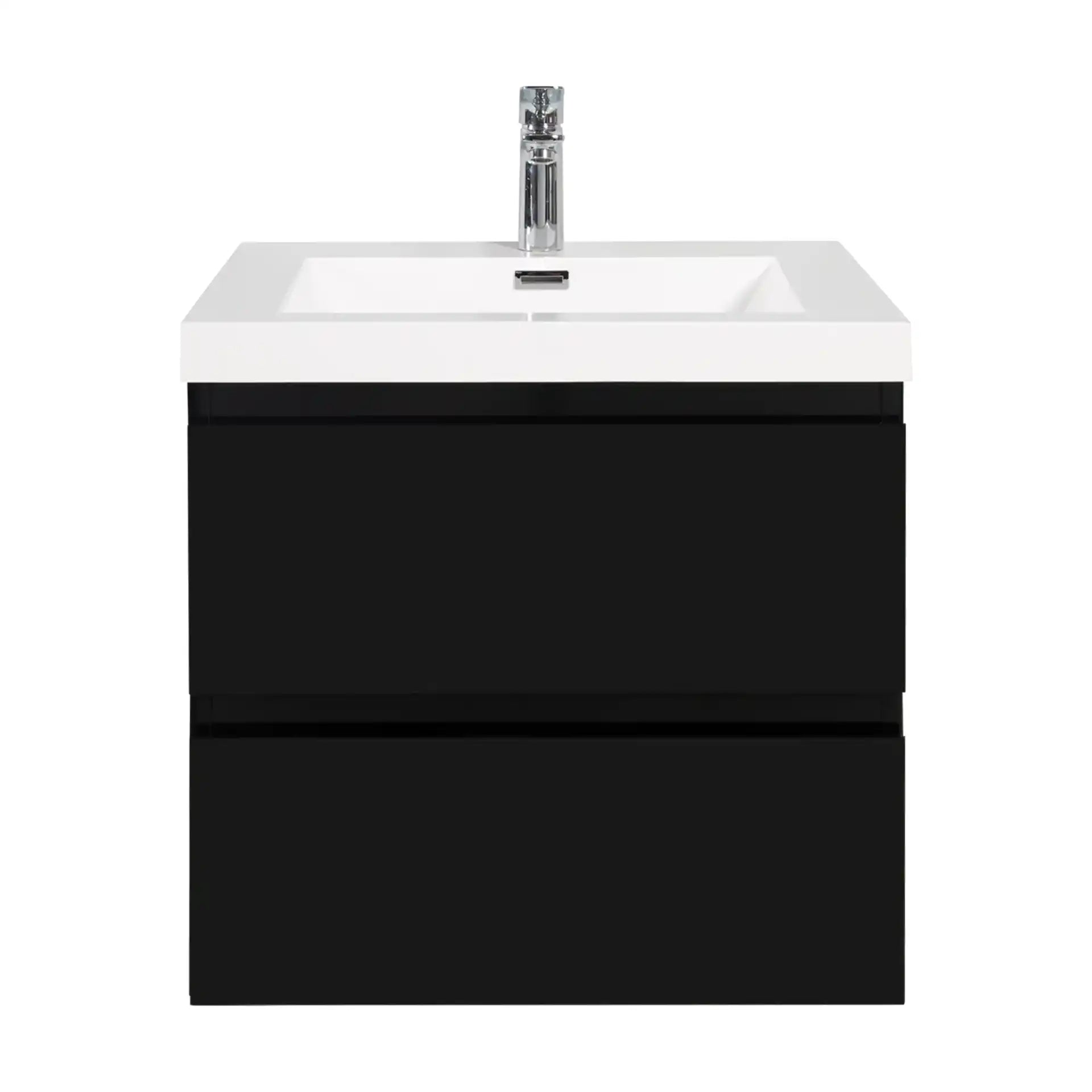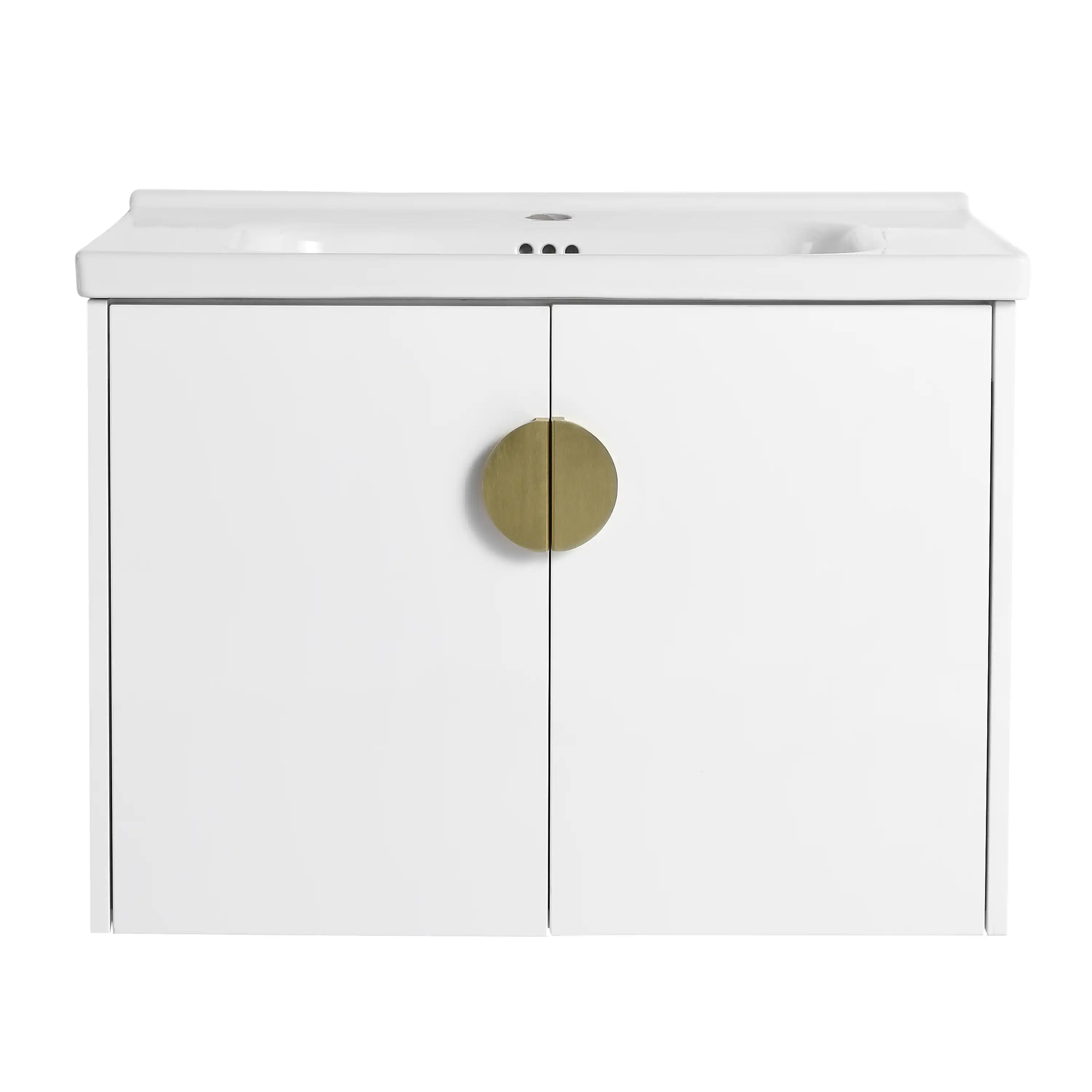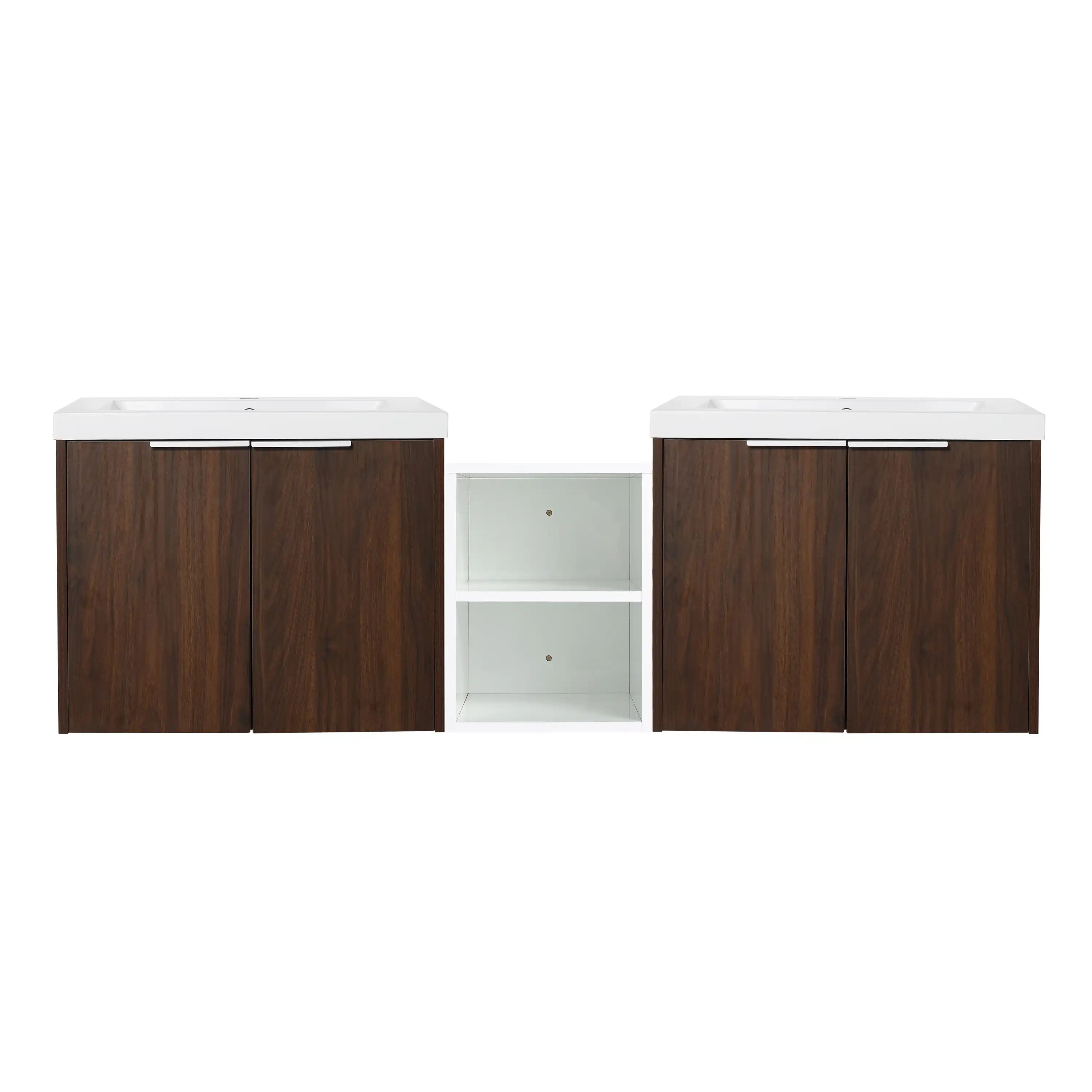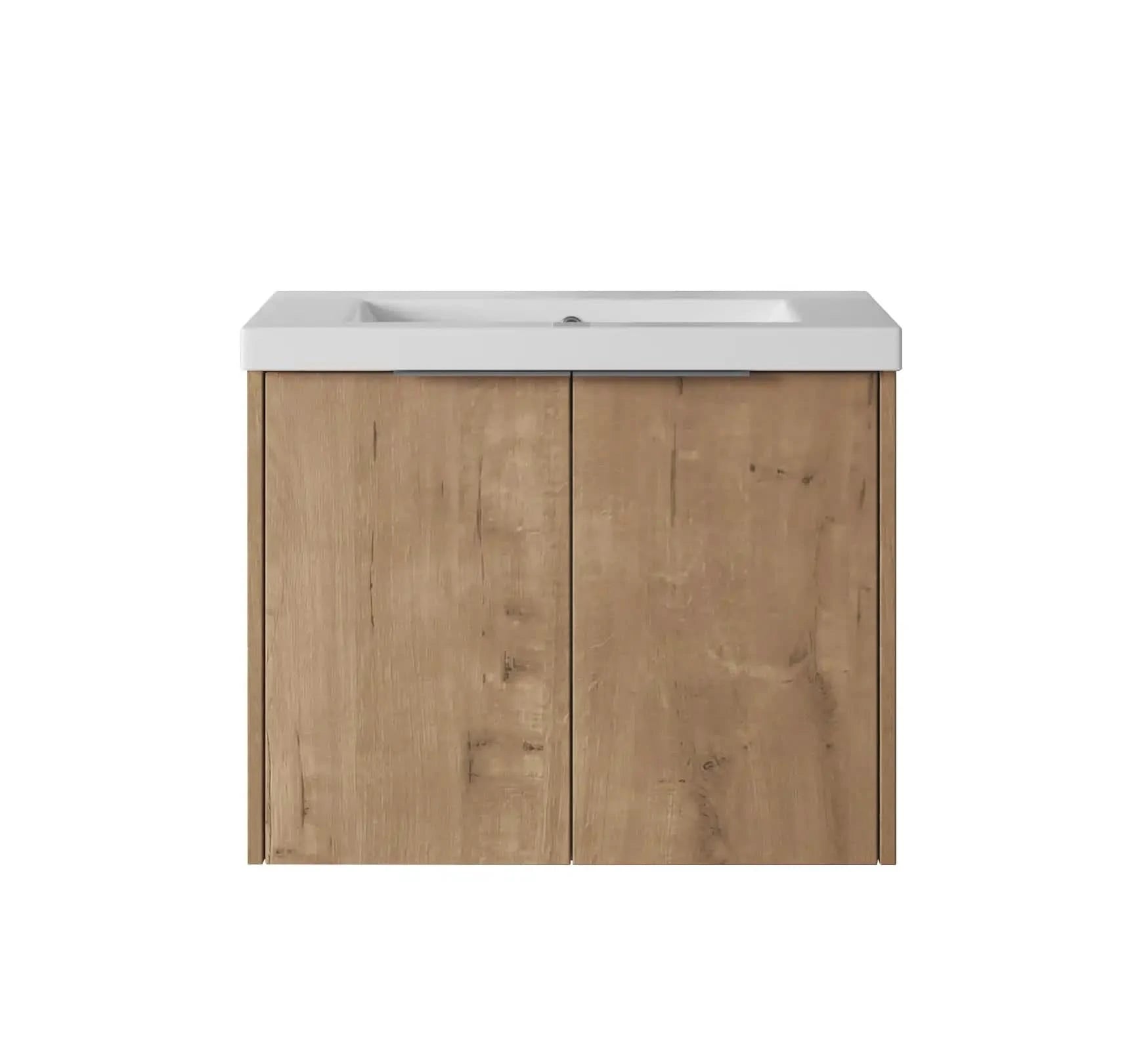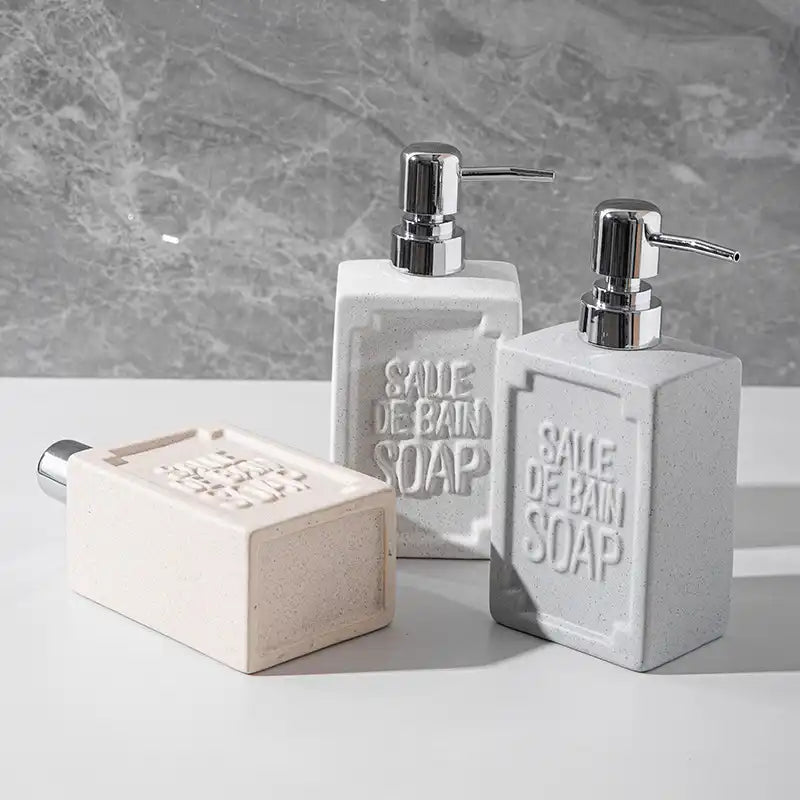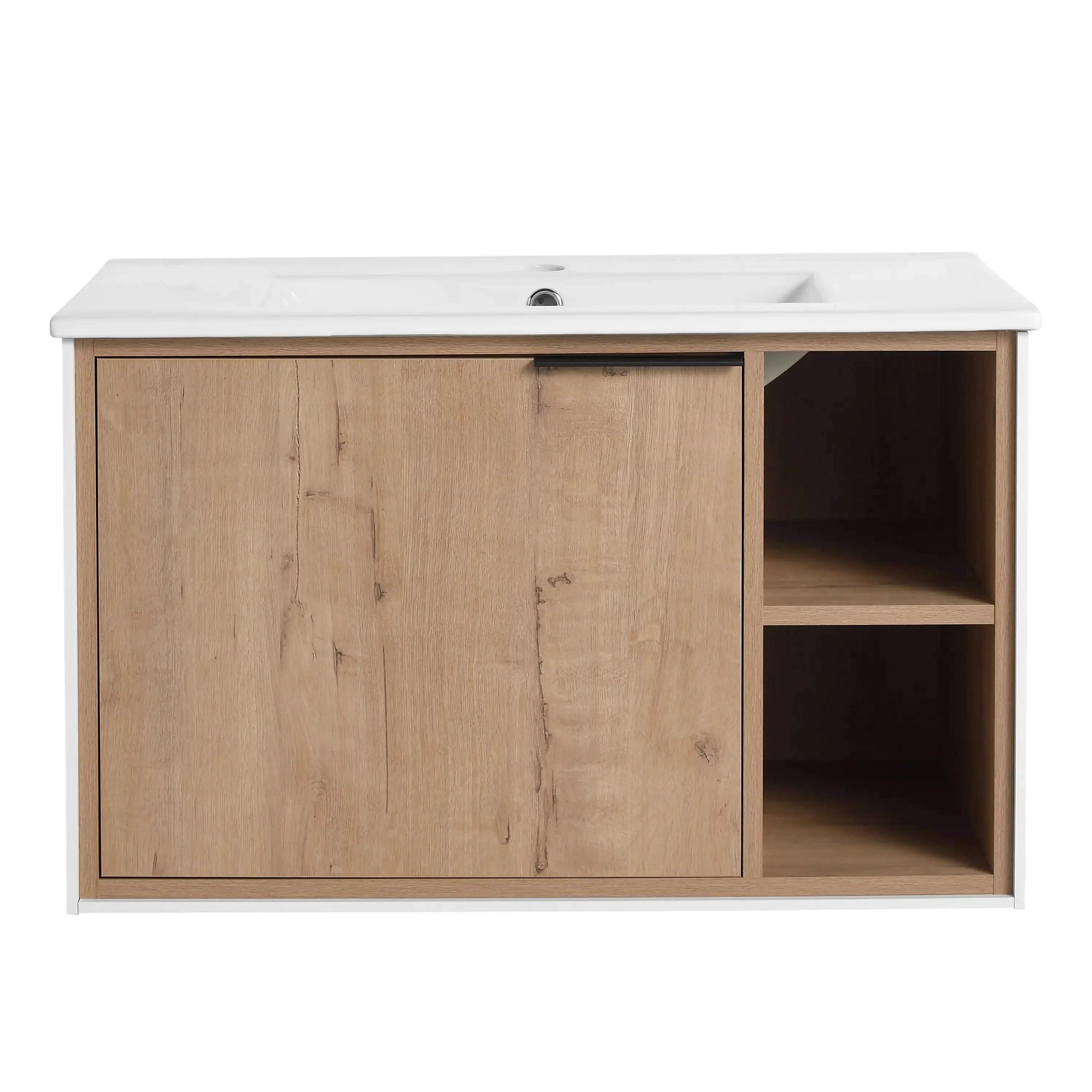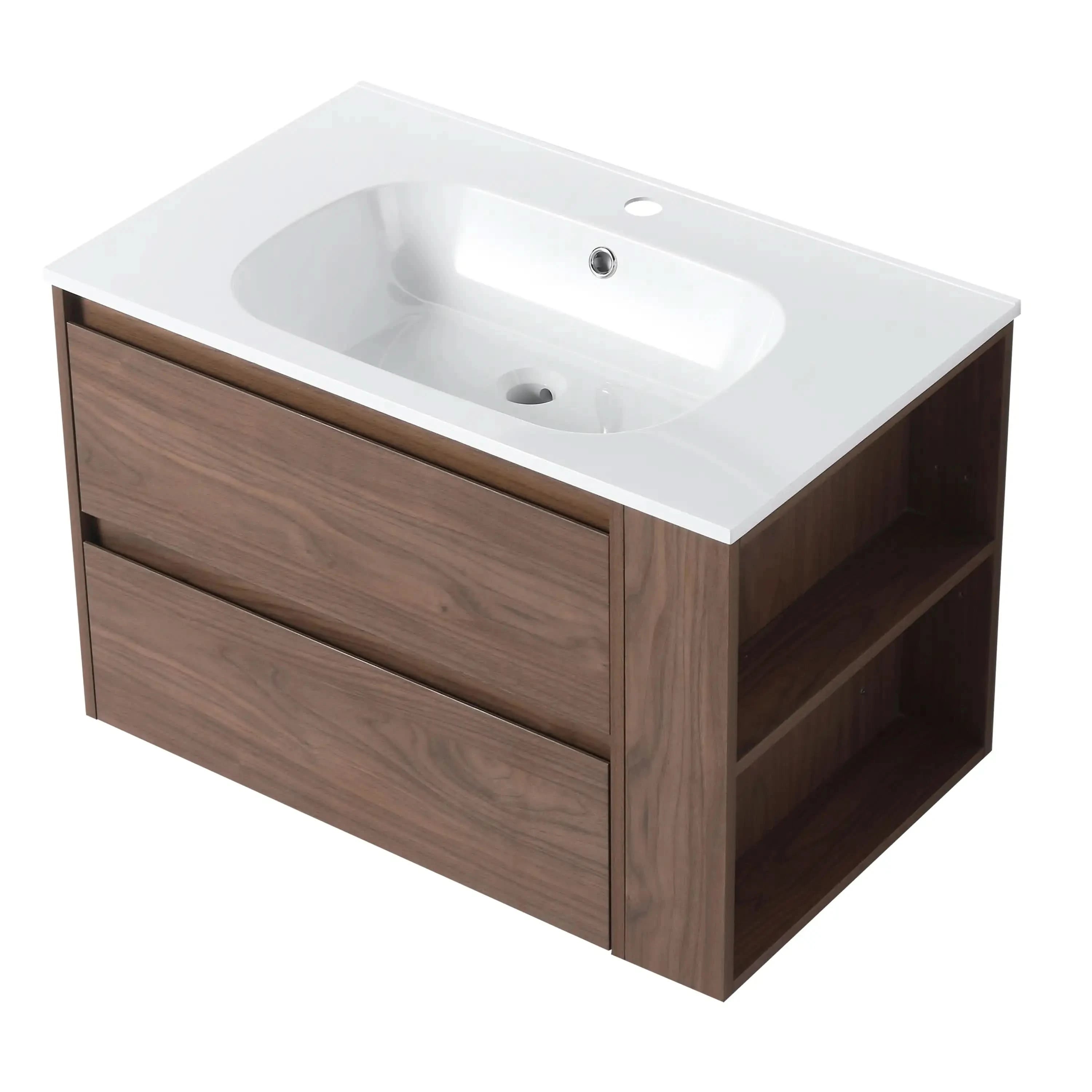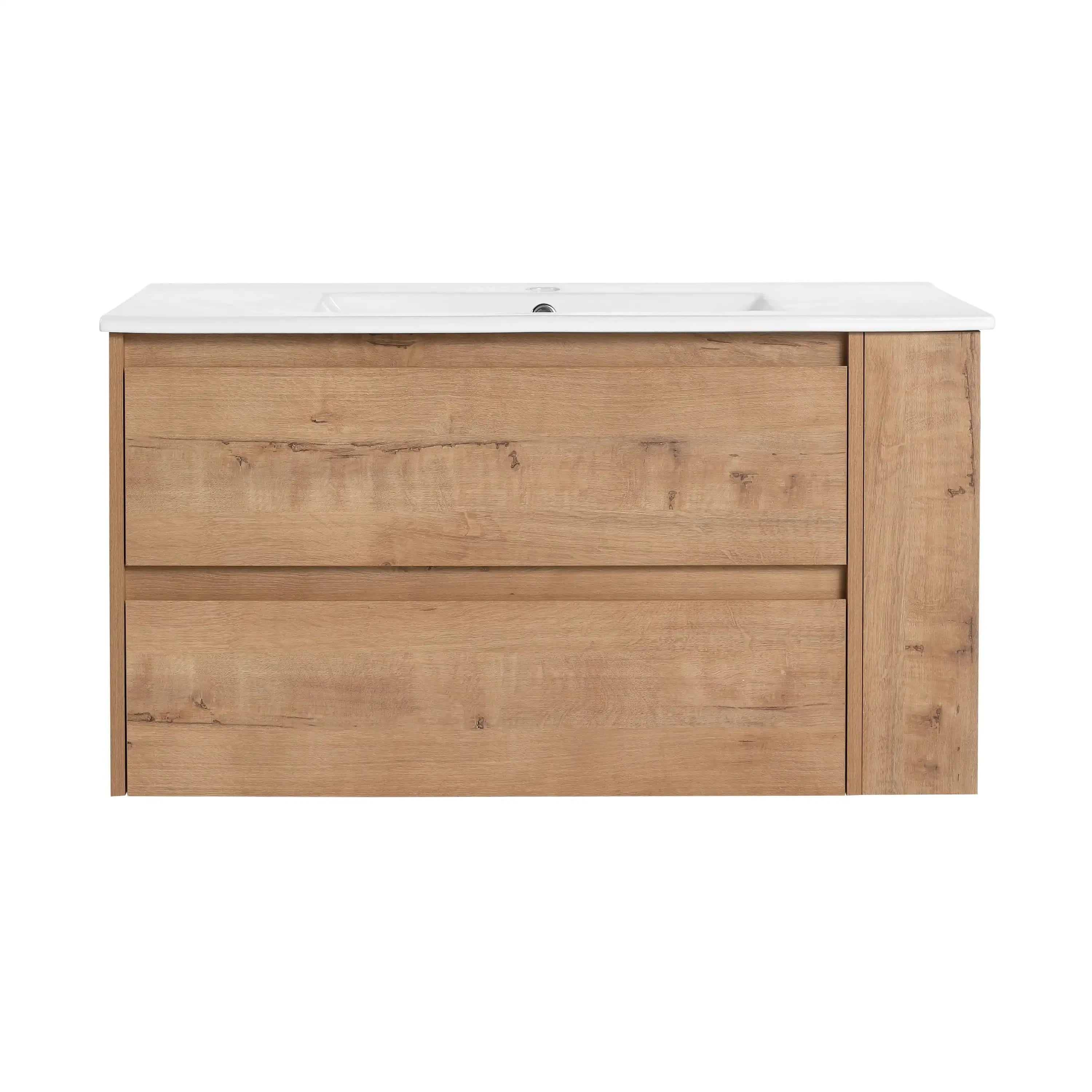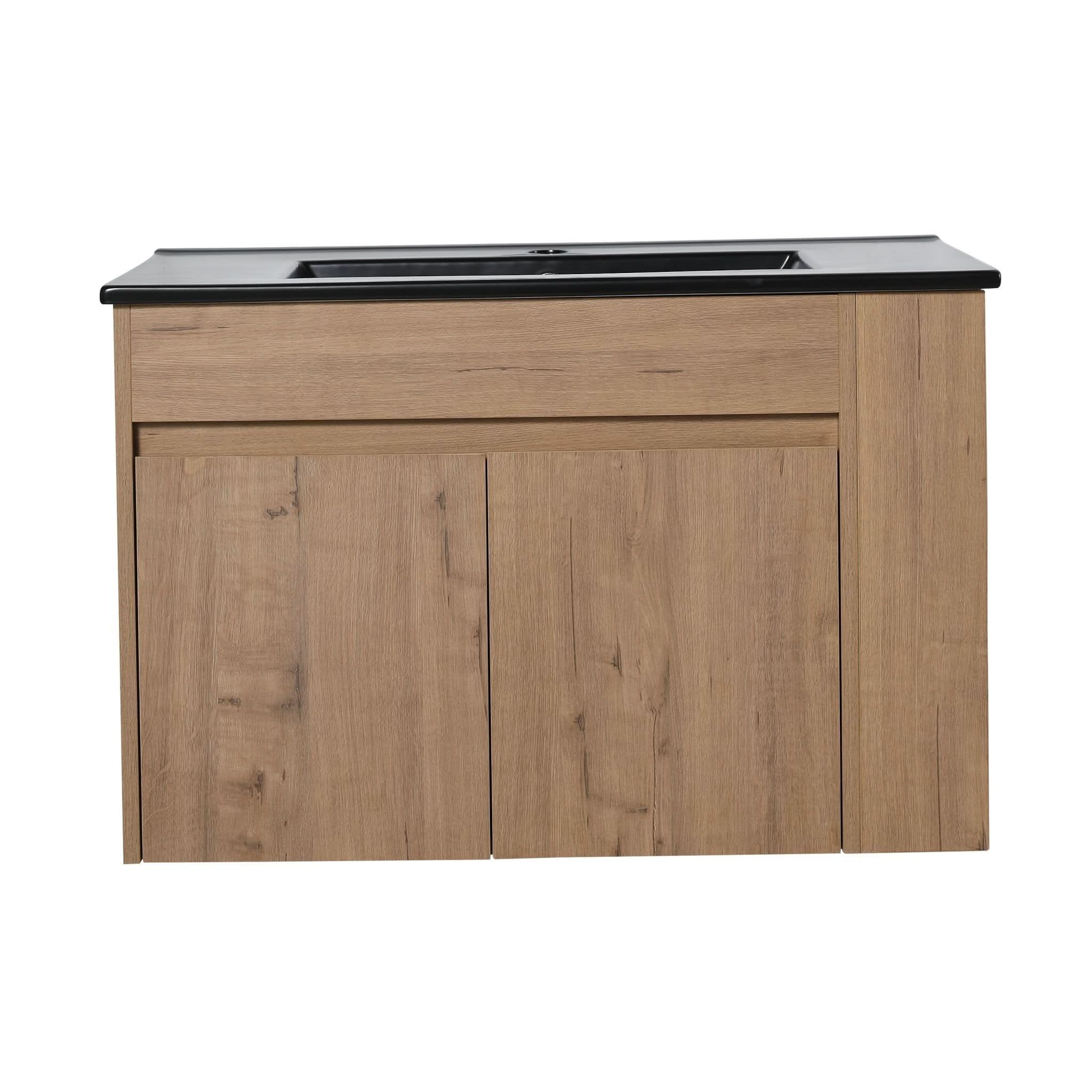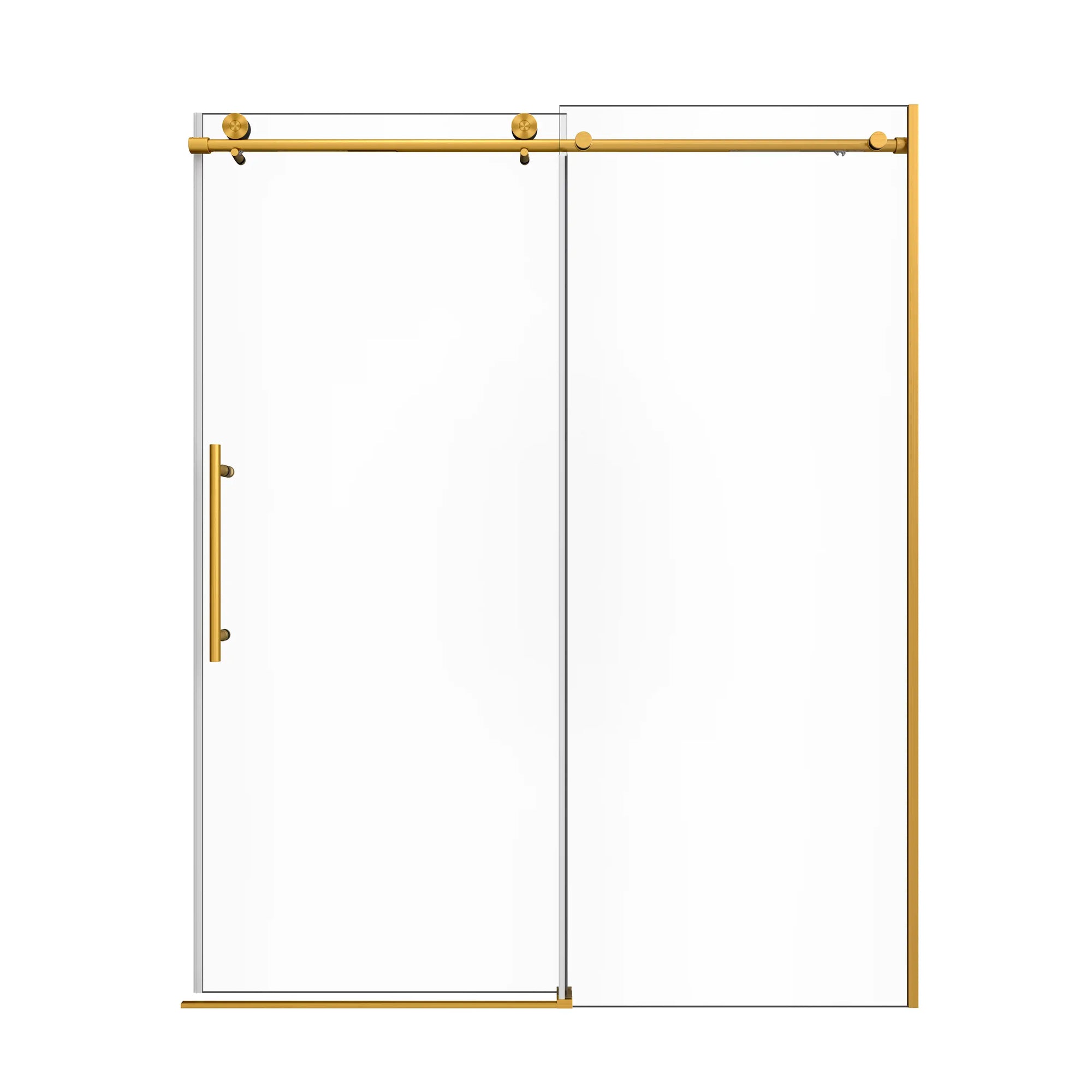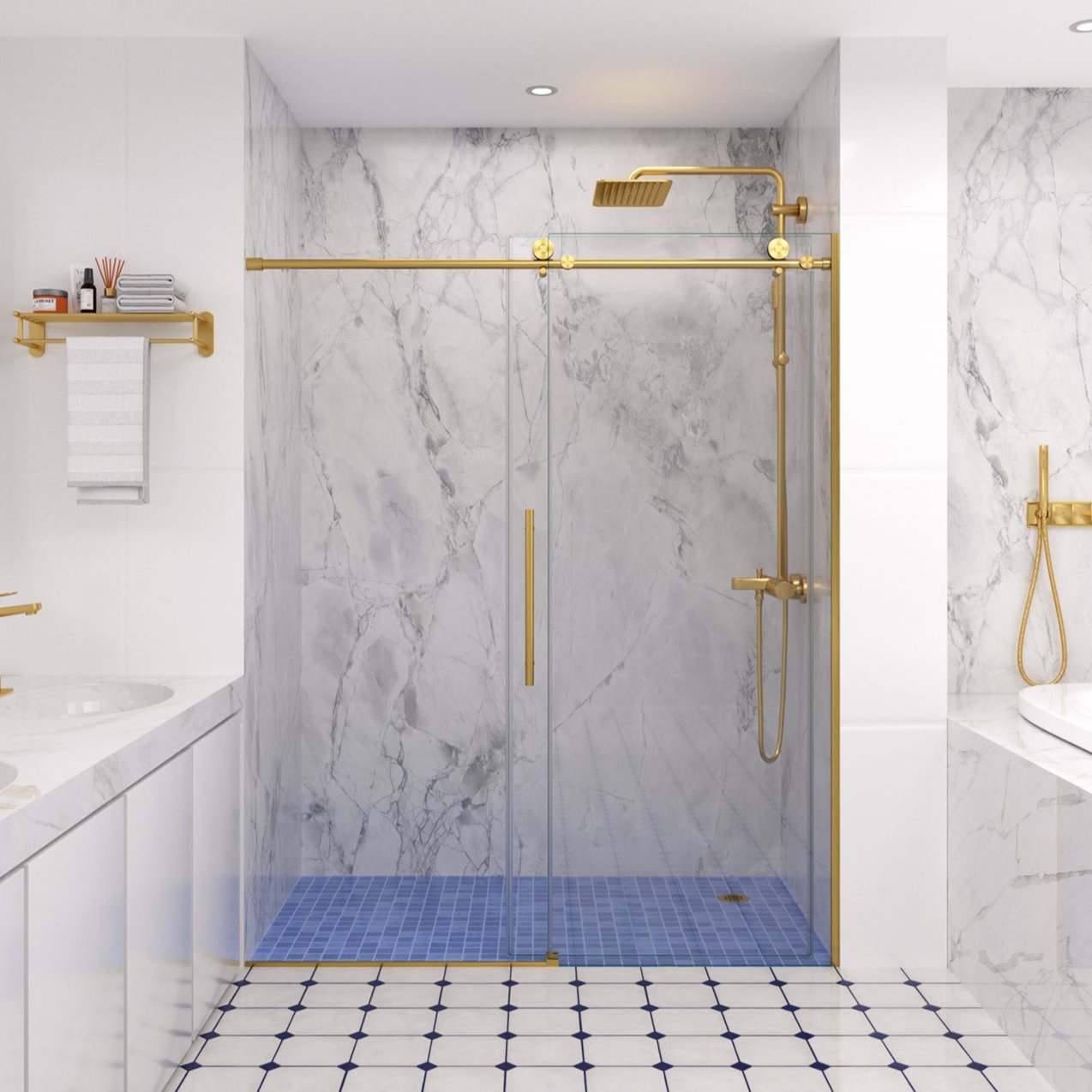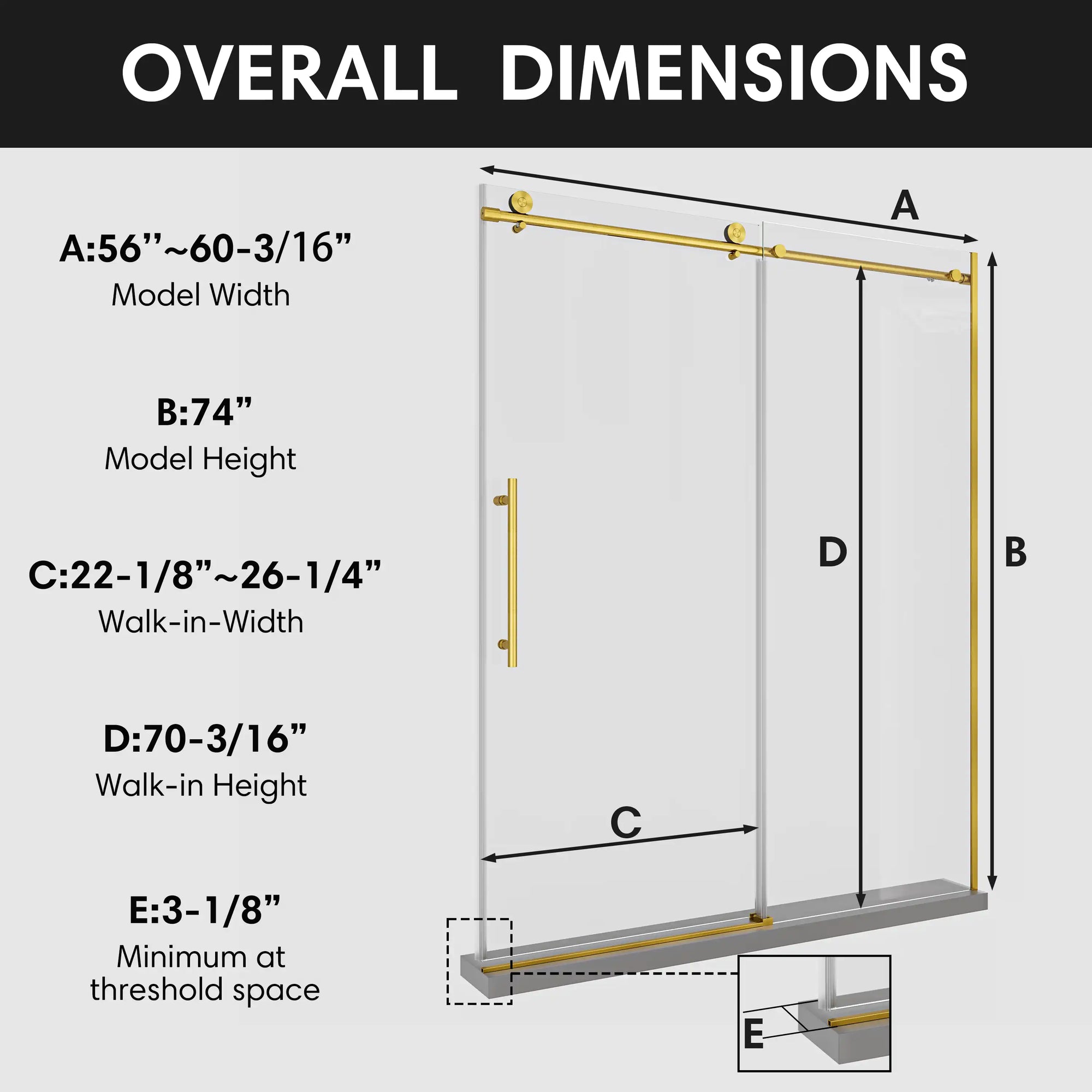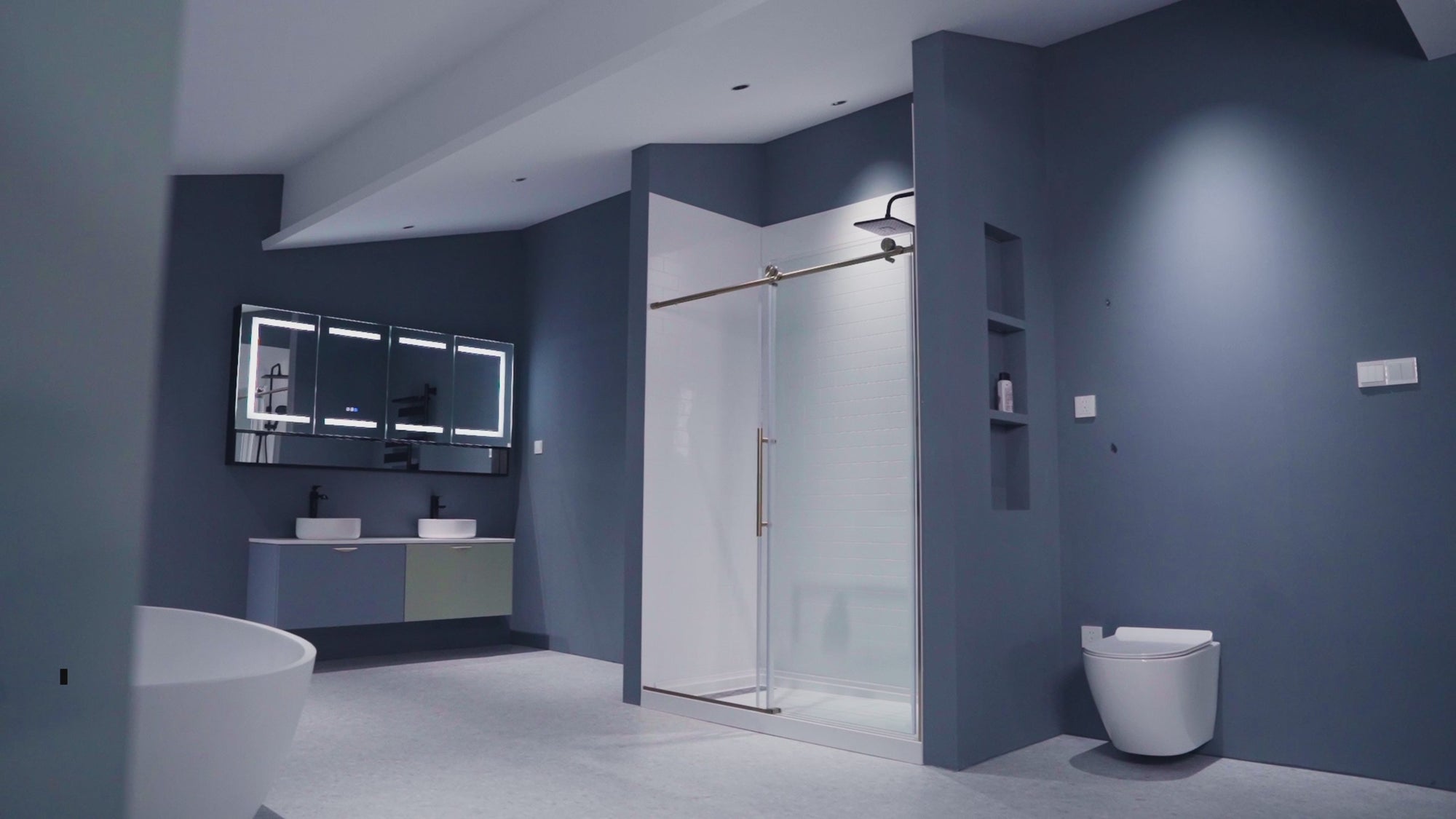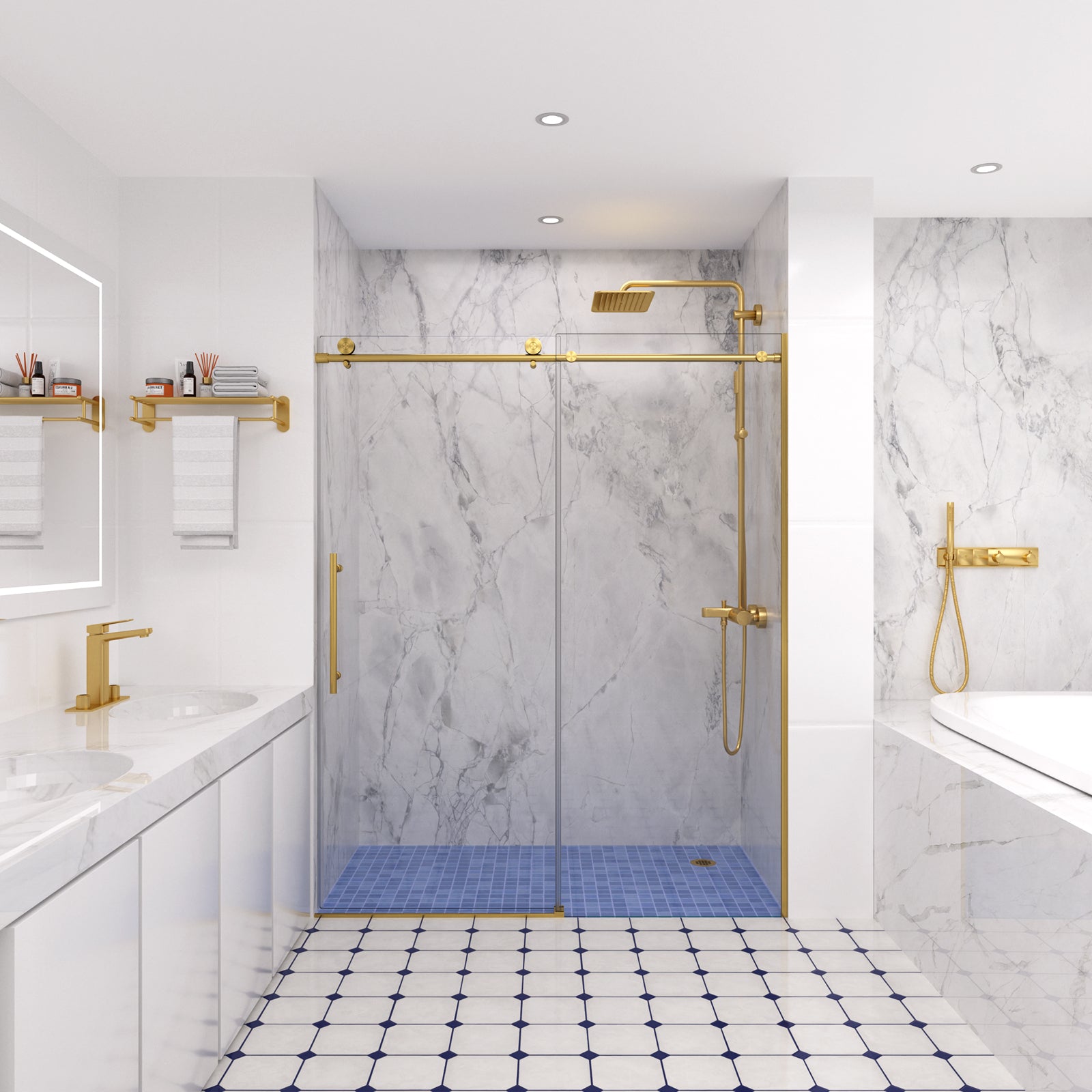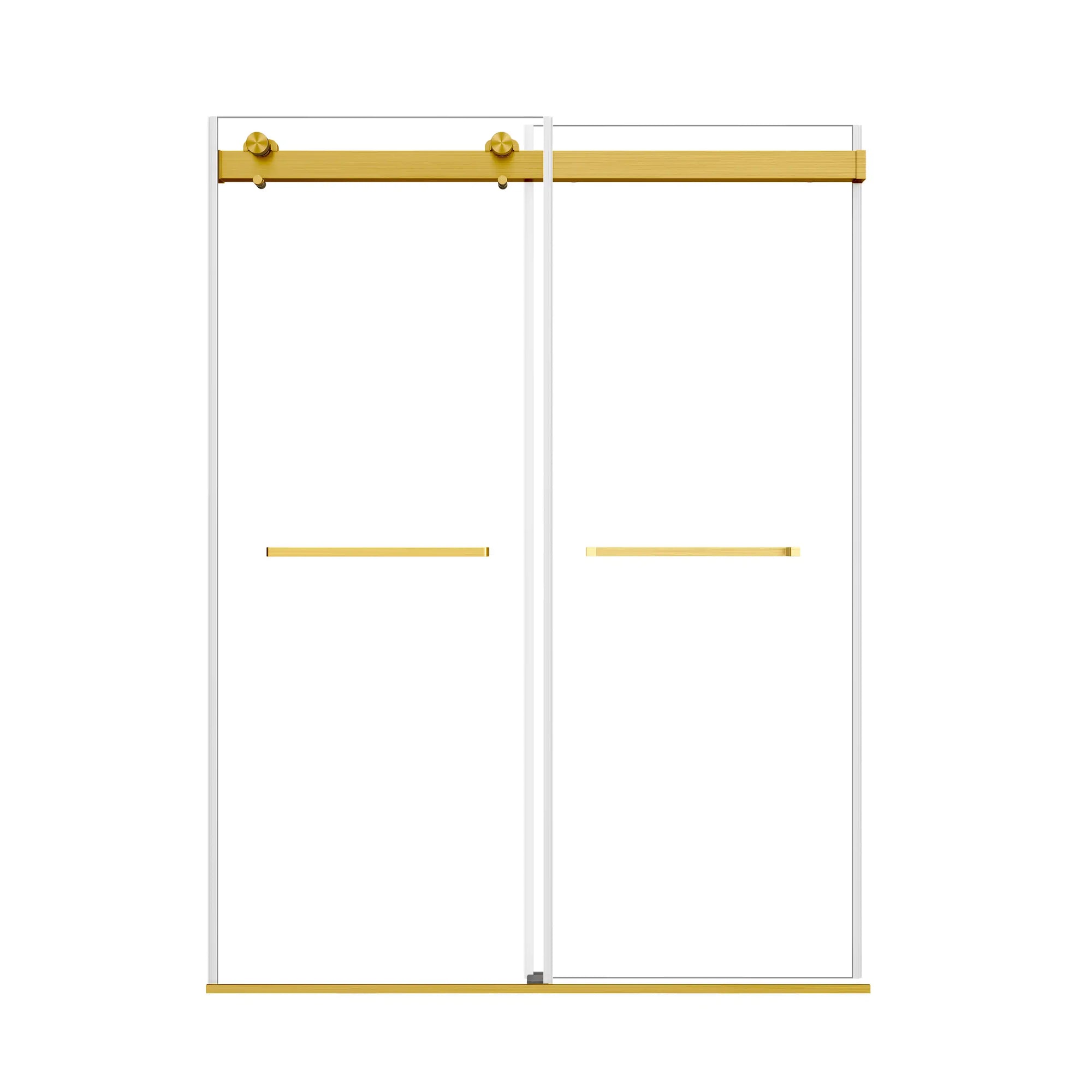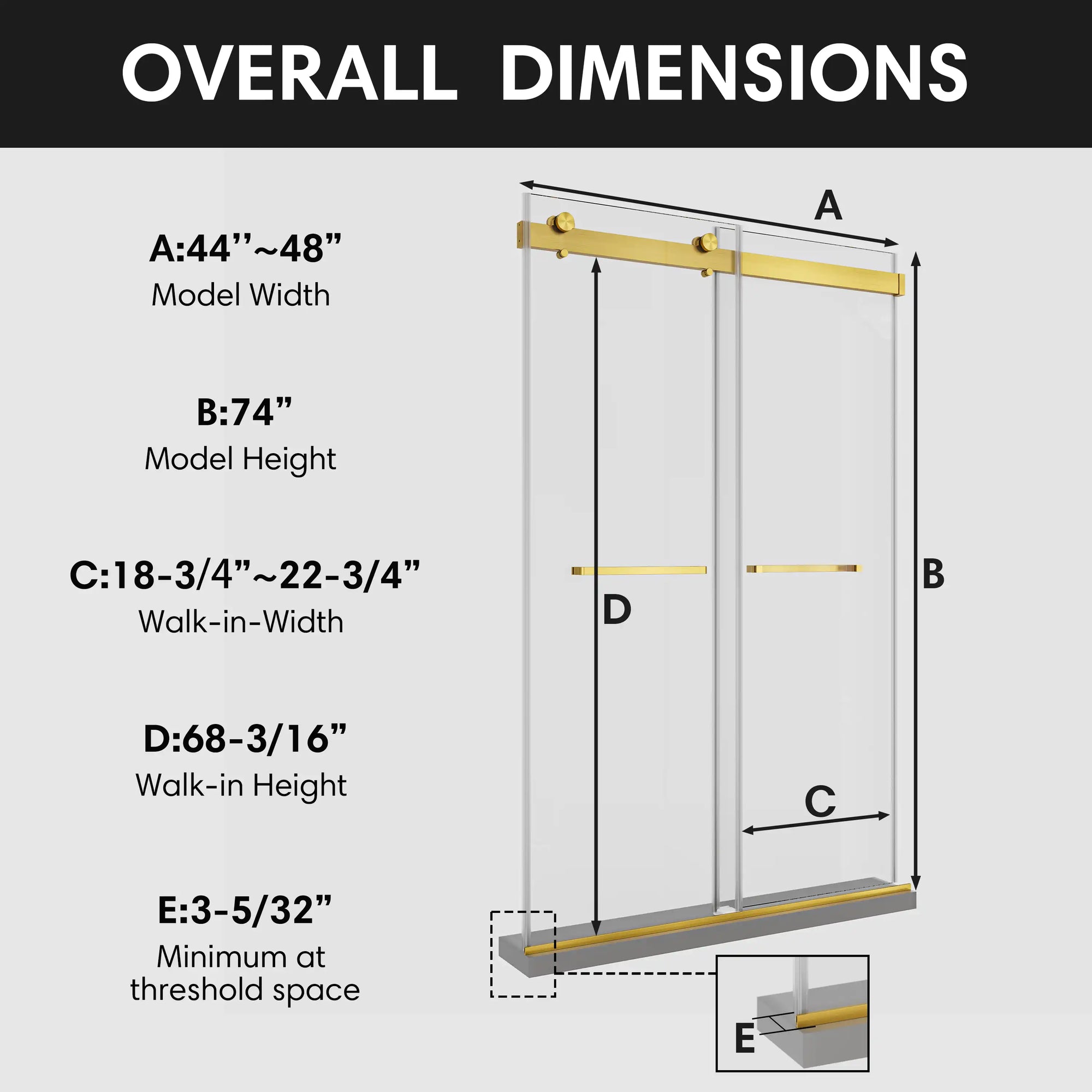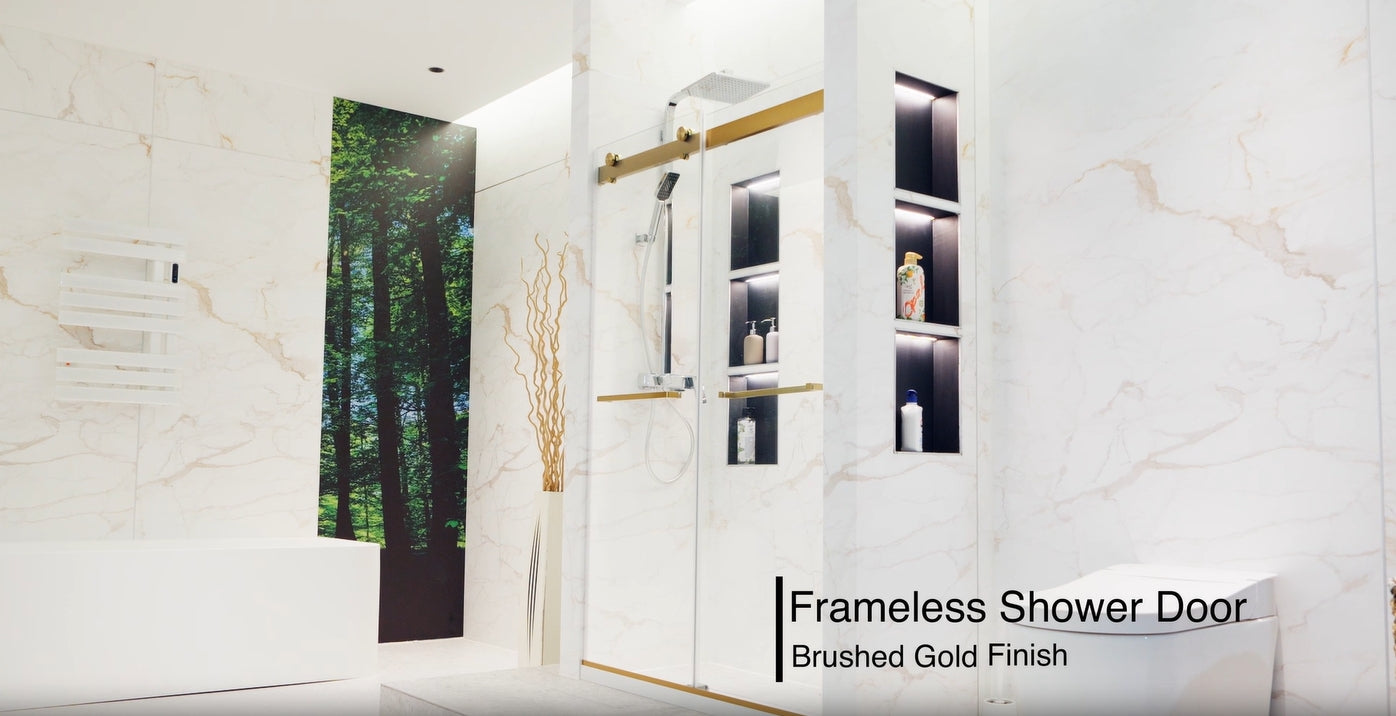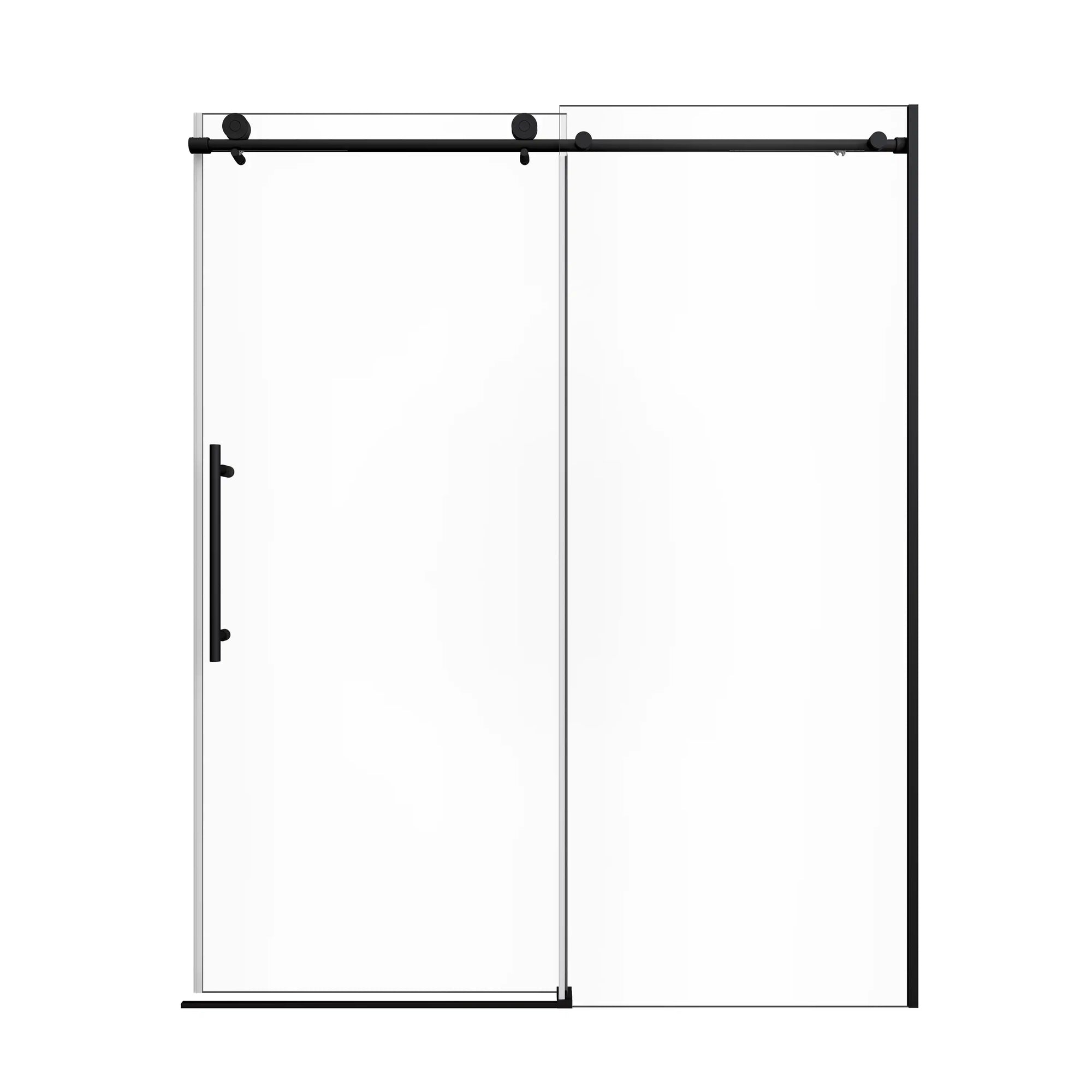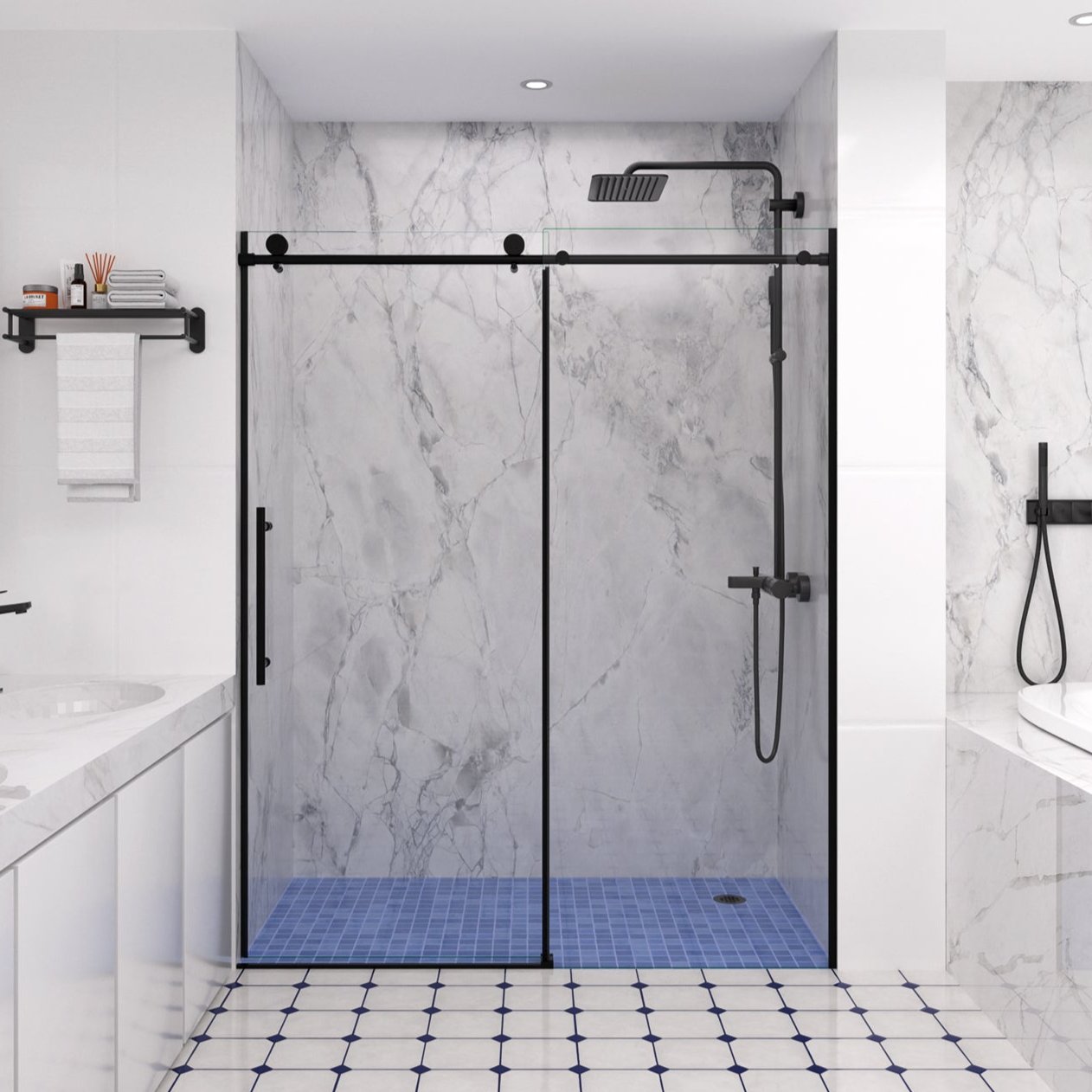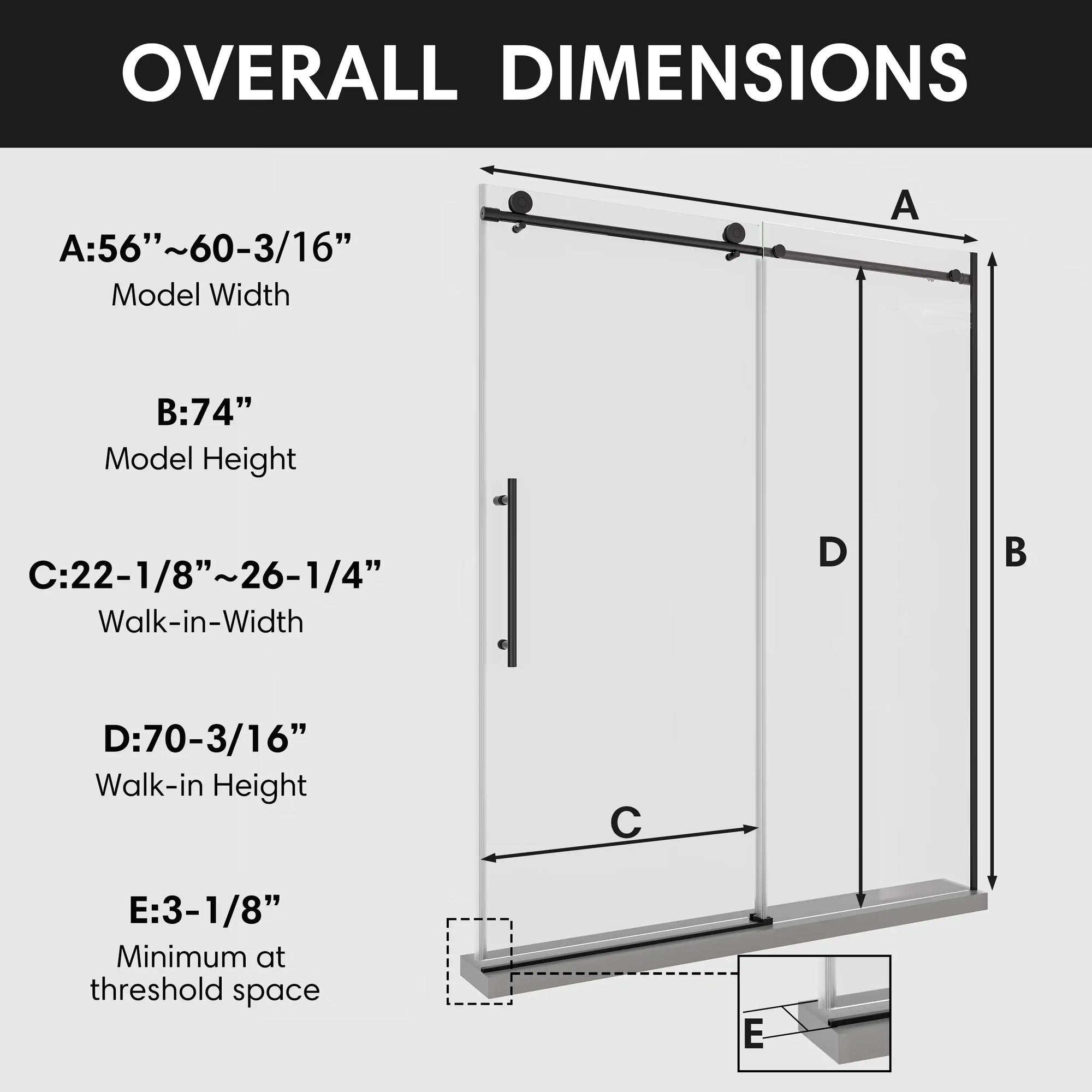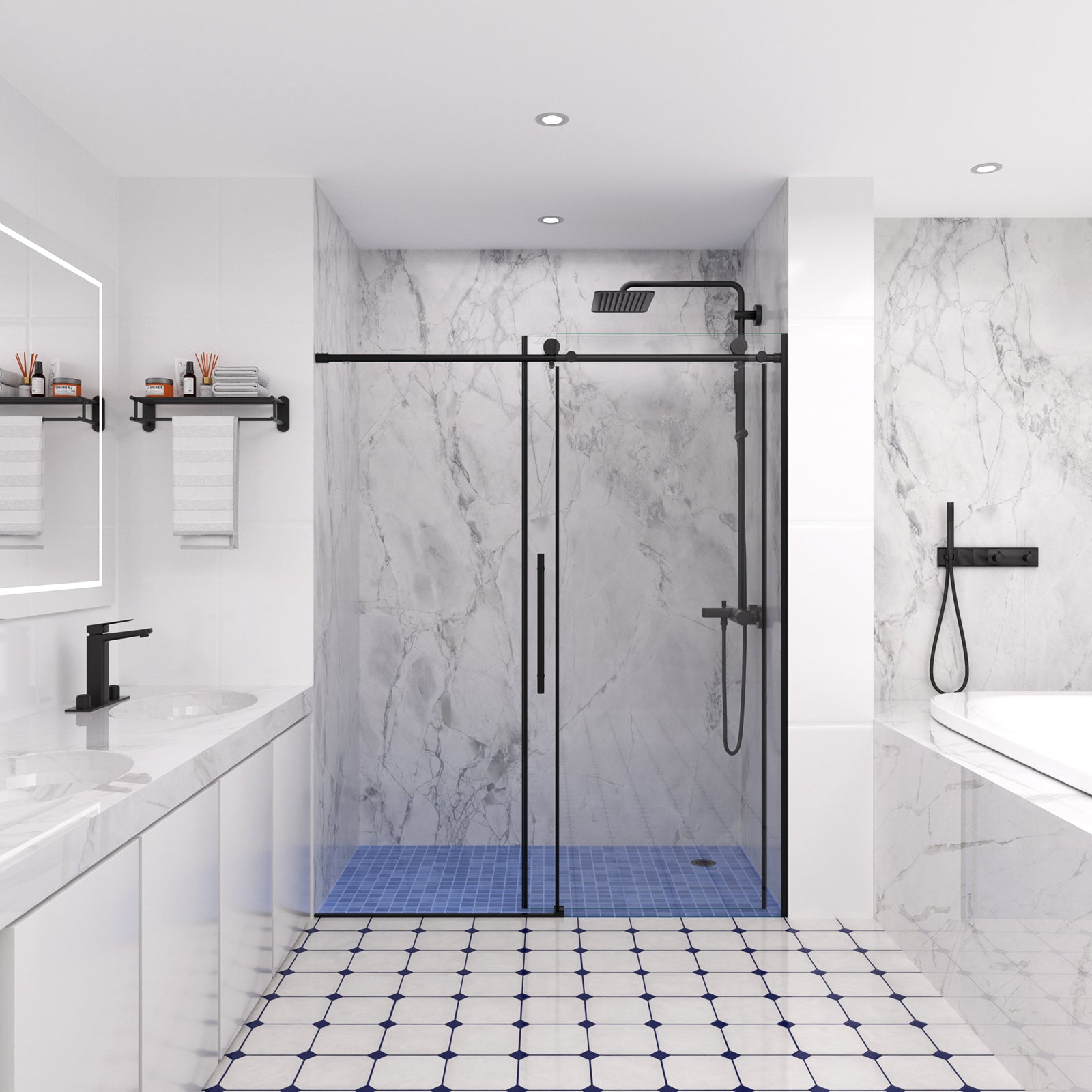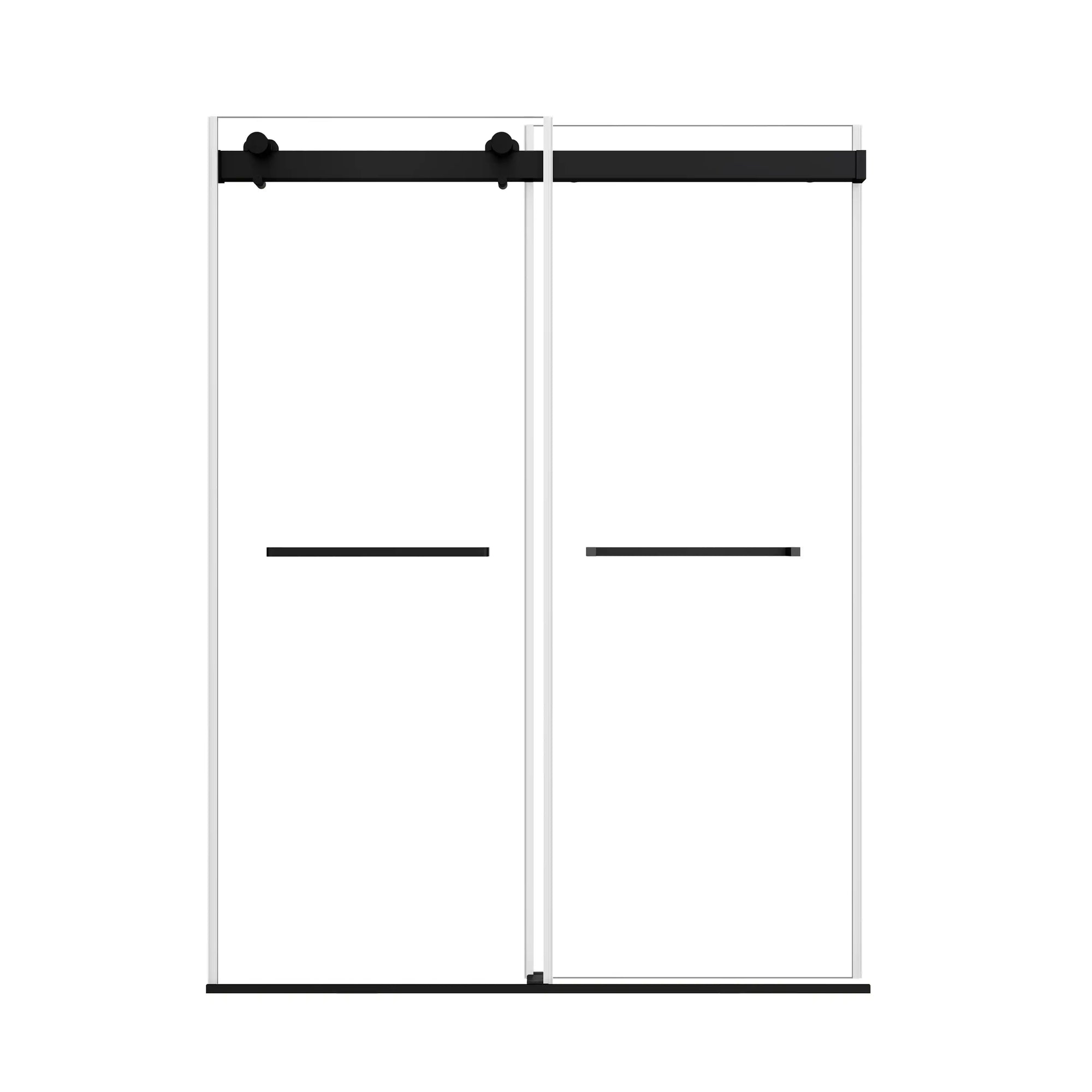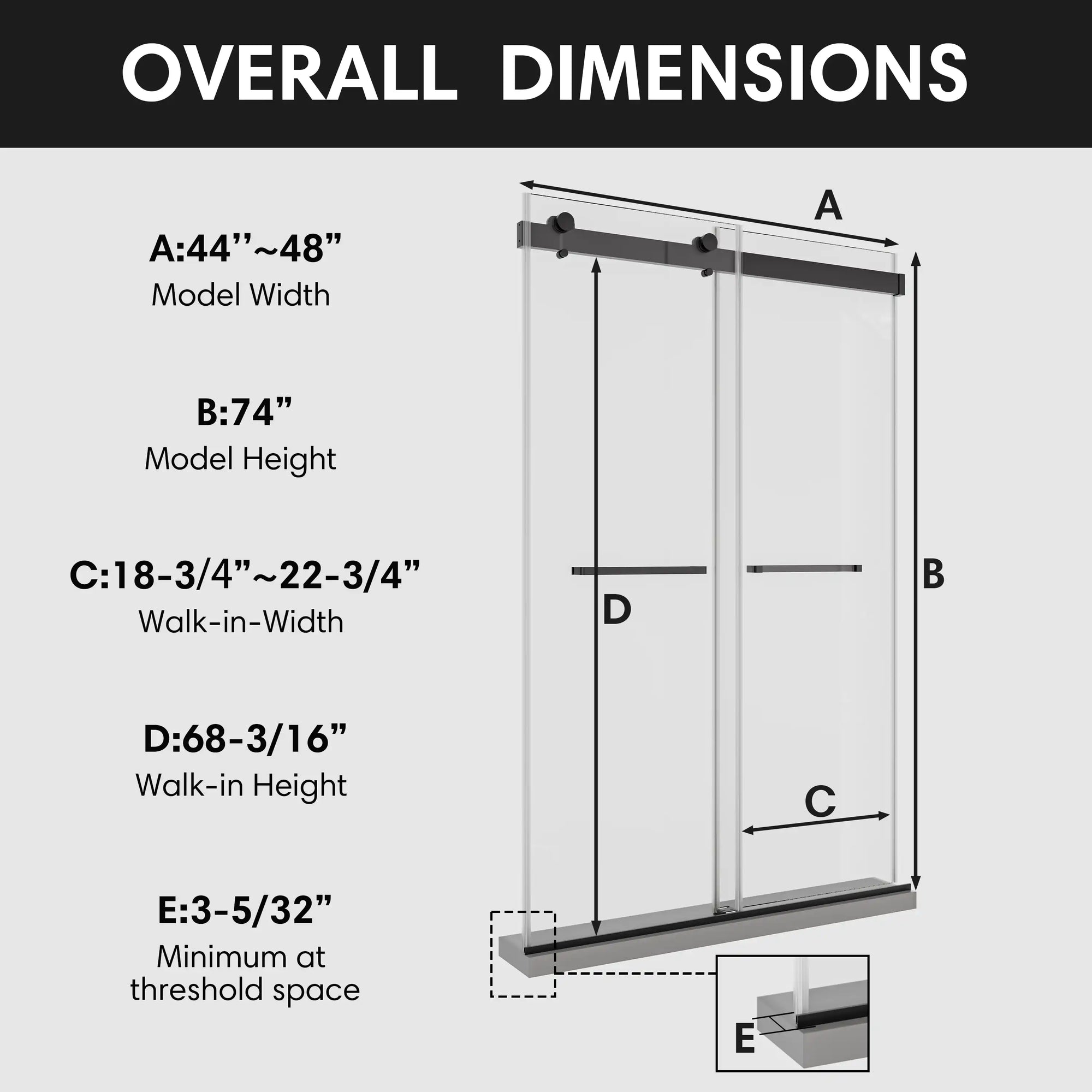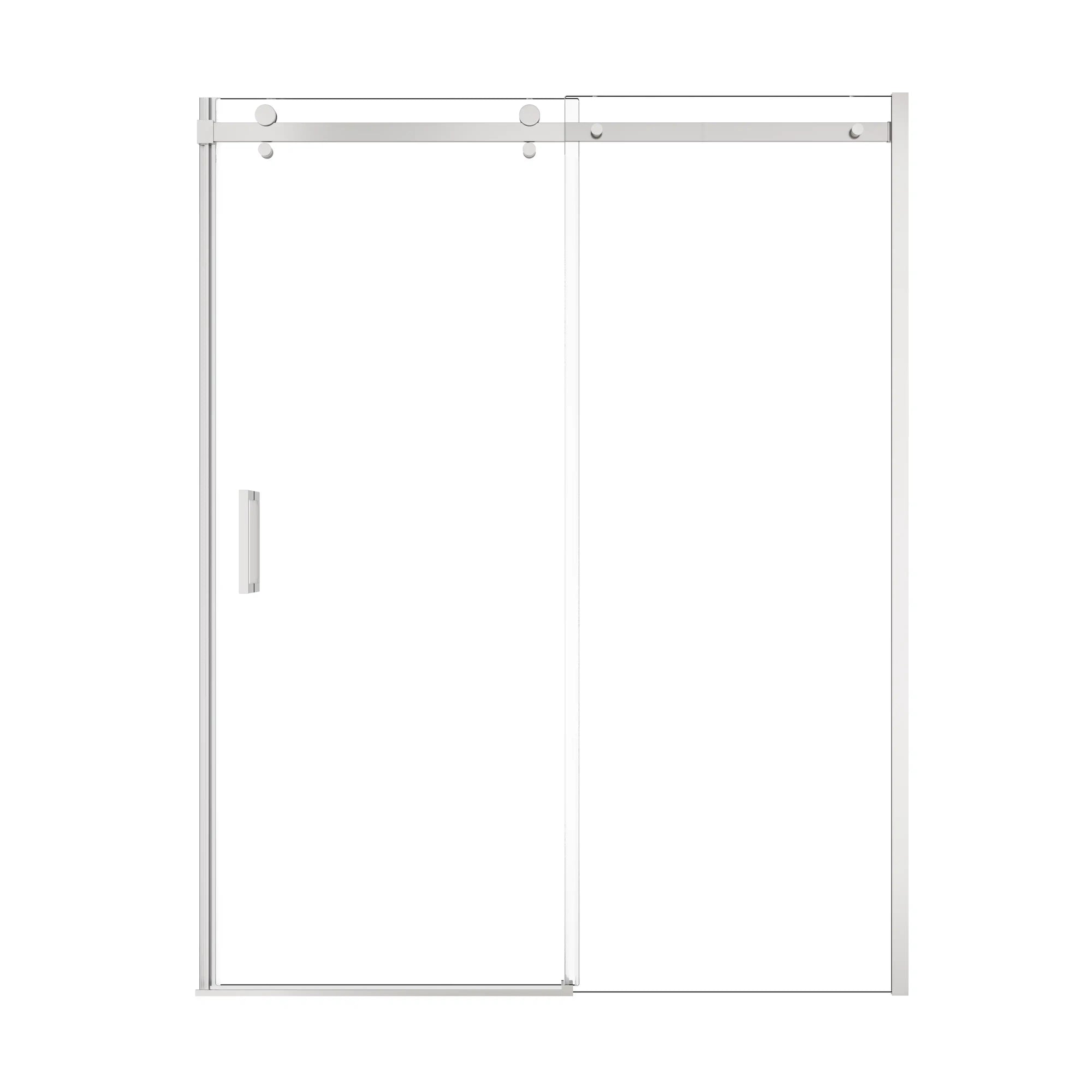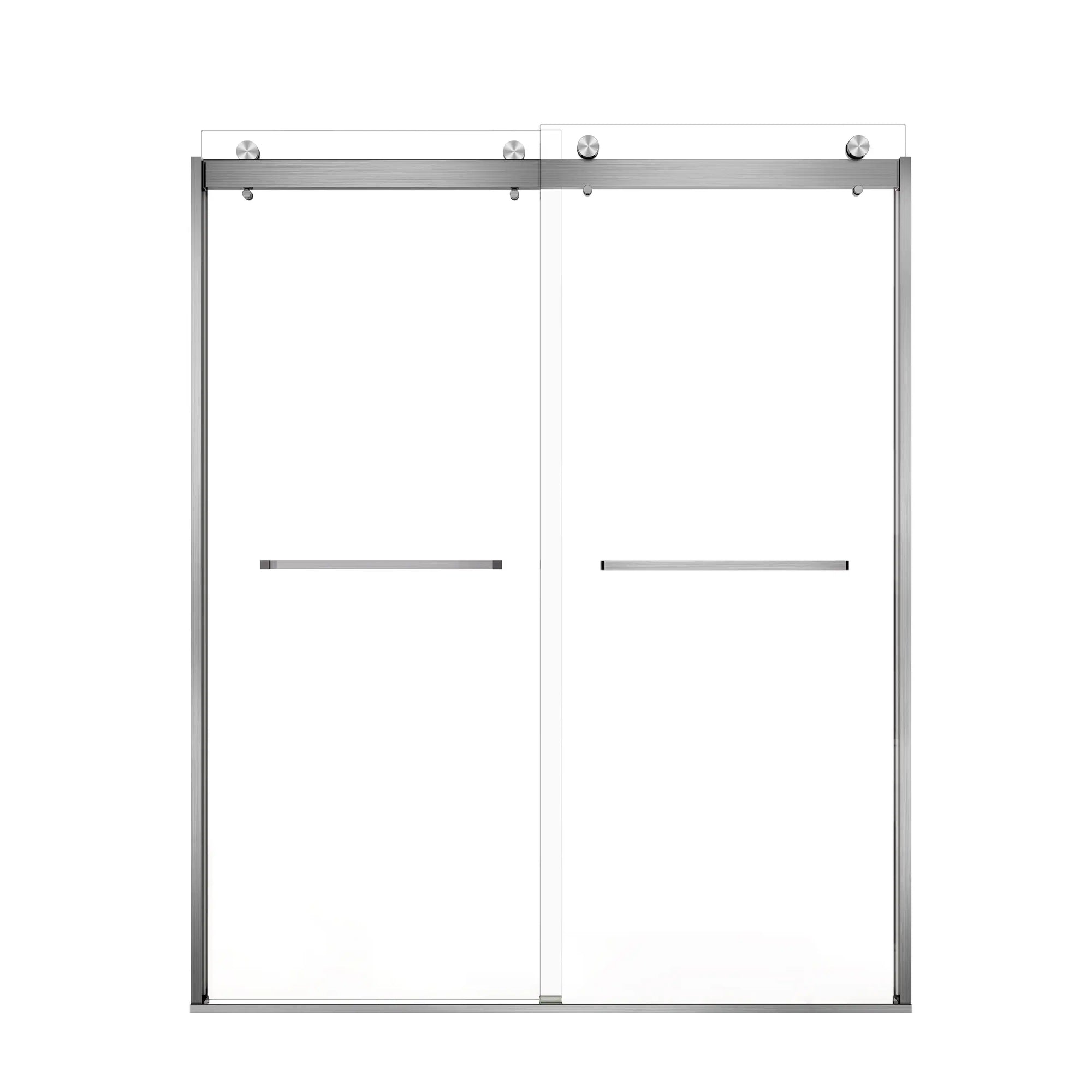When you’re remodeling a bathroom, one of the biggest decisions you’ll face is choosing between a framed shower door or a frameless shower door. Each style brings its own set of benefits, drawbacks, and aesthetic appeal. Whether you're leaning toward a more traditional look or aiming for a sleek, modern vibe, understanding the differences between these two styles will help you make the right decision.
Let’s dive into the key features of framed and frameless shower doors, exploring not just their appearances but their real-world functionality, durability, cost, and maintenance requirements.
What Are Framed Shower Doors?
Framed shower doors feature glass panels surrounded by a metal frame, usually made from aluminum, stainless steel, or brass. This frame provides structural support, meaning the glass used can be thinner (around 4-5mm). The frame also contains rubber or magnetic seals, which helps prevent water from escaping the shower, making framed doors excellent at waterproofing.
Framed shower doors often include sliding, bi-fold, or pivot-style openings. The metal frame comes in various finishes such as chrome, matte black, or brushed nickel, allowing you to match it with other bathroom fixtures.
These doors are known for their durability and are generally more affordable than frameless doors, making them a popular option for homeowners who are seeking a classic, timeless look without breaking the bank.
What Are Frameless Shower Doors?
Frameless shower doors, on the other hand, offer a clean, minimalist design that has become increasingly popular in contemporary homes. These doors are made from thick, tempered glass (usually 8-10mm) and do not have a supporting metal frame. Instead, the glass is secured by discreet brackets, hinges, or clips, allowing the door to swing or slide while giving the appearance of a floating glass panel.
Frameless shower doors bring a high-end, luxurious feel to any bathroom, especially because they allow your tile work and other design elements to take center stage. However, due to the thickness of the glass and the lack of a supportive frame, these doors can be more expensive and often require professional installation to ensure a perfect fit.
Key Differences Between Framed and Frameless Shower Doors
Now that you understand the basic structures of framed and frameless shower doors, let’s compare them across several important criteria:
1. Aesthetic Appeal
- Framed Shower Doors: Framed doors add a classic, sturdy look to a bathroom. They come in various finishes that complement traditional or transitional styles, and the frame itself can add a decorative touch. While they may not offer the same seamless, open feel as frameless doors, framed shower doors are often seen as a more familiar, practical option that can fit into a wide range of bathroom designs.
Example Scenario: Picture a guest bathroom where the focus is on functionality and durability. A framed shower door in matte black adds a refined contrast to white subway tiles, giving the space a bold but traditional look. This might be the perfect choice if your home’s overall design leans toward classic or vintage styles.
- Frameless Shower Doors: Frameless shower doors are ideal for creating a sleek, modern look. The absence of a metal frame lets the glass almost disappear, allowing your shower’s tile work, fixtures, and even lighting to take center stage. Frameless doors give the illusion of more space, making them perfect for smaller bathrooms or bathrooms where the design features need to stand out.
Example Scenario: Imagine a luxurious master bath with large-format marble tiles and a rainfall showerhead. A frameless shower door here allows the marble's natural beauty to shine through uninterrupted, making the bathroom feel open, airy, and luxurious.
Winner: Frameless shower doors win in the style department if you're aiming for a high-end, modern look. However, framed doors offer a more traditional appeal that can be just as visually striking in the right setting.
2. Cost Considerations
- Framed Shower Doors: One of the key advantages of framed shower doors is their affordability. Because they use thinner glass and rely on the frame for structural support, the cost of materials is lower. Installation is also more straightforward, which can reduce labor costs.
Example Scenario: If you’re remodeling on a tight budget but still want to upgrade your shower, a framed shower door is a practical and attractive choice. You can easily find a model that complements your bathroom’s existing fixtures without breaking the bank.
- Frameless Shower Doors: Frameless doors are typically more expensive due to the thicker, higher-quality glass and the need for precision during installation. The glass panels are heavy and require professional installation to ensure they are properly aligned and secure. Additionally, frameless doors often come with high-end hardware, such as stainless steel or brass, which adds to the overall cost.
Example Scenario: For a high-end remodel where the bathroom is the centerpiece of your home, you might opt for a frameless shower door. While the initial cost is higher, the sleek, modern finish could add long-term value to your home, making it a worthwhile investment.
Winner: Framed shower doors are the clear winner when it comes to affordability, making them an excellent choice for budget-conscious homeowners. Frameless shower doors, while more expensive, can add significant value to your home and offer a more luxurious finish.
3. Durability and Strength
- Framed Shower Doors: The metal frame around a framed shower door provides additional support, meaning the glass is less prone to shattering. This makes framed doors extremely durable, particularly in high-traffic bathrooms. The frame also helps protect the glass from damage during daily use.
Example Scenario: In a busy family bathroom, a framed shower door might be the better option. The sturdy metal frame can withstand the rough treatment of children or frequent use, ensuring the glass stays intact for years to come.
- Frameless Shower Doors: Frameless shower doors, made from thick tempered glass, are also highly durable, but they rely entirely on the strength of the glass itself. Although tempered glass is designed to shatter into small, less harmful pieces if broken, the lack of a frame means frameless doors may be more susceptible to damage if handled improperly.
Example Scenario: In a master bathroom where the door won’t be subjected to heavy use, a frameless shower door offers both durability and elegance. However, it’s essential to handle these doors with care to ensure they last for many years.
Winner: Framed shower doors are often seen as more durable due to the added support of the metal frame. Frameless shower doors, while still strong, require more careful handling.
4. Ease of Maintenance
- Framed Shower Doors: One of the biggest drawbacks of framed shower doors is that the metal frame and tracks can collect water, soap scum, and mildew over time. This can make cleaning more difficult, as you’ll need to regularly scrub the tracks and corners to keep them free from grime.
Example Scenario: If you’ve ever dealt with cleaning shower door tracks filled with mildew, you know how time-consuming it can be. If your priority is low-maintenance, this might be a significant downside of framed doors.
- Frameless Shower Doors: Frameless shower doors, on the other hand, are much easier to clean. With no frame to trap dirt or soap scum, you can simply wipe down the glass with a squeegee or glass cleaner. Many frameless doors, including those from ACE DECOR, come with a water-repellent coating, which helps prevent water spots and keeps the glass looking pristine.
Example Scenario: For homeowners who want to minimize cleaning time, frameless shower doors are a dream. A quick wipe after each shower keeps the glass sparkling, with no need to scrub out metal tracks.
Winner: Frameless shower doors are the clear winner for ease of maintenance, making them ideal for busy households or those who prioritize a clean, clutter-free look.
5. Water Containment and Leak Prevention
- Framed Shower Doors: The metal frame and seals around framed shower doors provide excellent water containment. The door fits snugly within the frame, which minimizes the risk of leaks and ensures water stays inside the shower. This is particularly important in bathrooms with poor drainage or where water containment is a top priority.
Example Scenario: In a bathroom where kids might splash around during showers, a framed door with a secure seal can help prevent water from leaking onto the bathroom floor, reducing the risk of slips or damage to your flooring.
- Frameless Shower Doors: Frameless doors are designed to be watertight, but because they lack the full metal enclosure of framed doors, they can sometimes be more prone to small leaks if not installed correctly. Frameless doors often rely on precise alignment and small seals to keep water from escaping.
Example Scenario: If you prefer a frameless door but are worried about water leakage, proper installation is key. Many frameless doors are fitted with clear seals or sweeps along the edges to help prevent leaks while maintaining a clean look.
Winner: Framed shower doors offer superior water containment, making them a more practical choice in households with children or where preventing water leakage is critical.
When Should You Choose a Framed Shower Door?
Framed shower doors are ideal for homeowners who are looking for a classic, affordable, and durable solution for their bathroom. They work well in high-traffic bathrooms where durability and water containment are essential.
Explore our framed shower doors to find stylish, affordable options that fit your budget and bathroom design.
When Should You Choose a Frameless Shower Door?
Frameless shower doors are the perfect choice if you’re aiming for a sleek, modern design and are willing to invest a little more in your bathroom’s aesthetic. They are ideal for bathrooms where tile work and other design elements are the focal point, and where ease of maintenance is a priority.
Check out our frameless shower door collection for elegant, high-end designs that elevate your bathroom space.
Frequently Asked Questions (FAQ)
Q: Are frameless shower doors more likely to leak?
A: While frameless shower doors are designed to prevent leaks, they can be more prone to minor leaks compared to framed doors if not installed properly. It’s important to ensure that frameless doors are installed by professionals to maintain a watertight seal.
Q: Which option is better for a small bathroom?
A: Frameless shower doors are generally better for small bathrooms because they create an open, airy feel and make the space look larger. However, framed doors can also work well in small bathrooms if water containment is a concern.
Q: Can I install a frameless shower door myself?
A: Due to the precise alignment and heavy glass, it’s best to have a professional install frameless shower doors. Framed doors, on the other hand, are easier to install and may be more suitable for a DIY project.
Conclusion: Framed or Frameless—Which Is Right for You?
The decision between framed and frameless shower doors comes down to personal style, budget, and the specific needs of your bathroom. If you're looking for a cost-effective, durable, and traditional option, framed shower doors are an excellent choice. On the other hand, if you want a sleek, modern look and are willing to invest in a high-end product, frameless shower doors will enhance the aesthetic and functionality of your bathroom.
At ACE DECOR, we offer a wide selection of both framed and frameless shower doors to suit any bathroom style. Explore our collection today and find the perfect door for your next bathroom upgrade.

